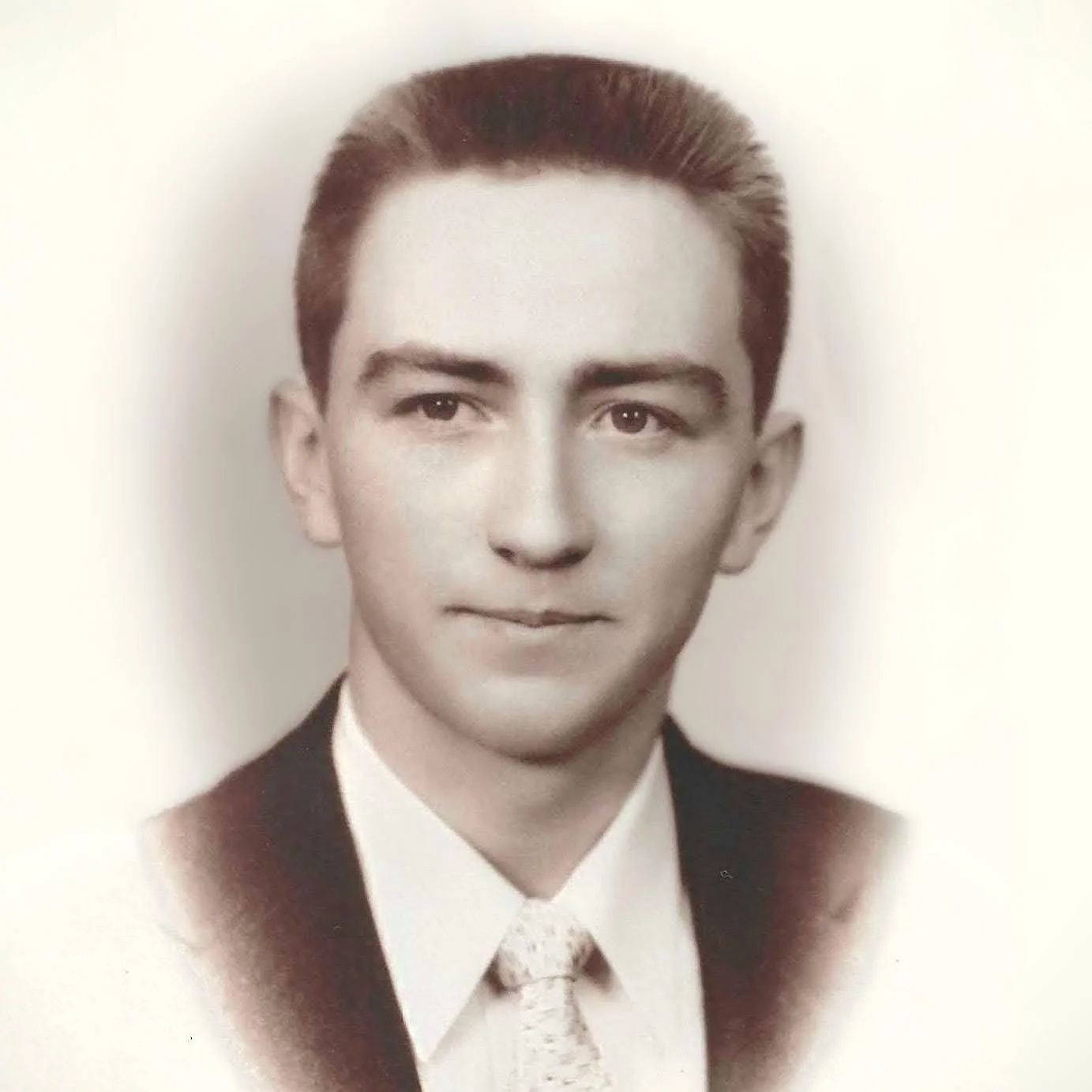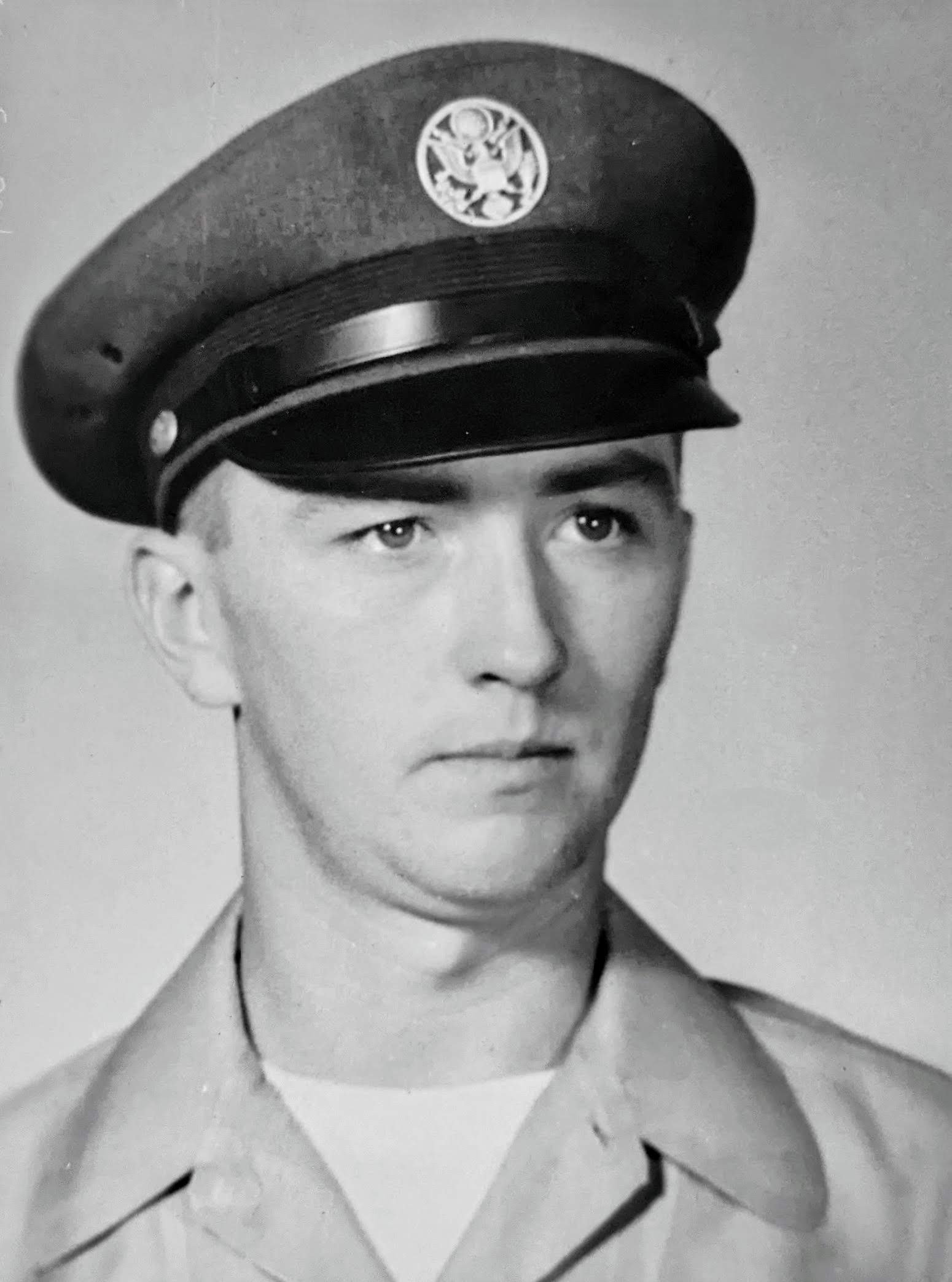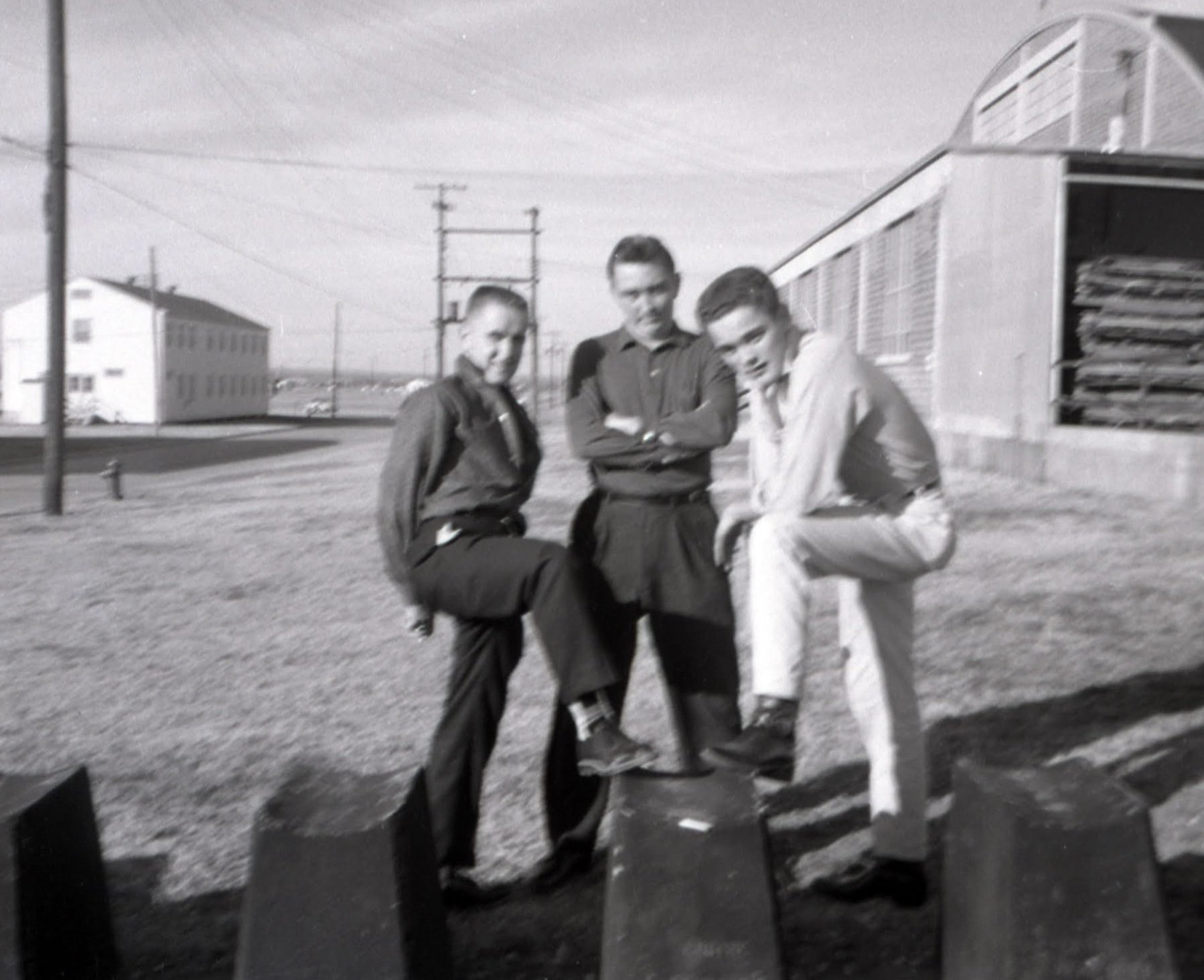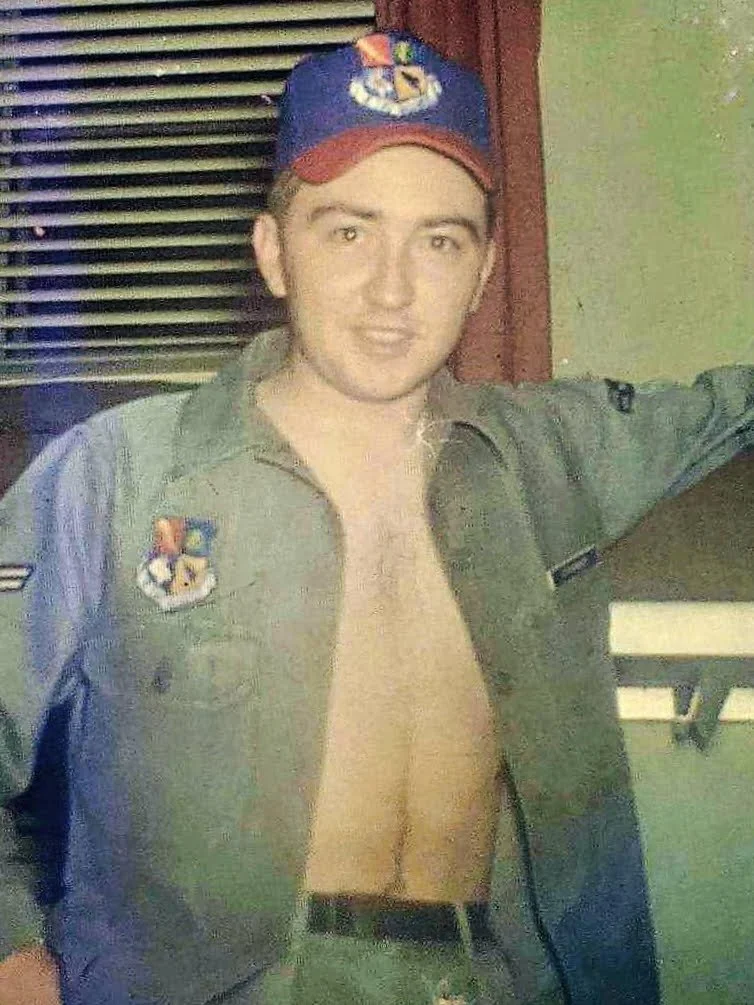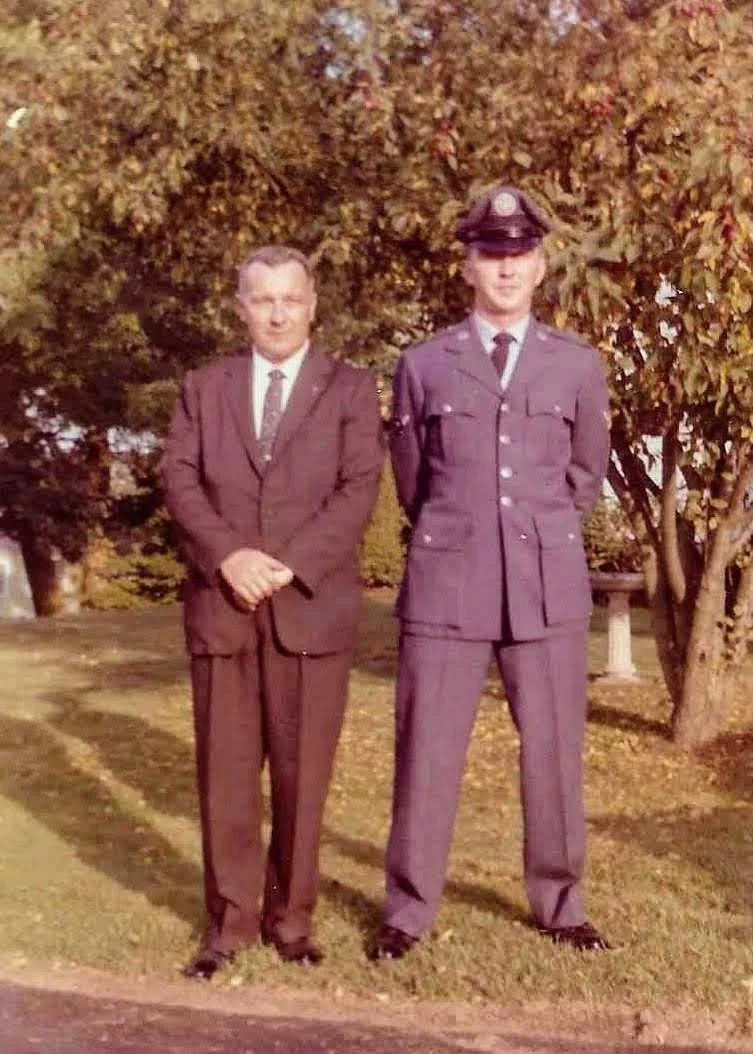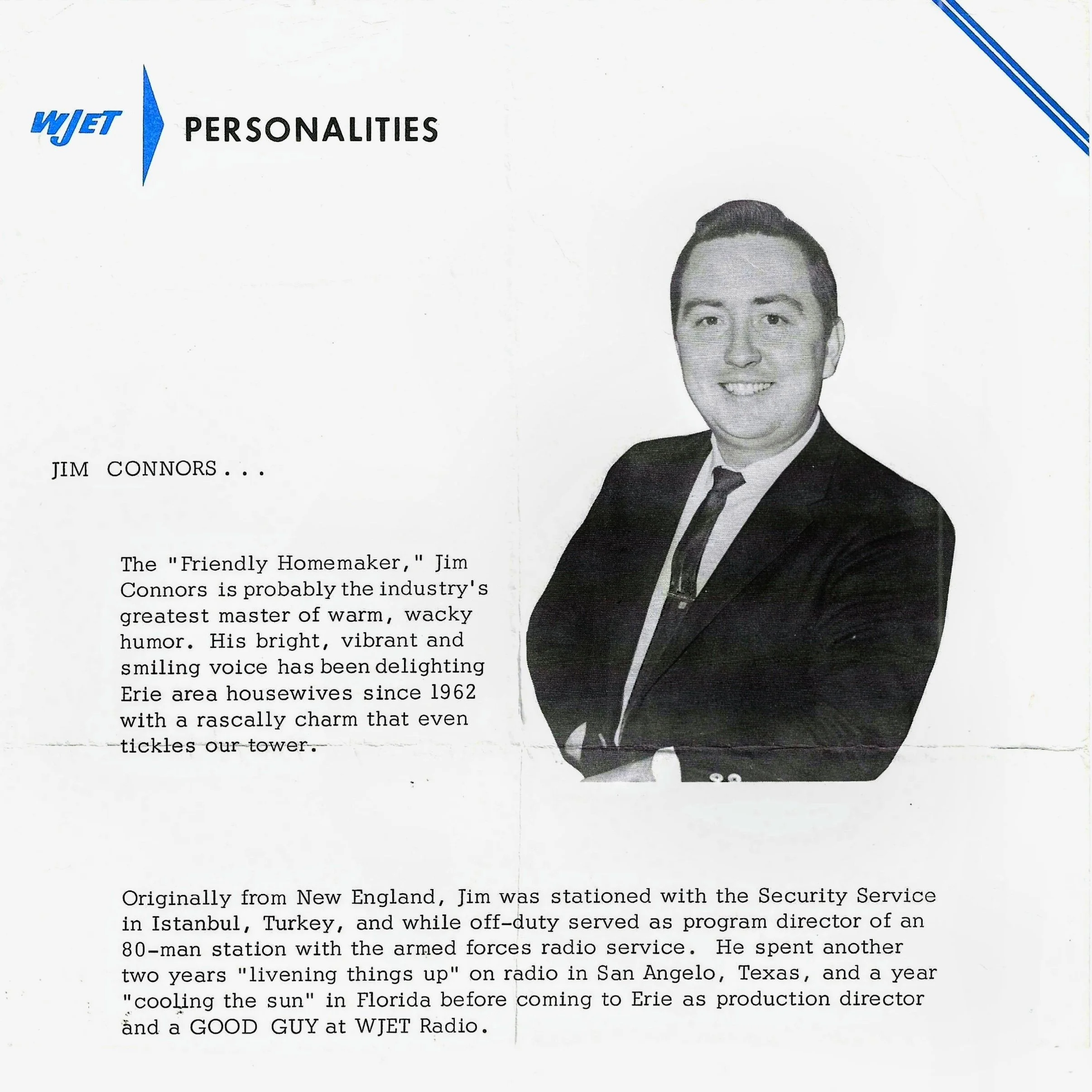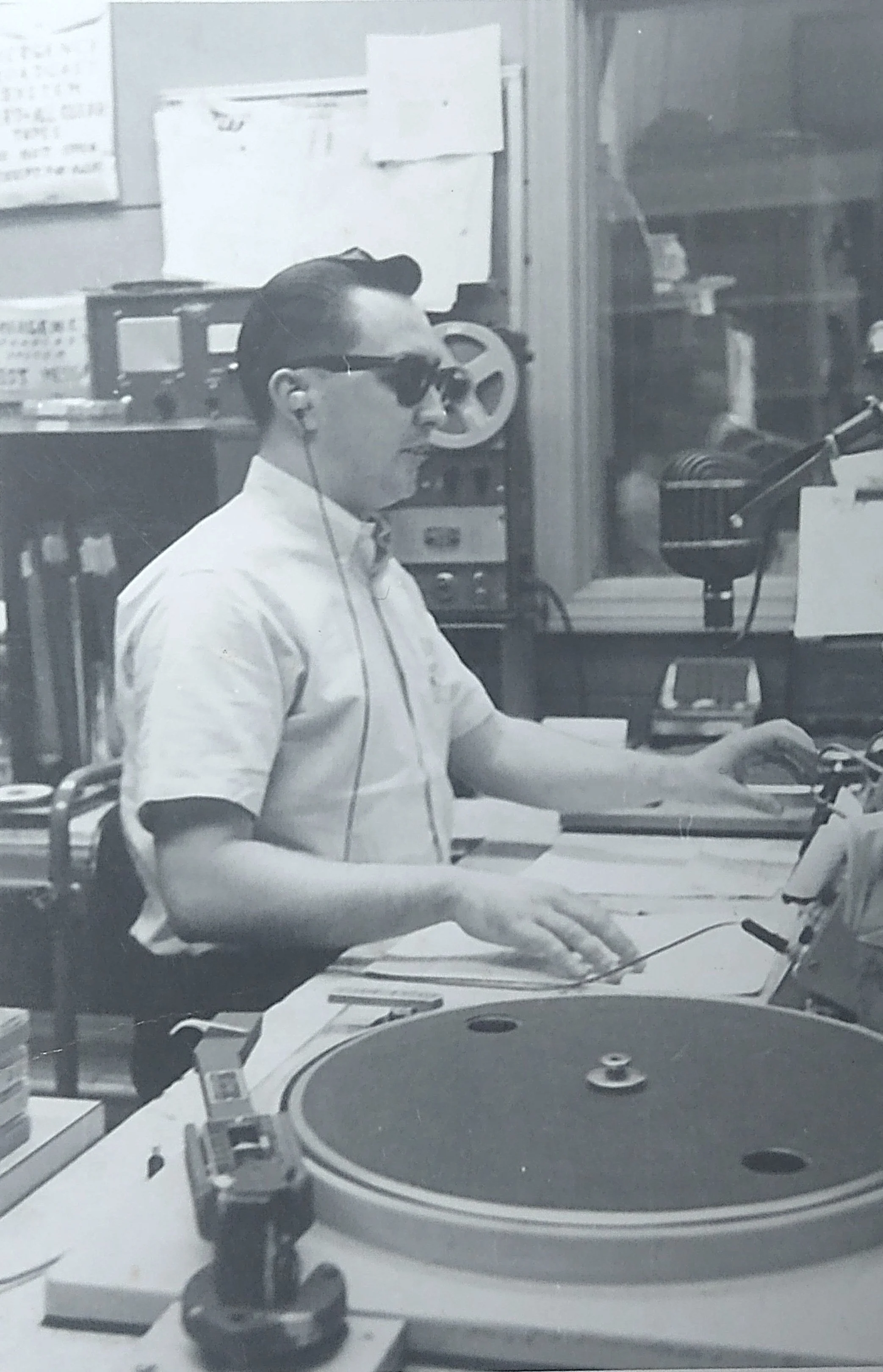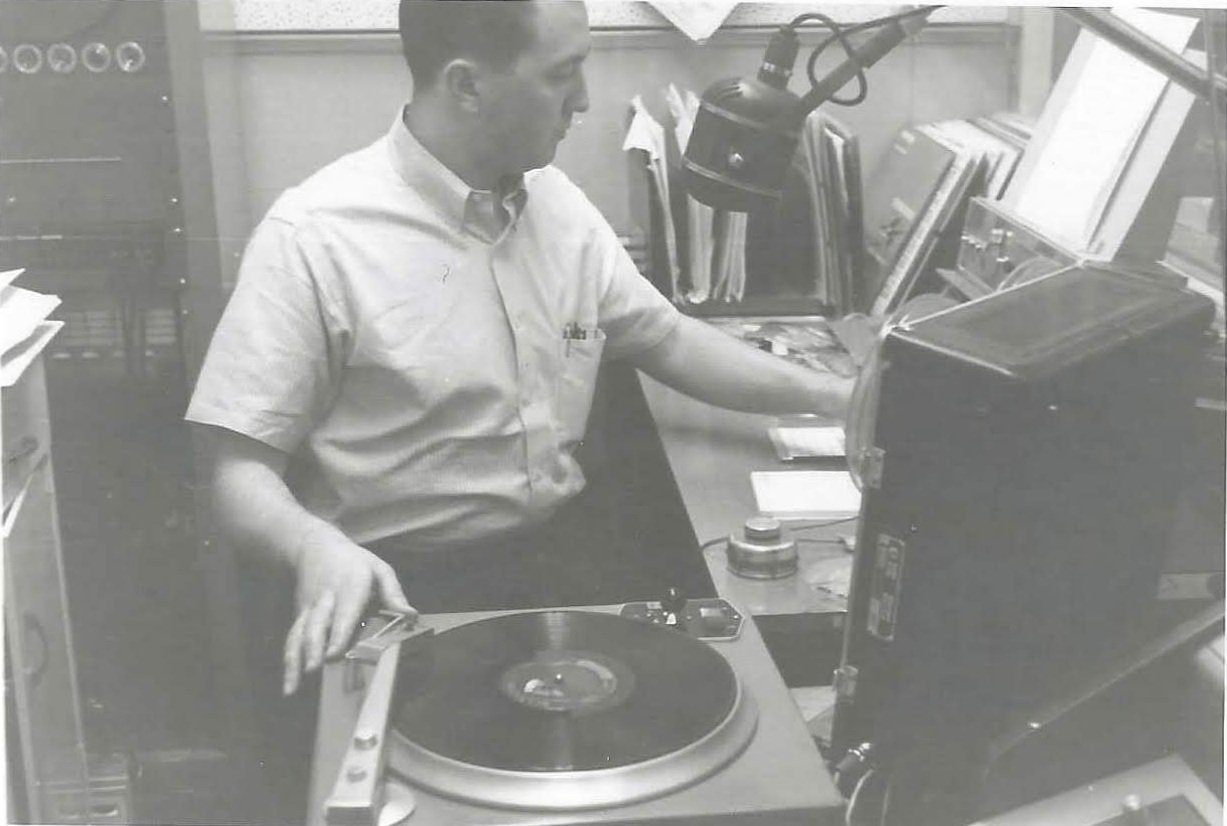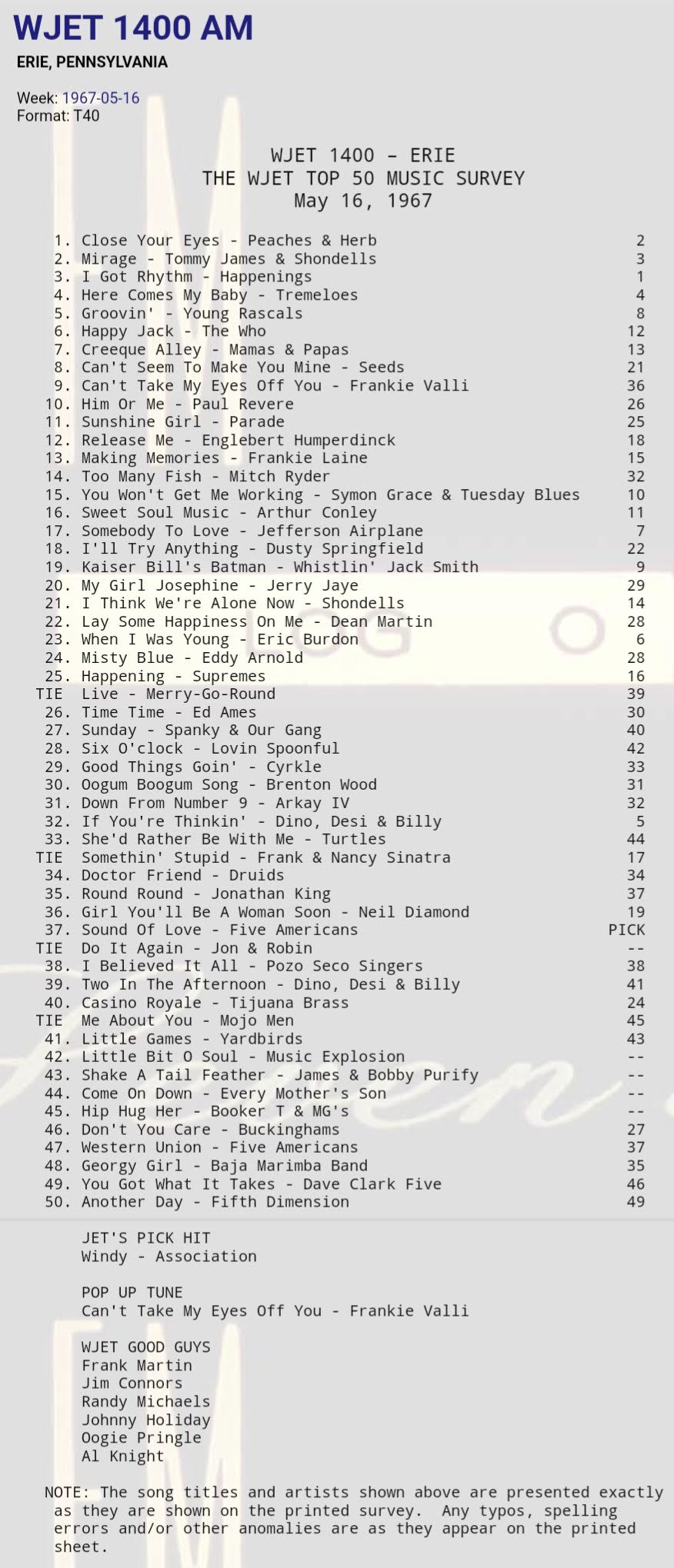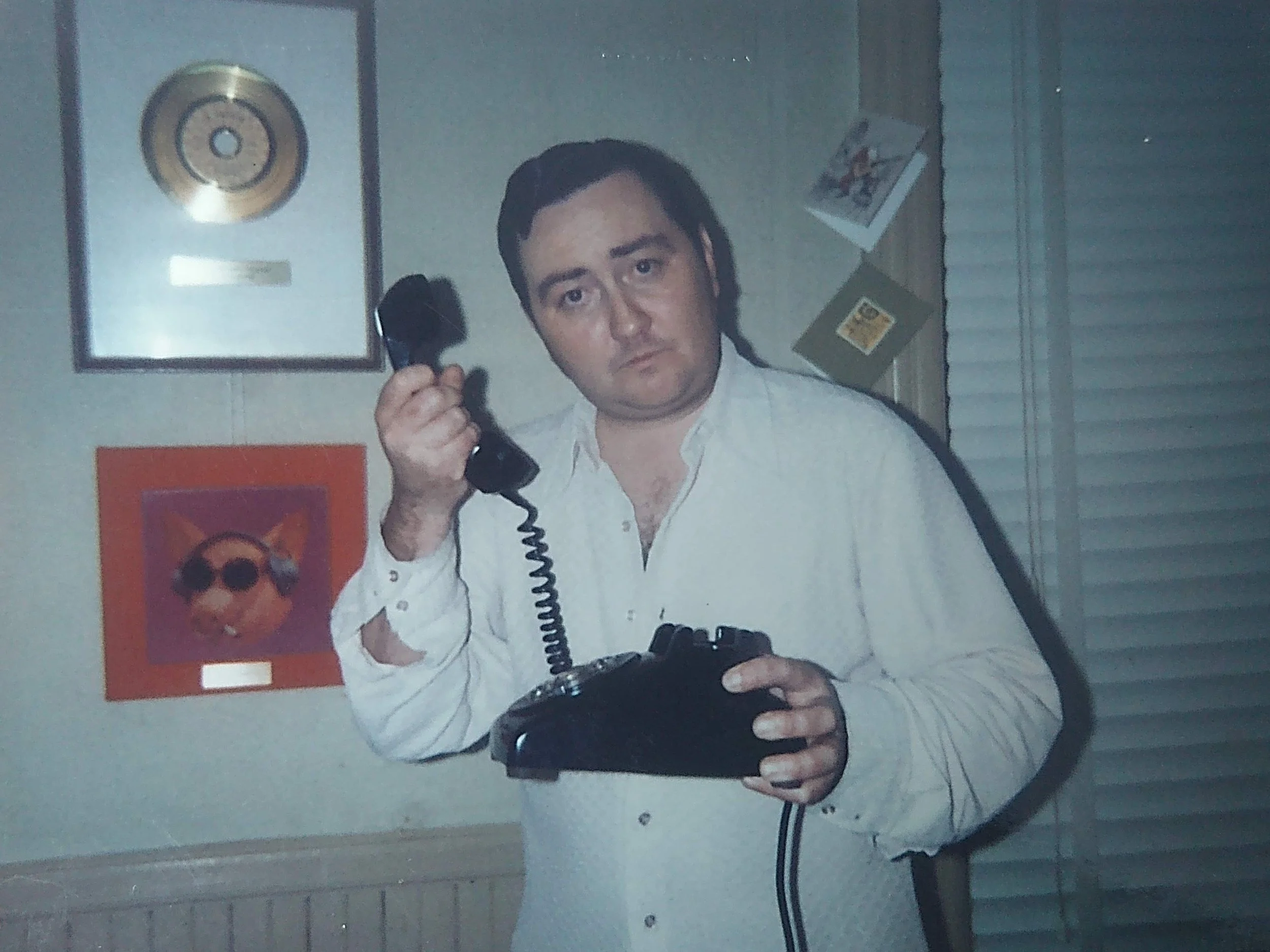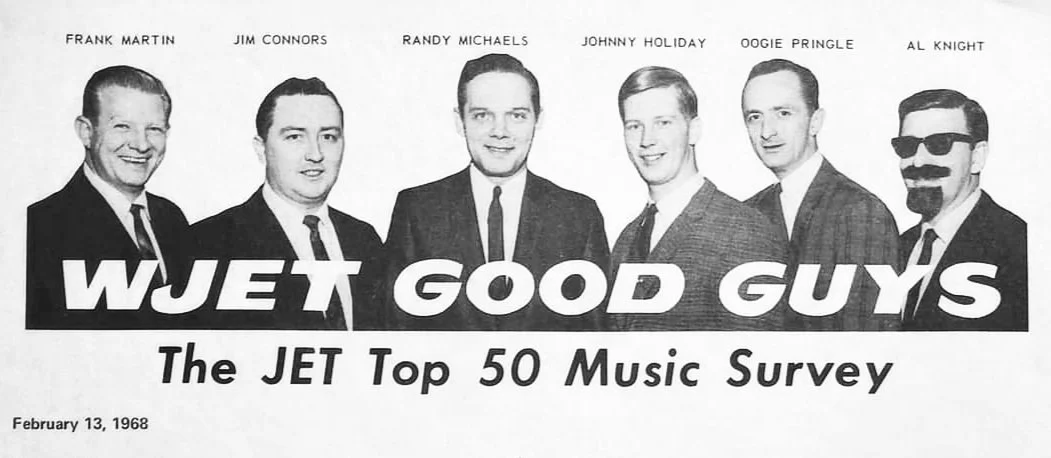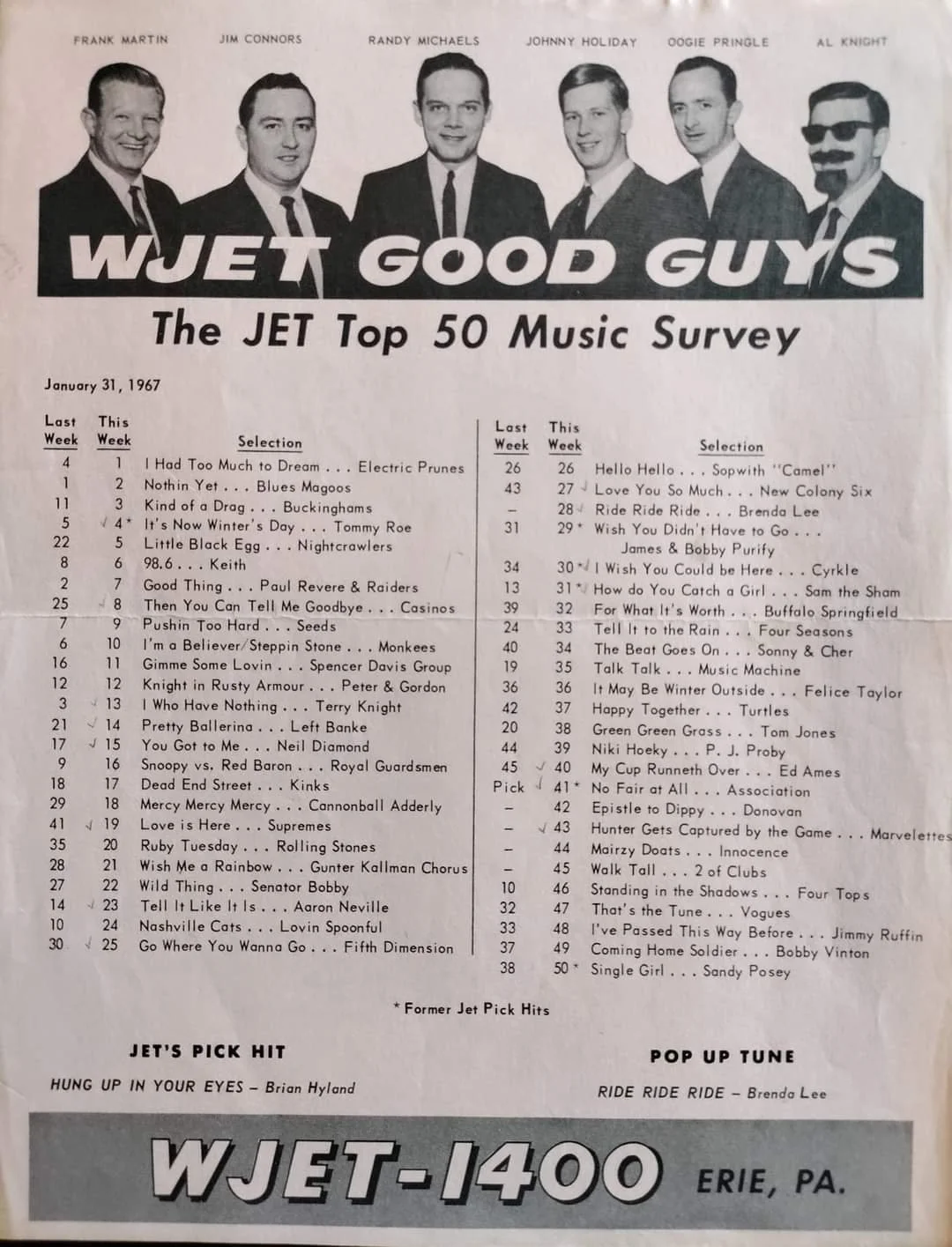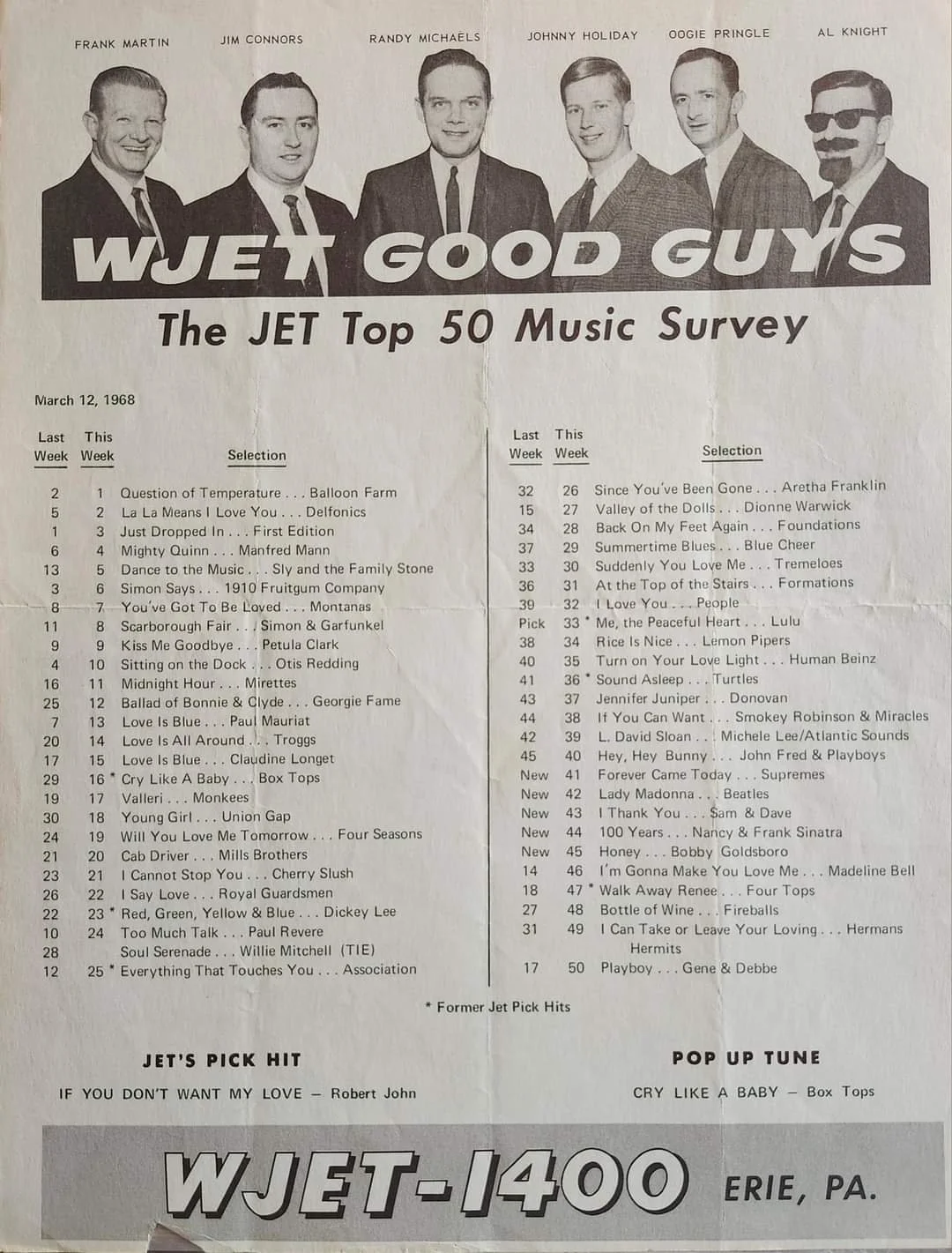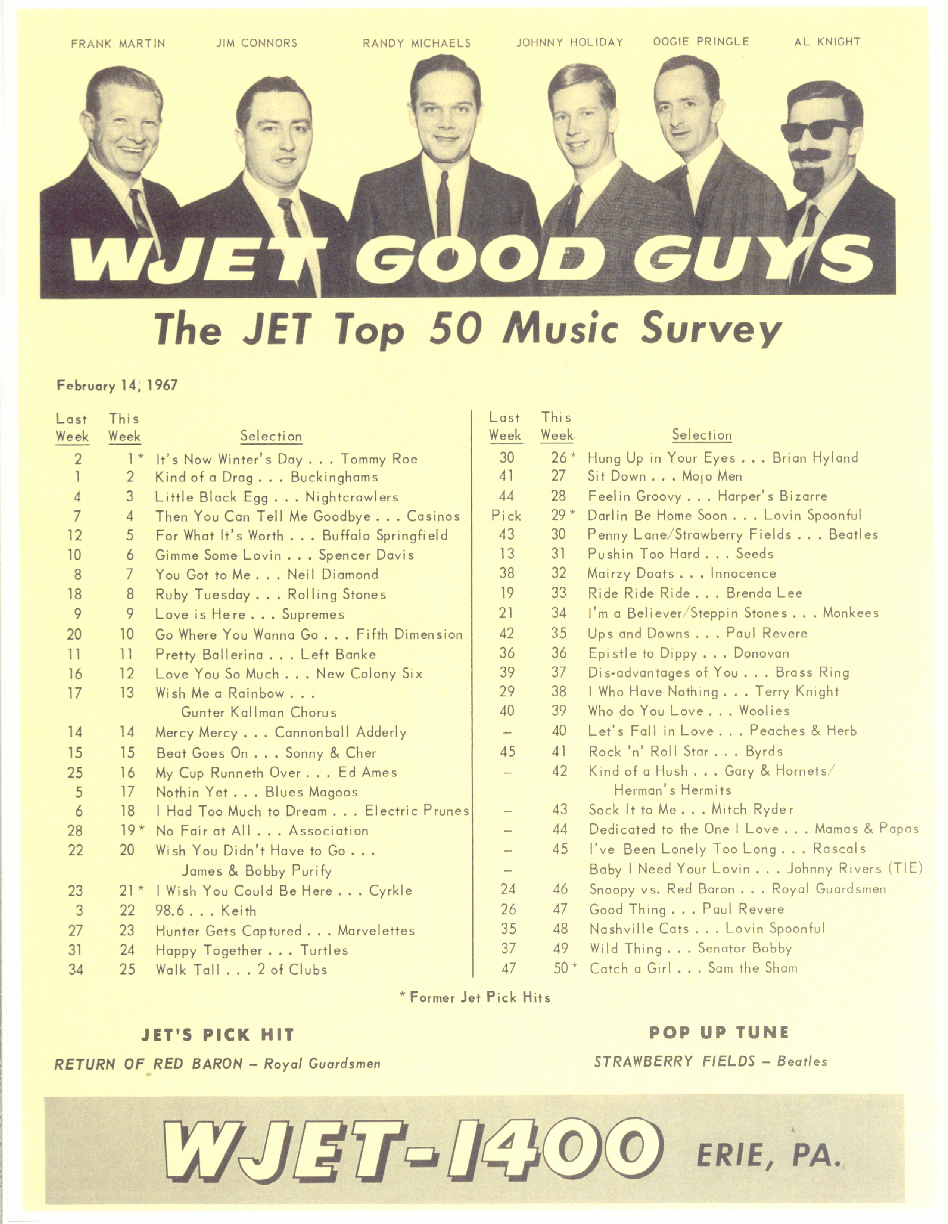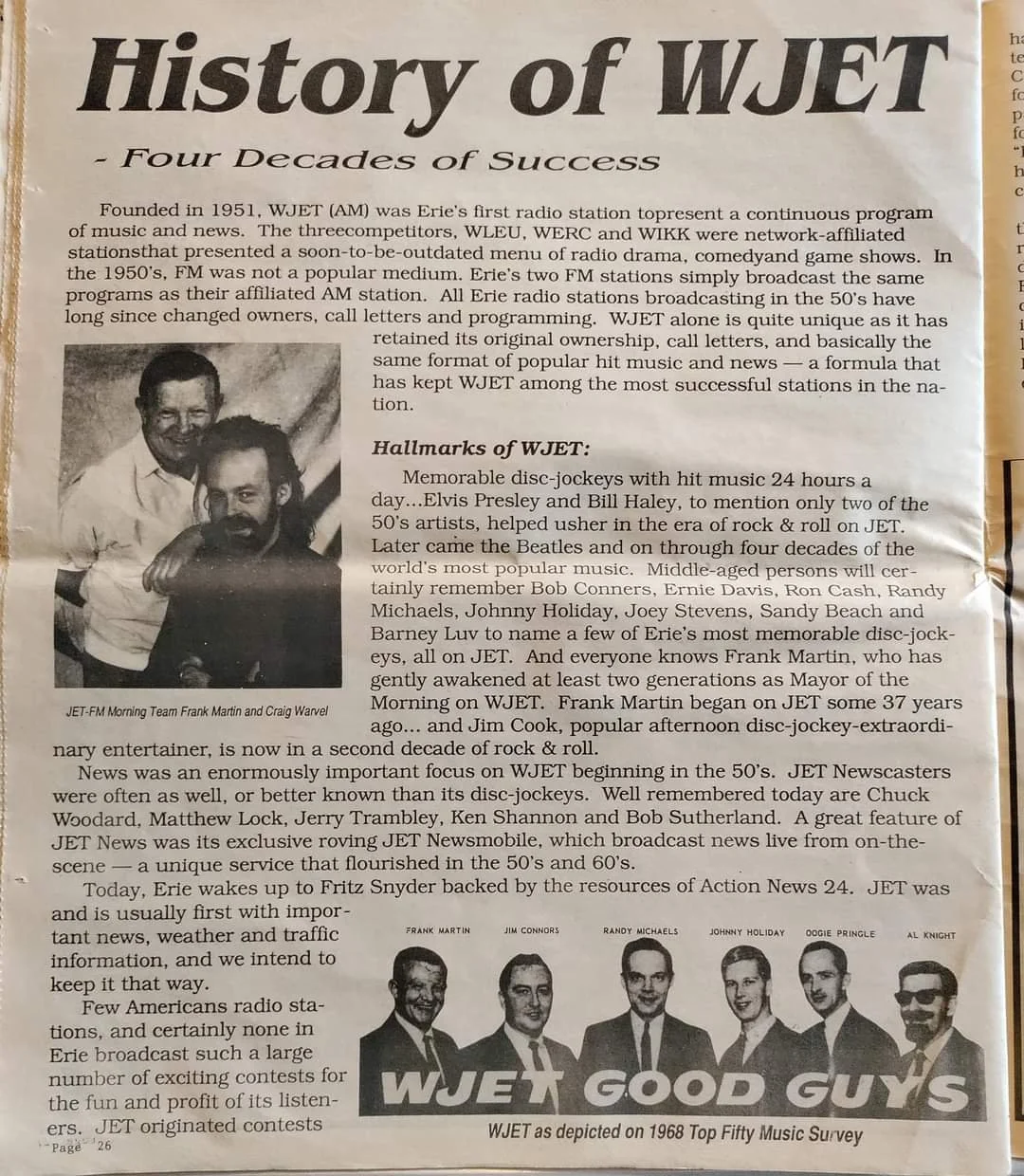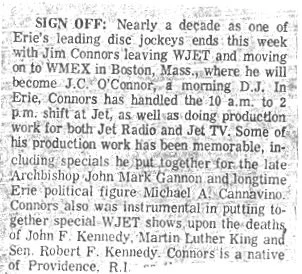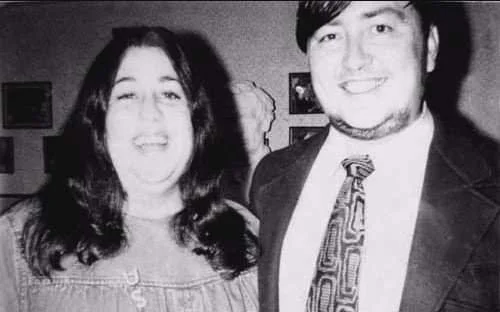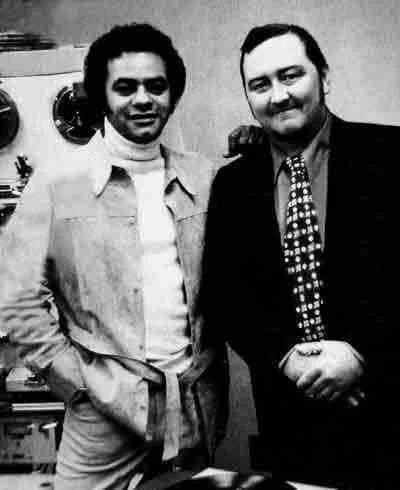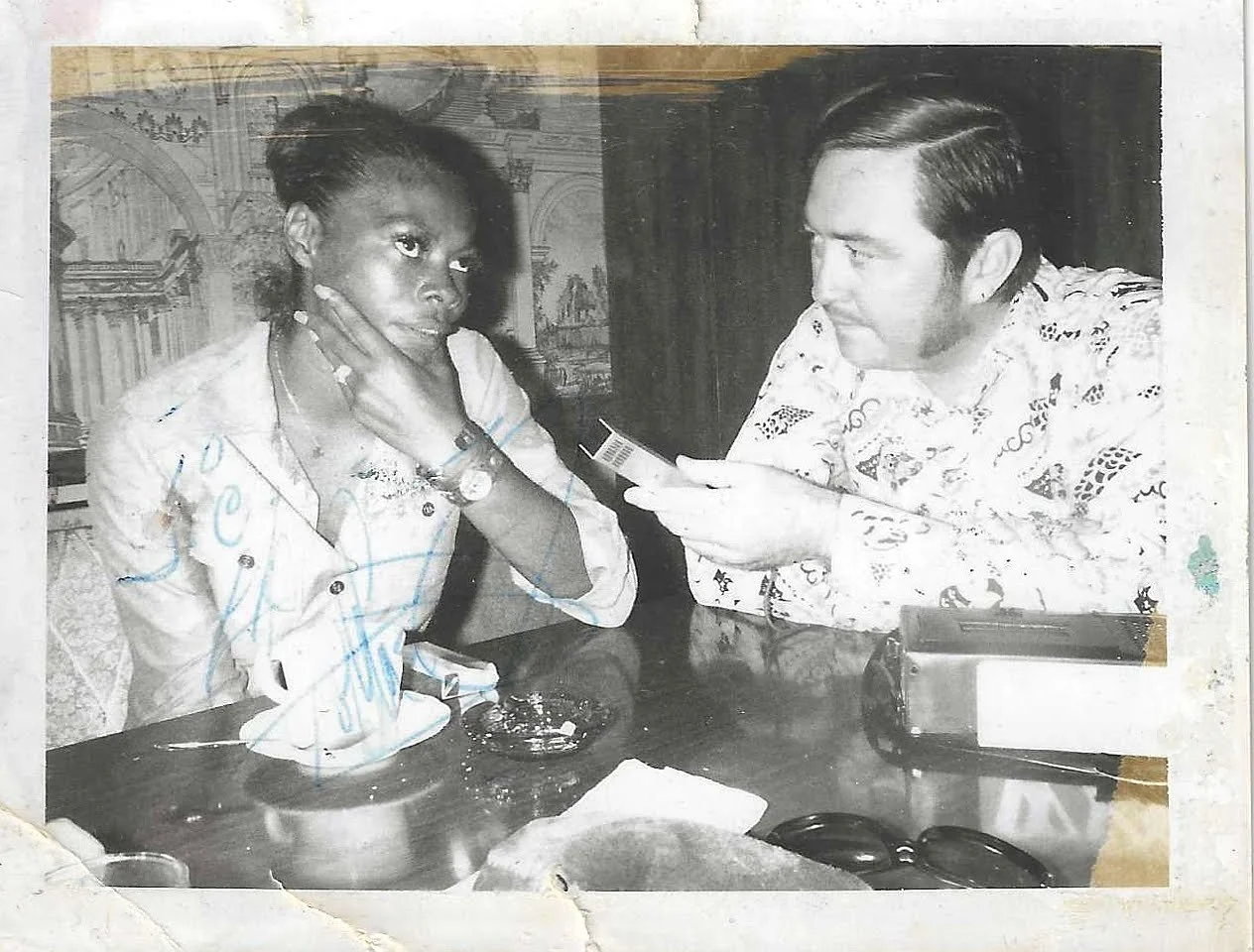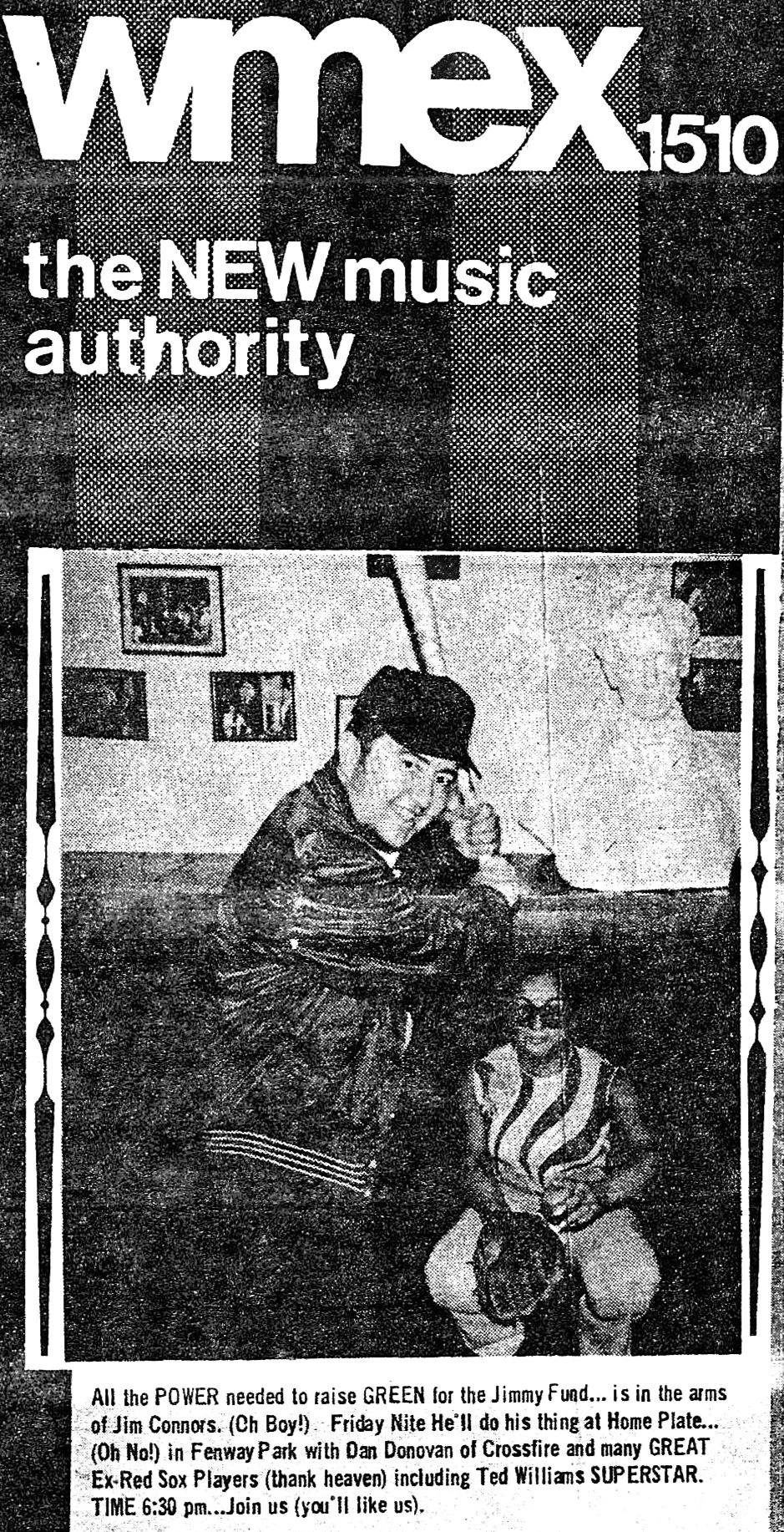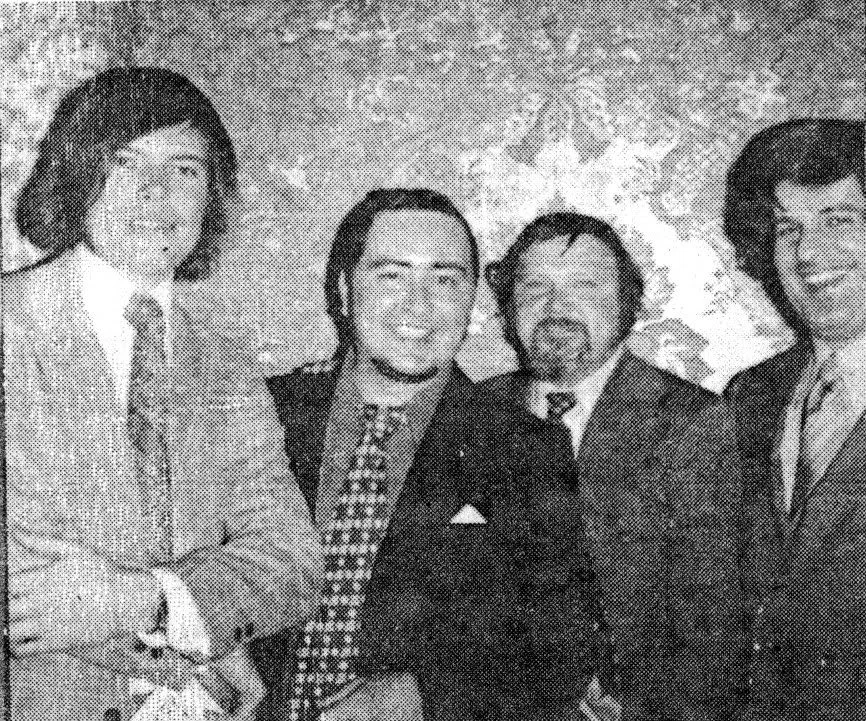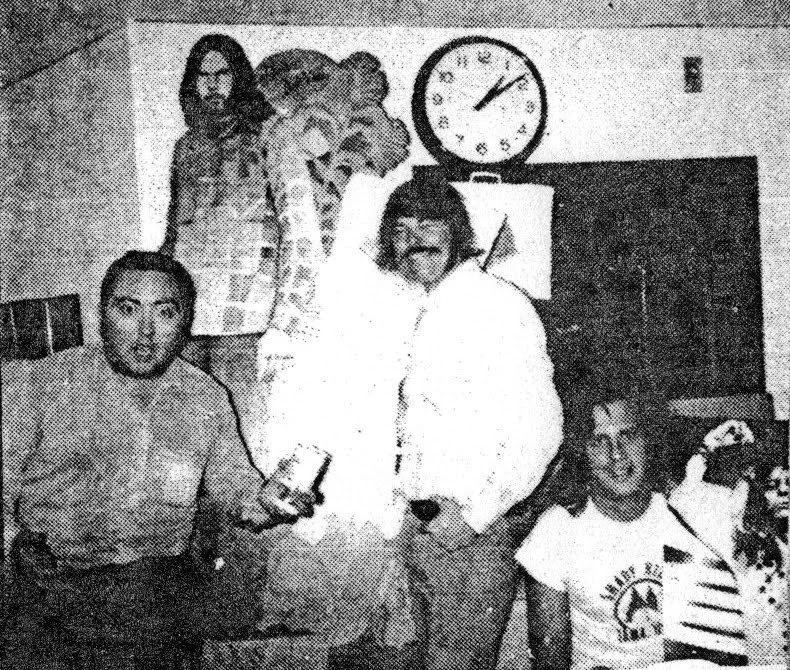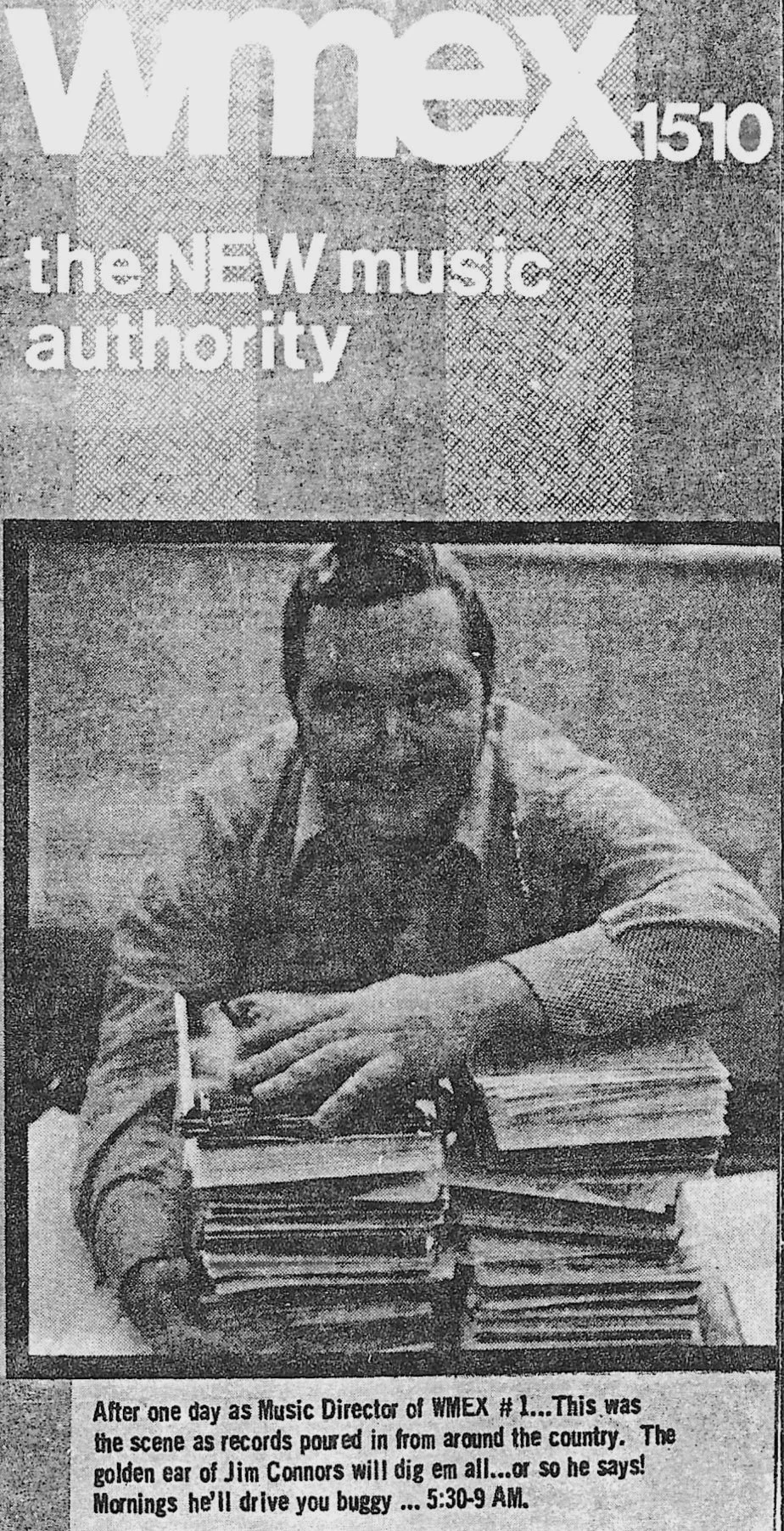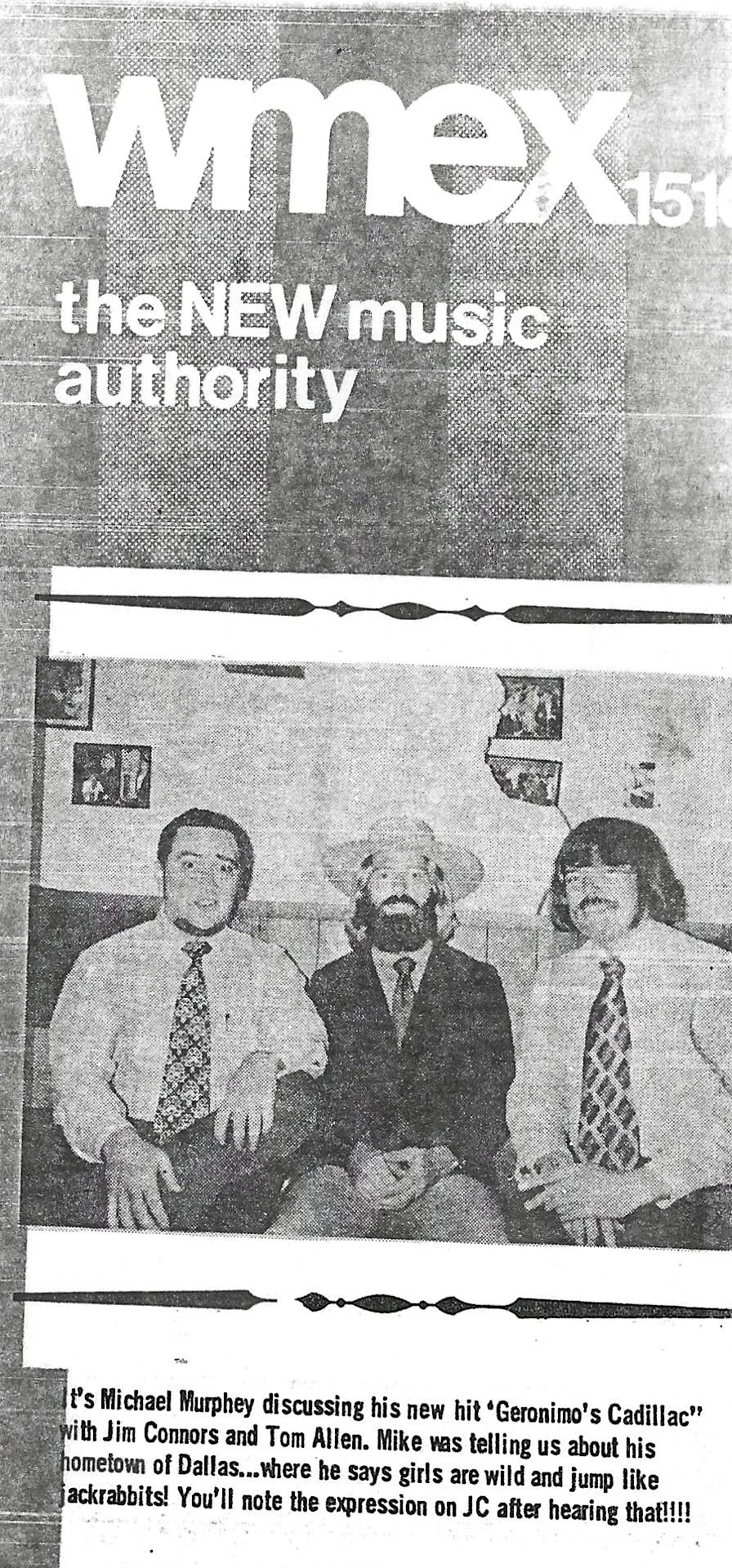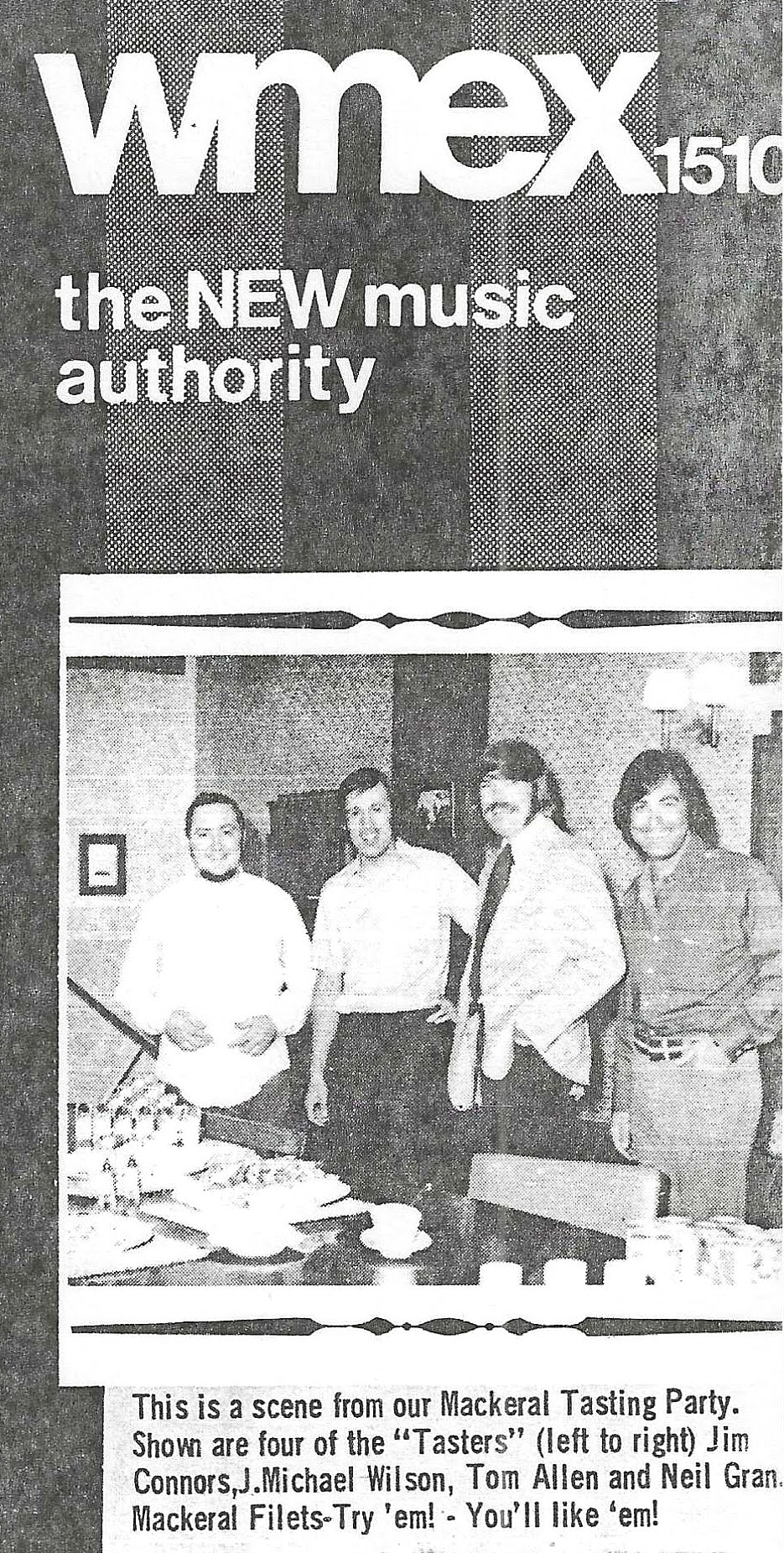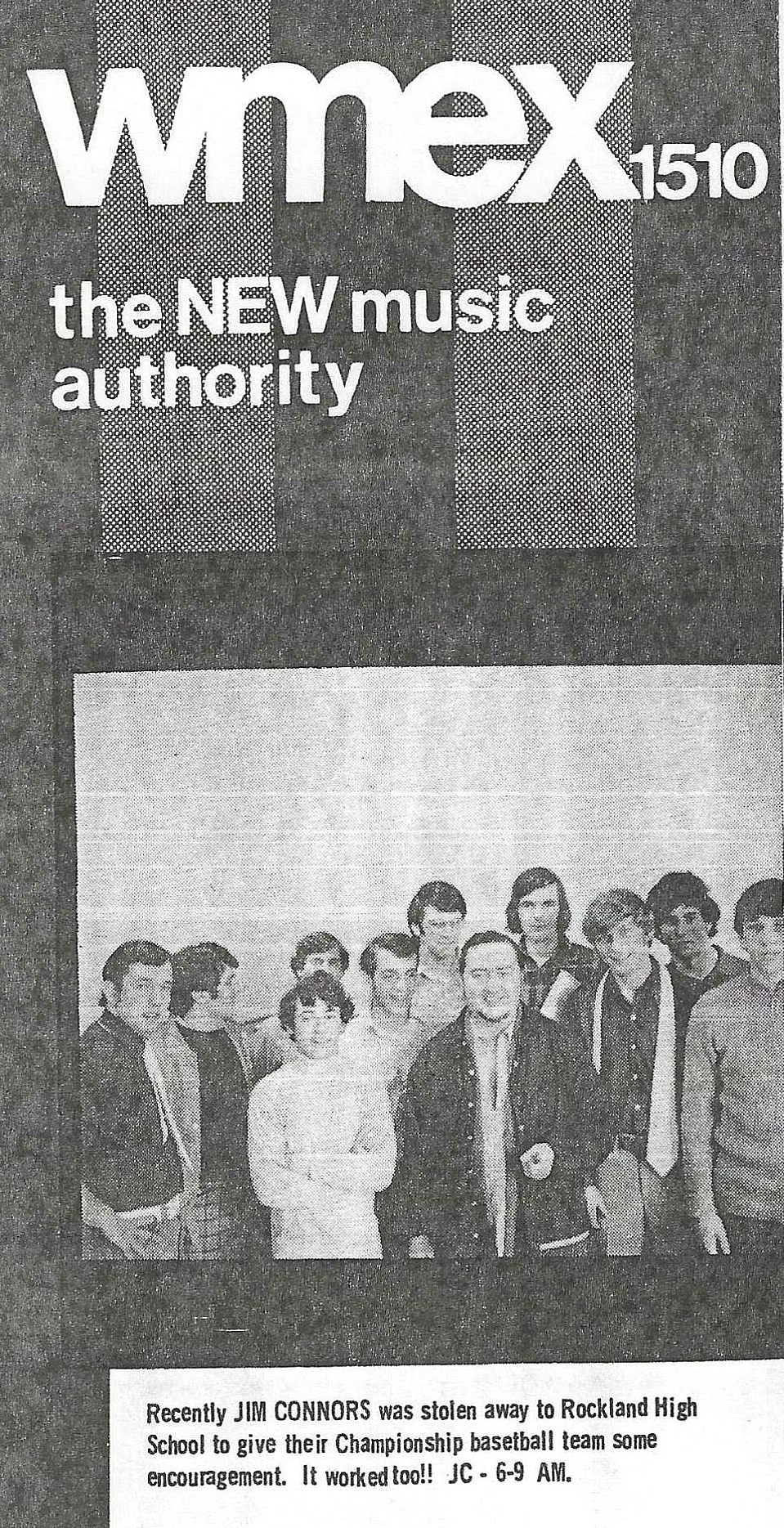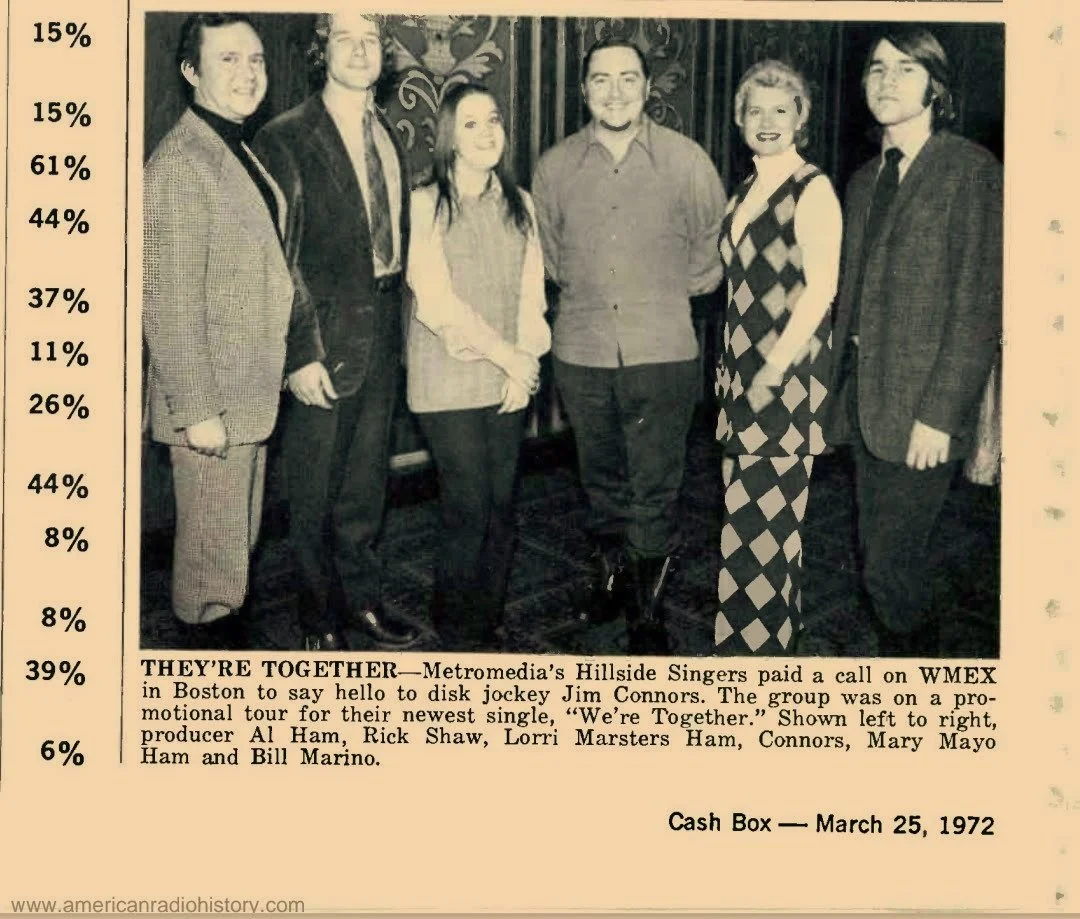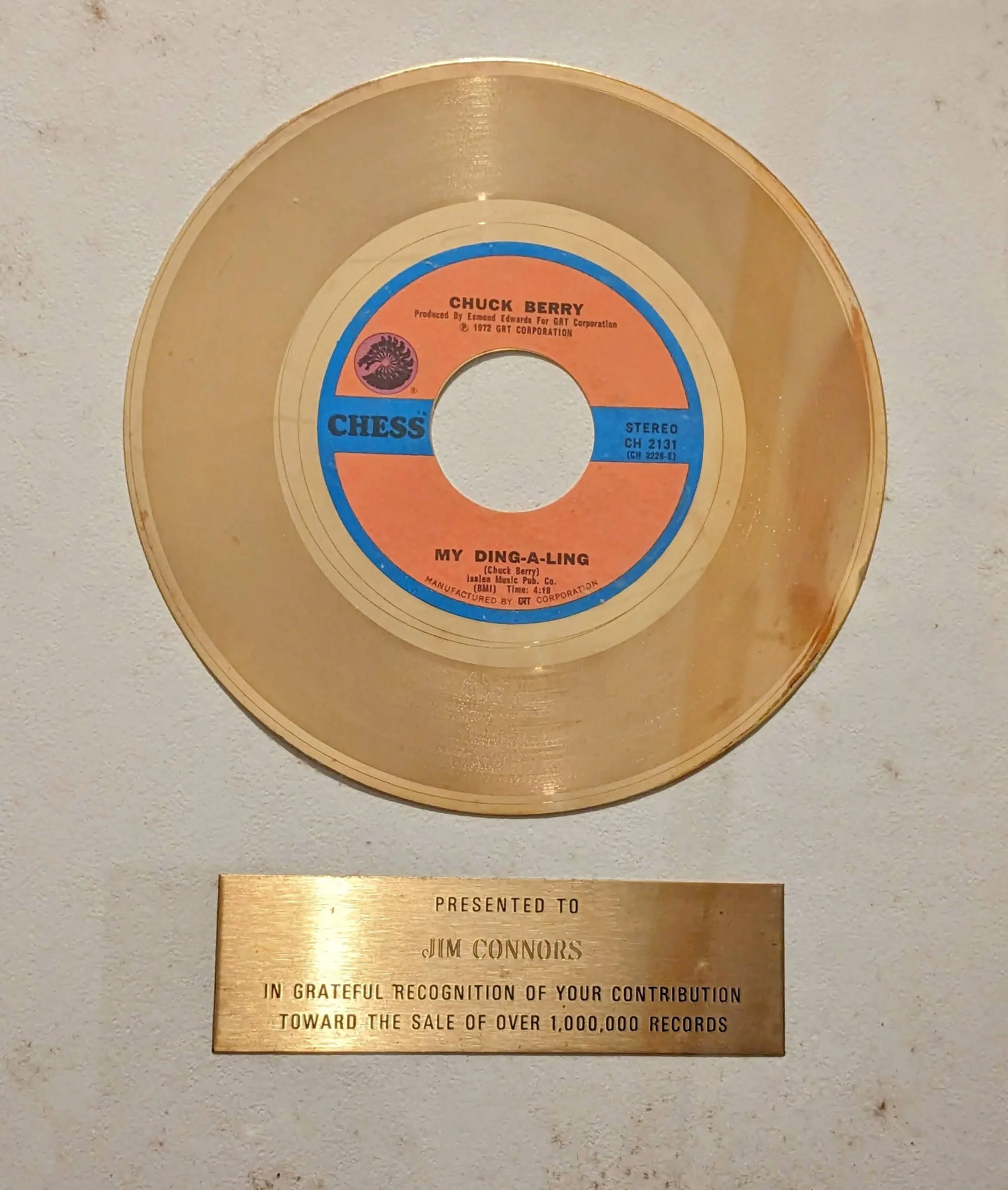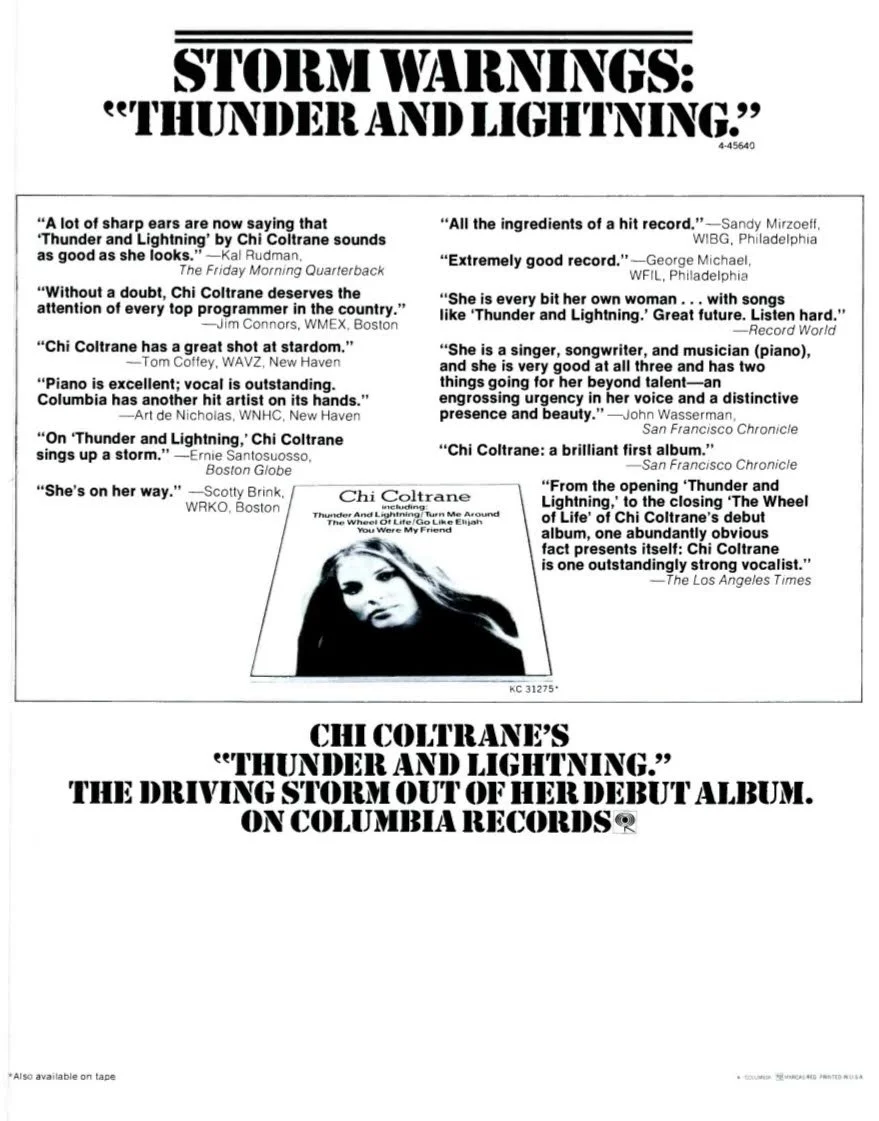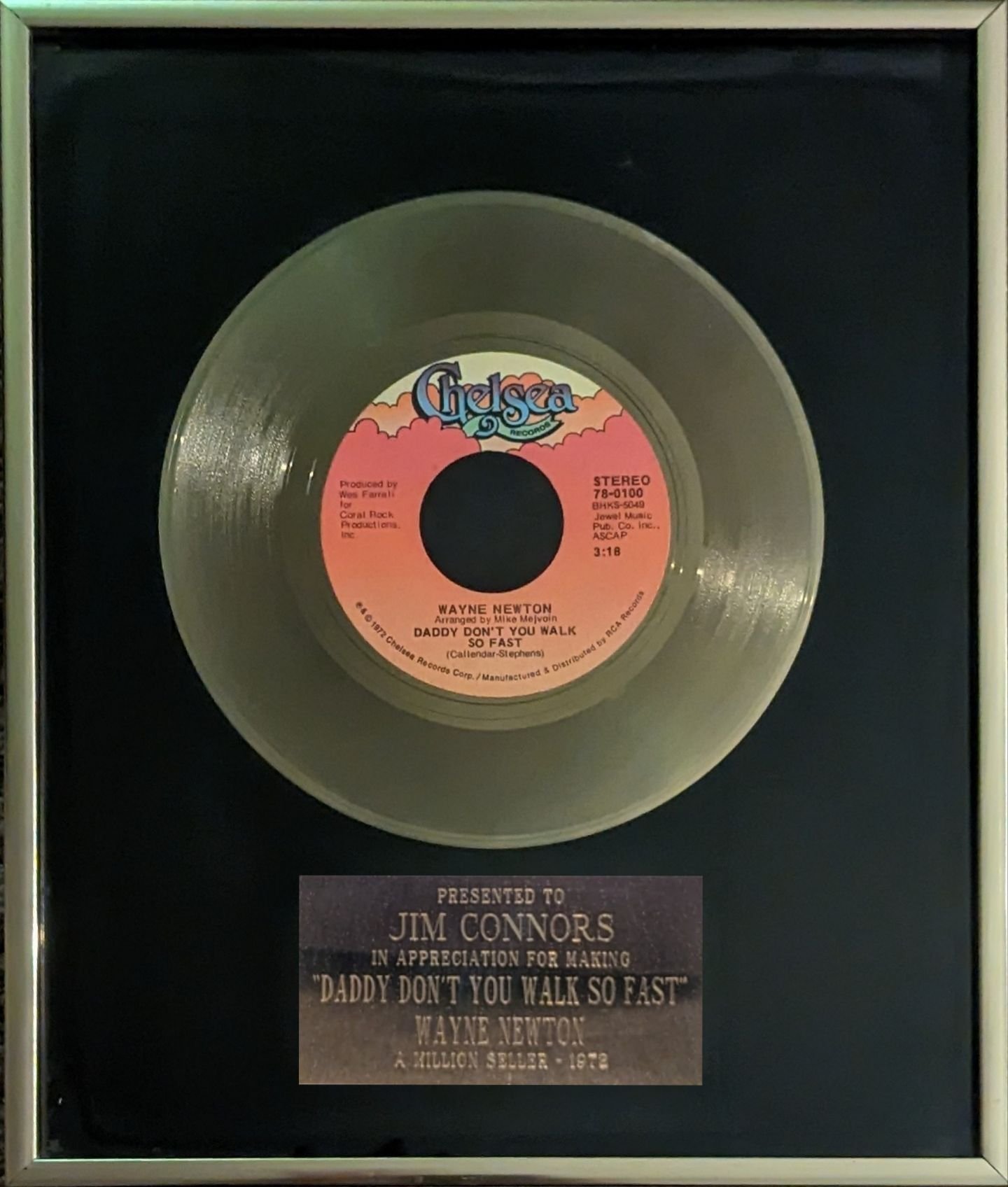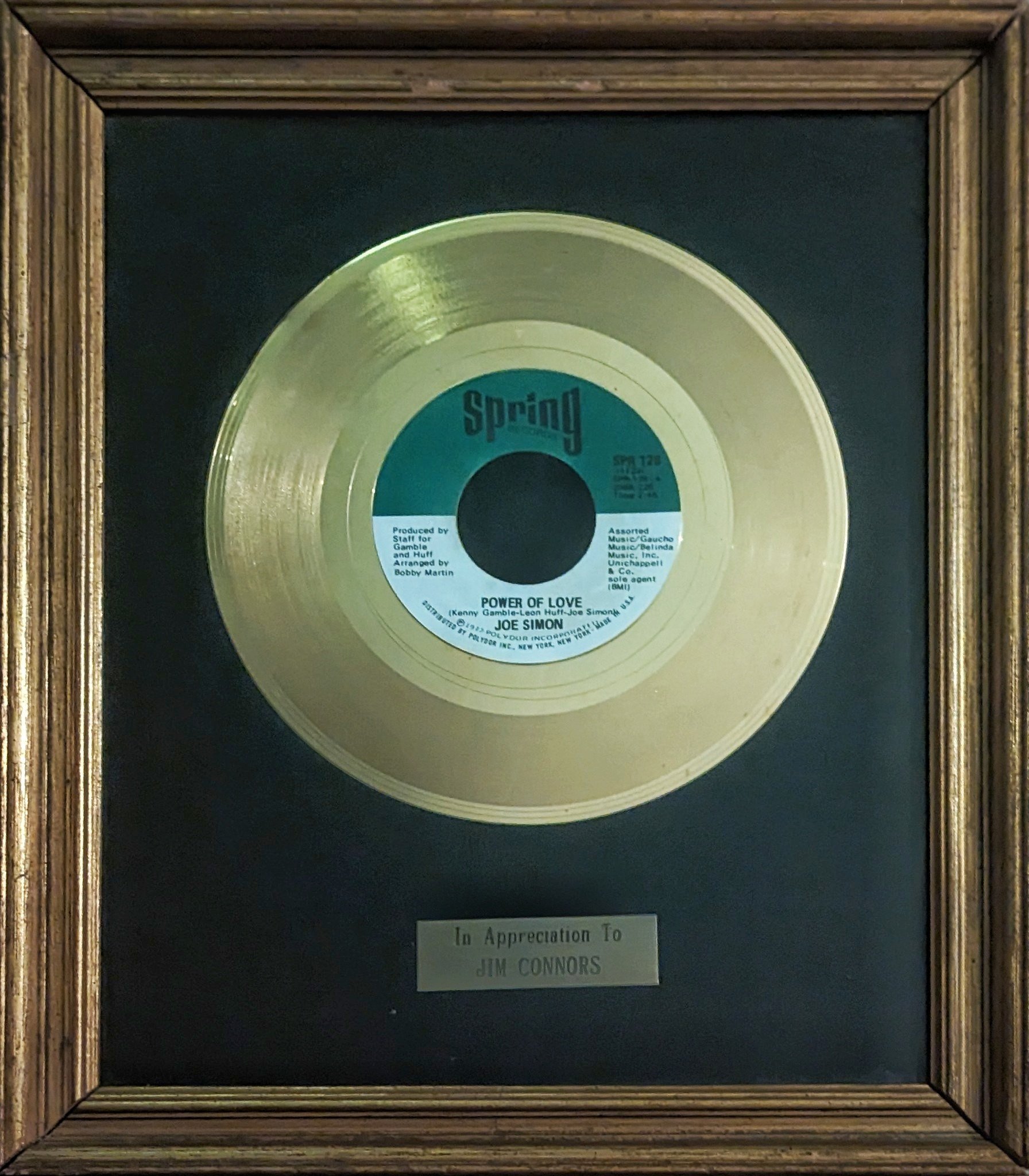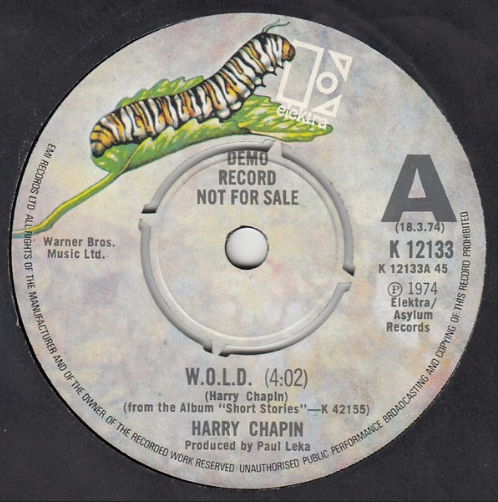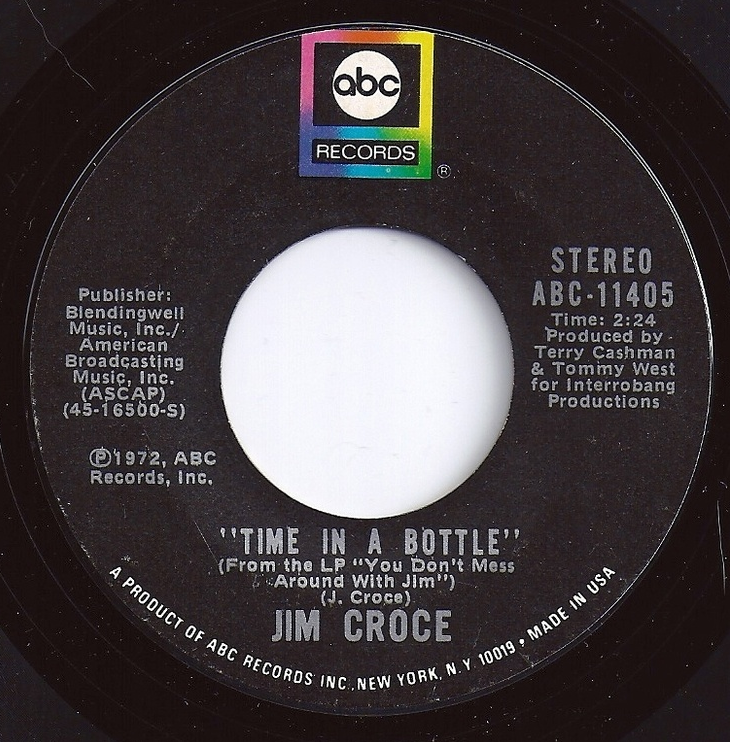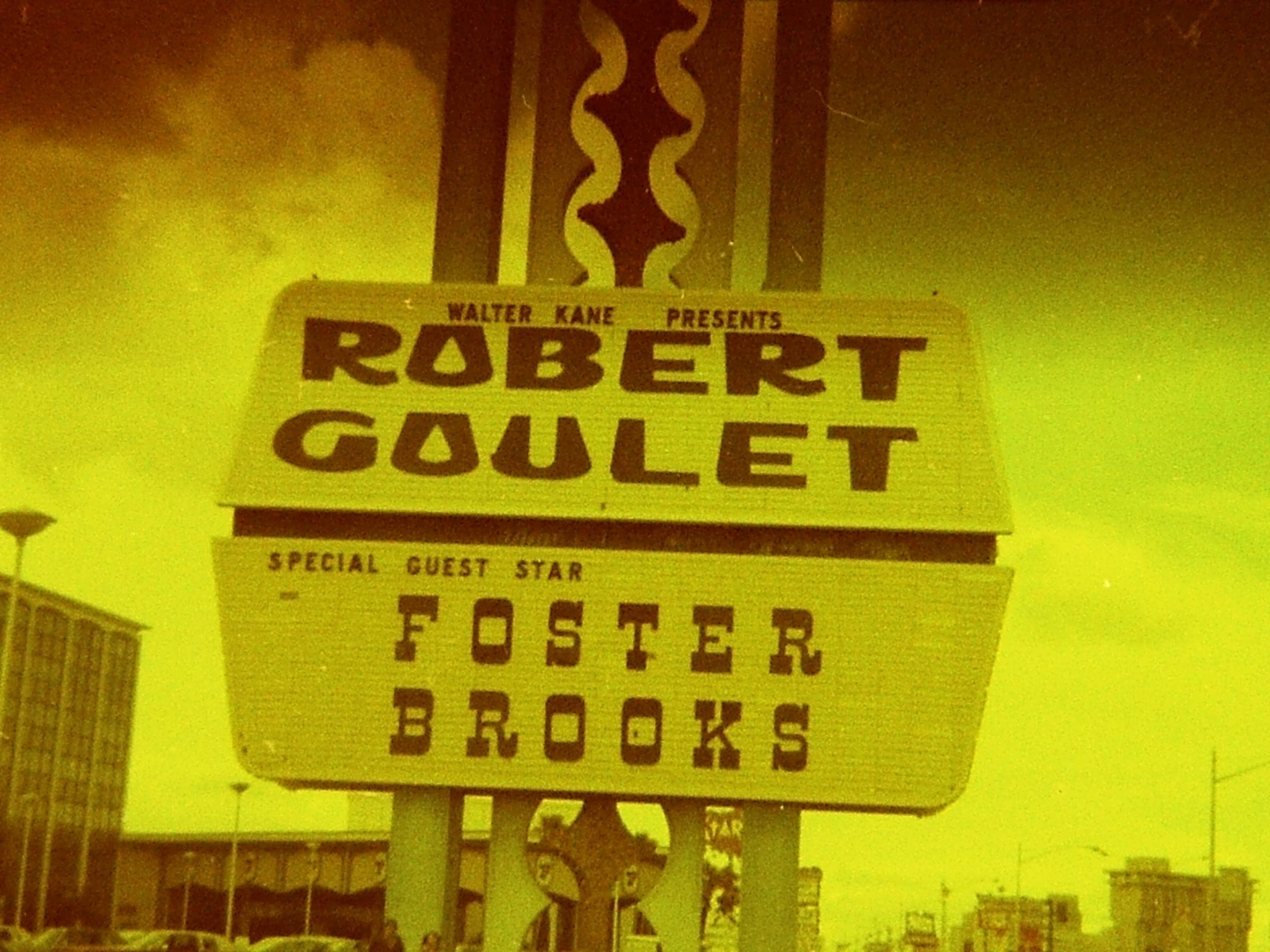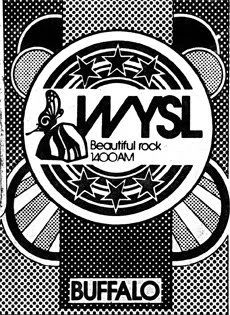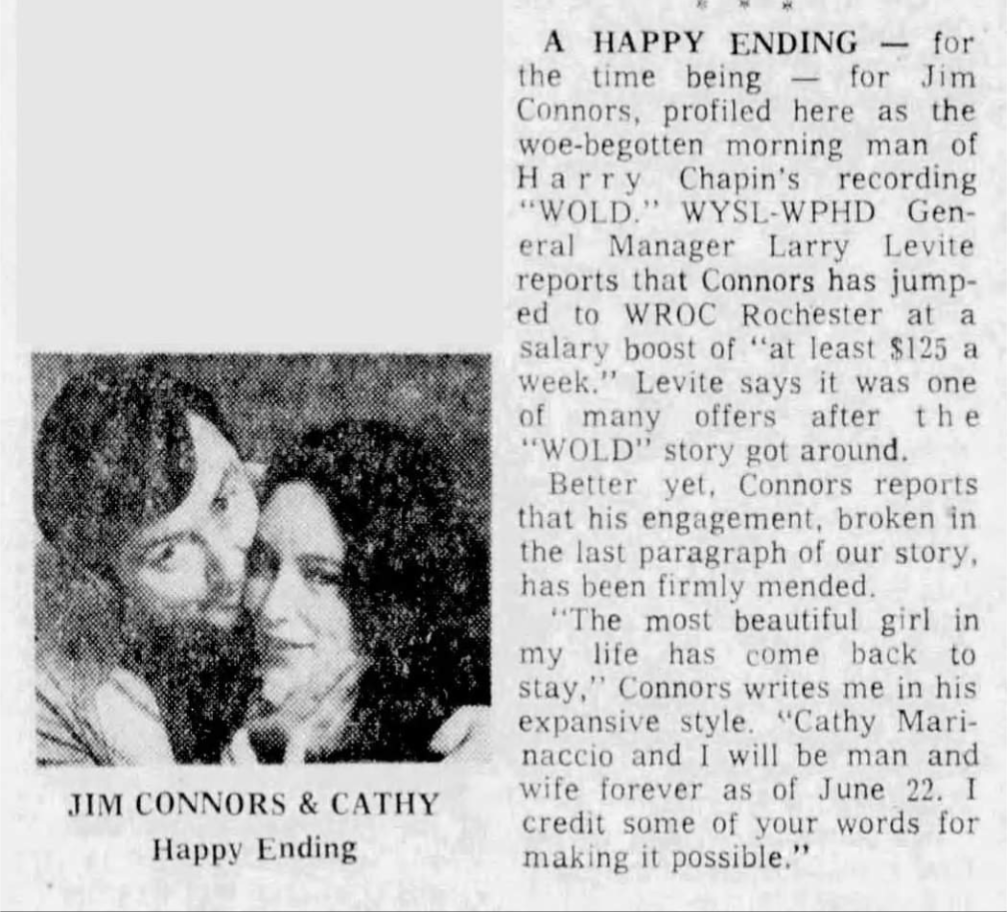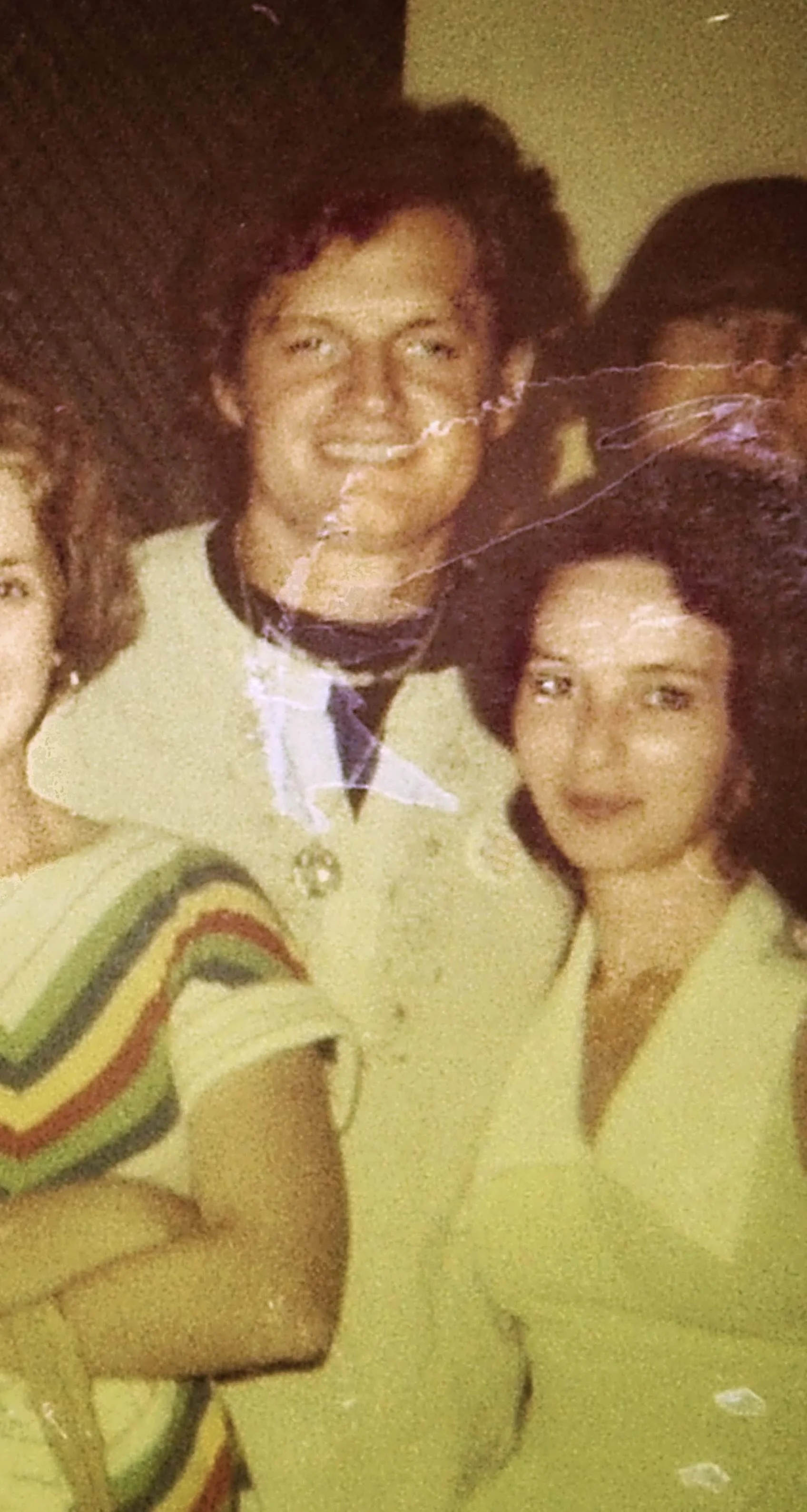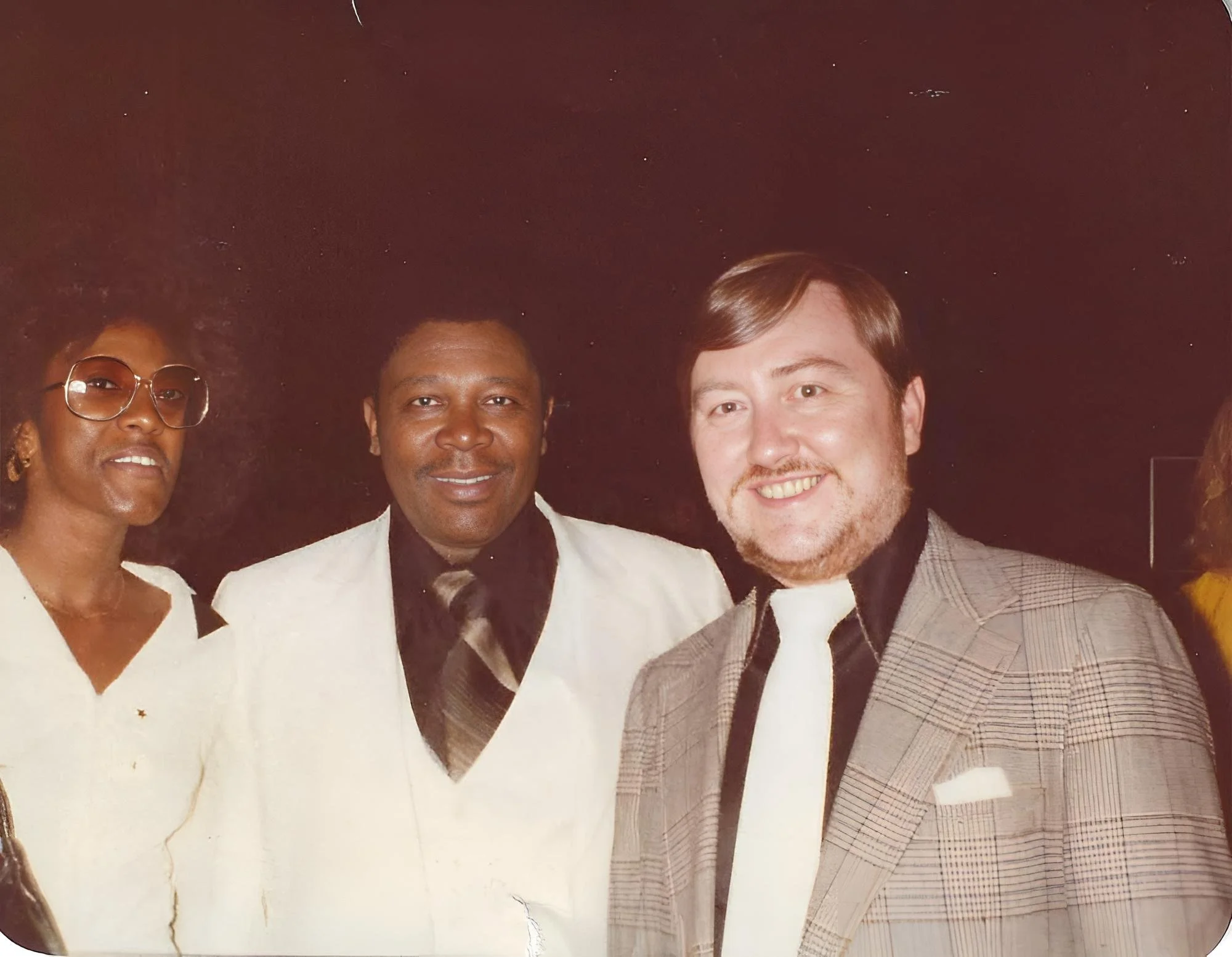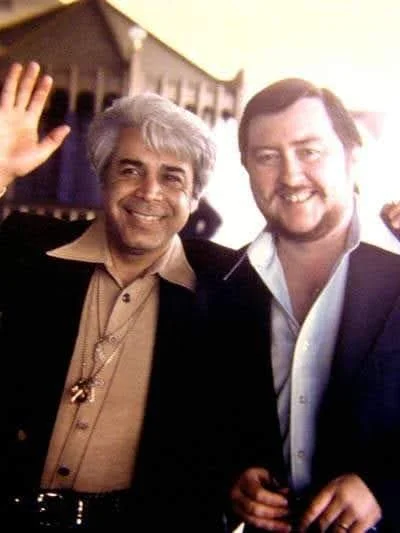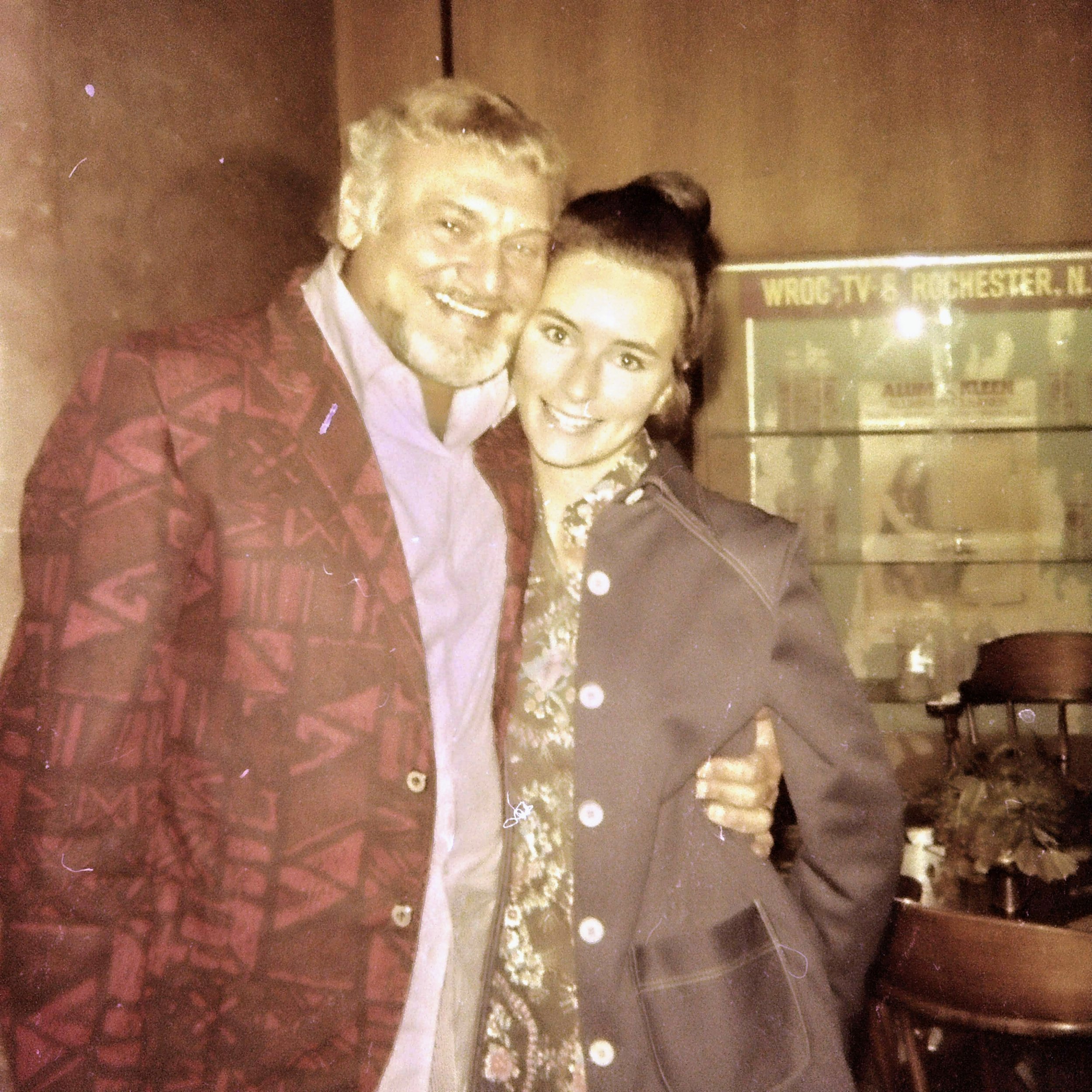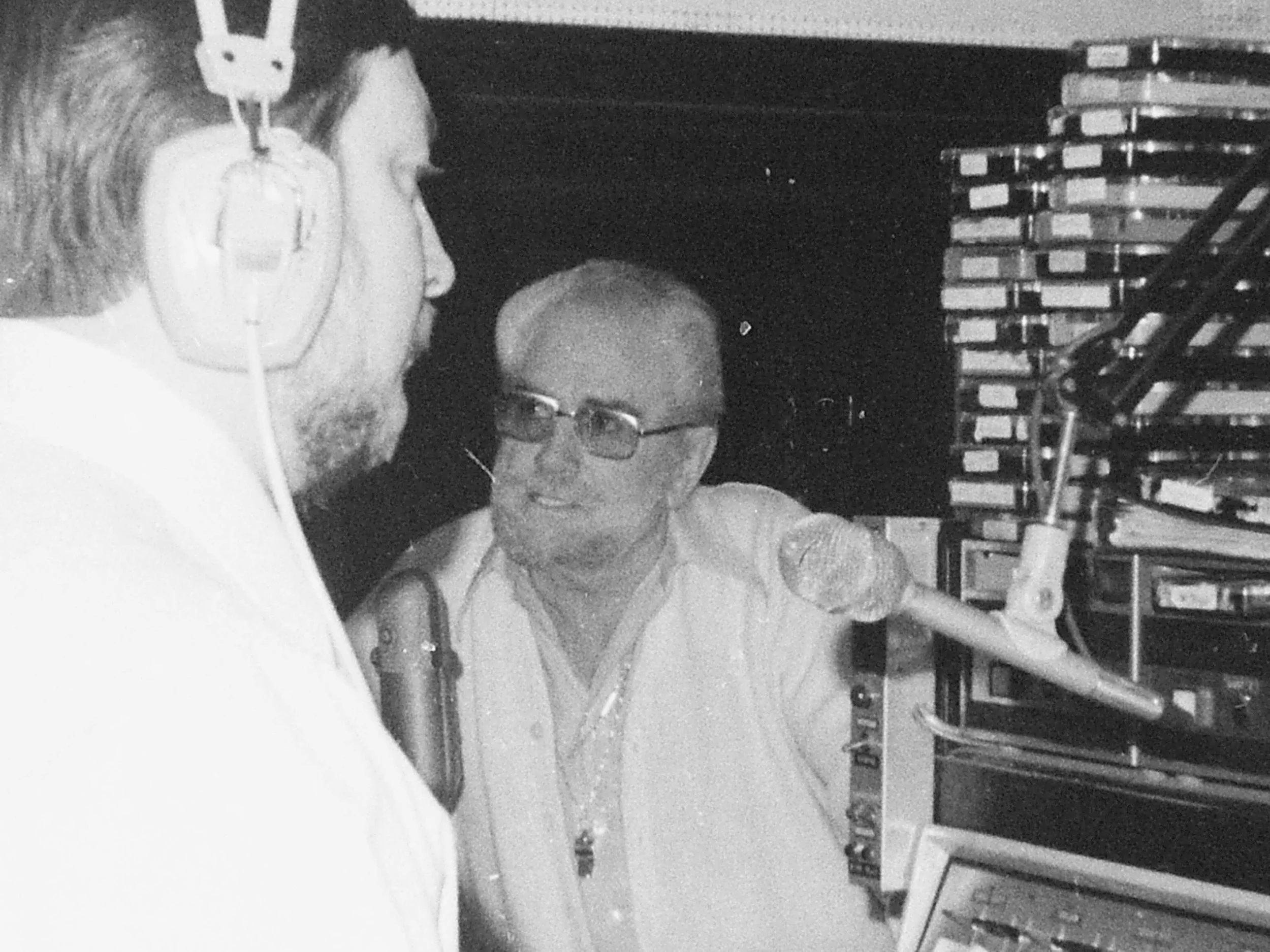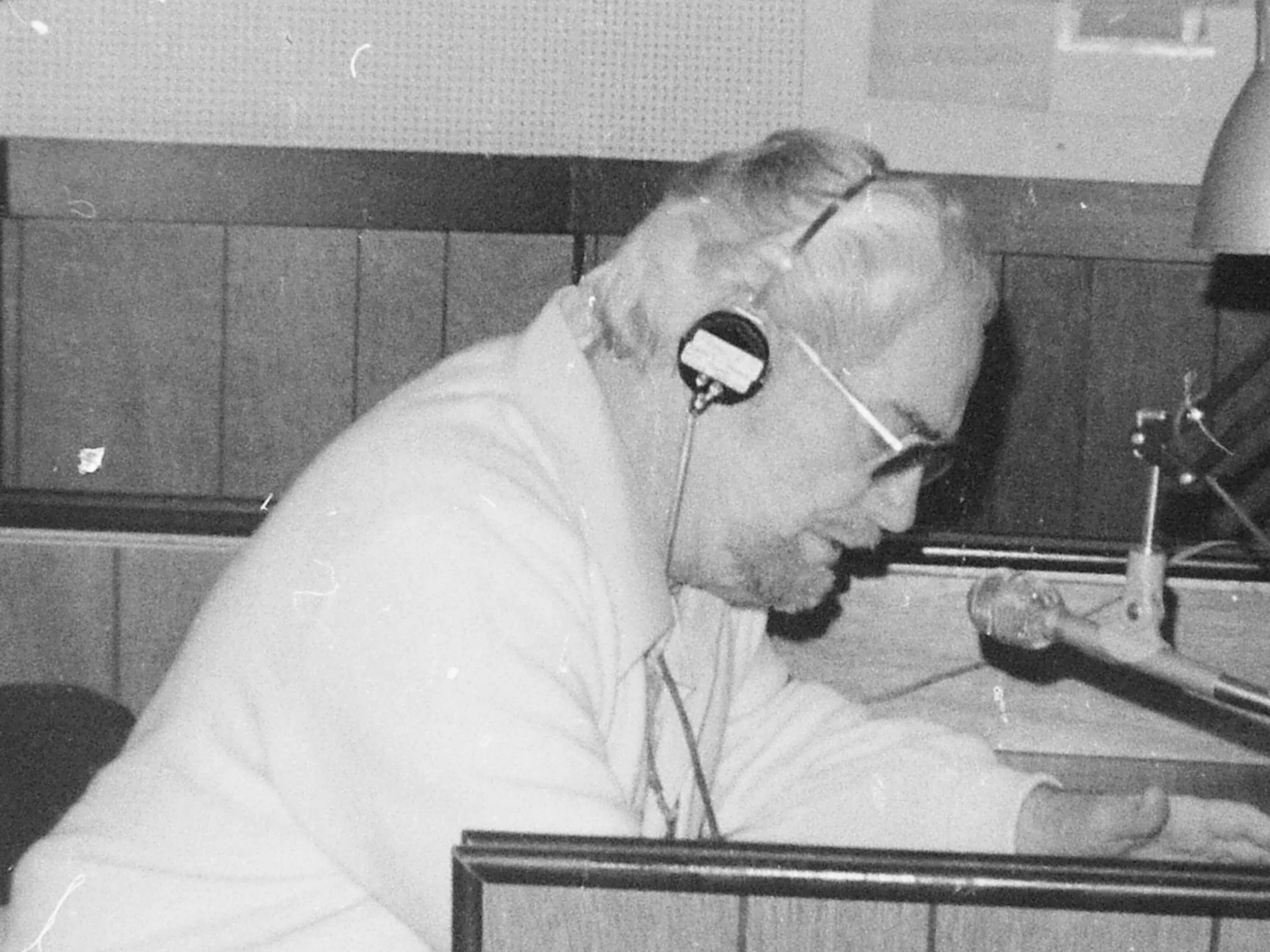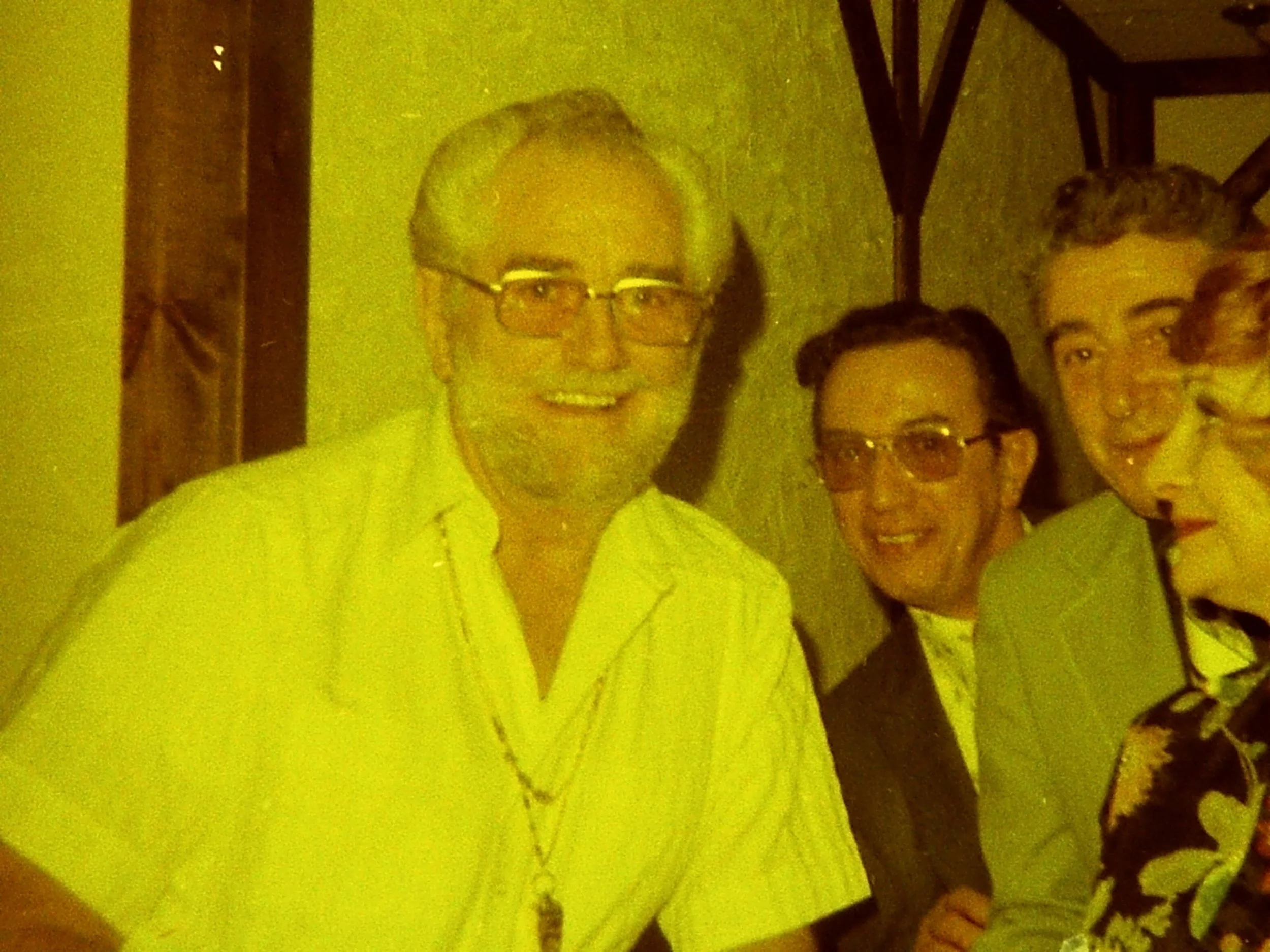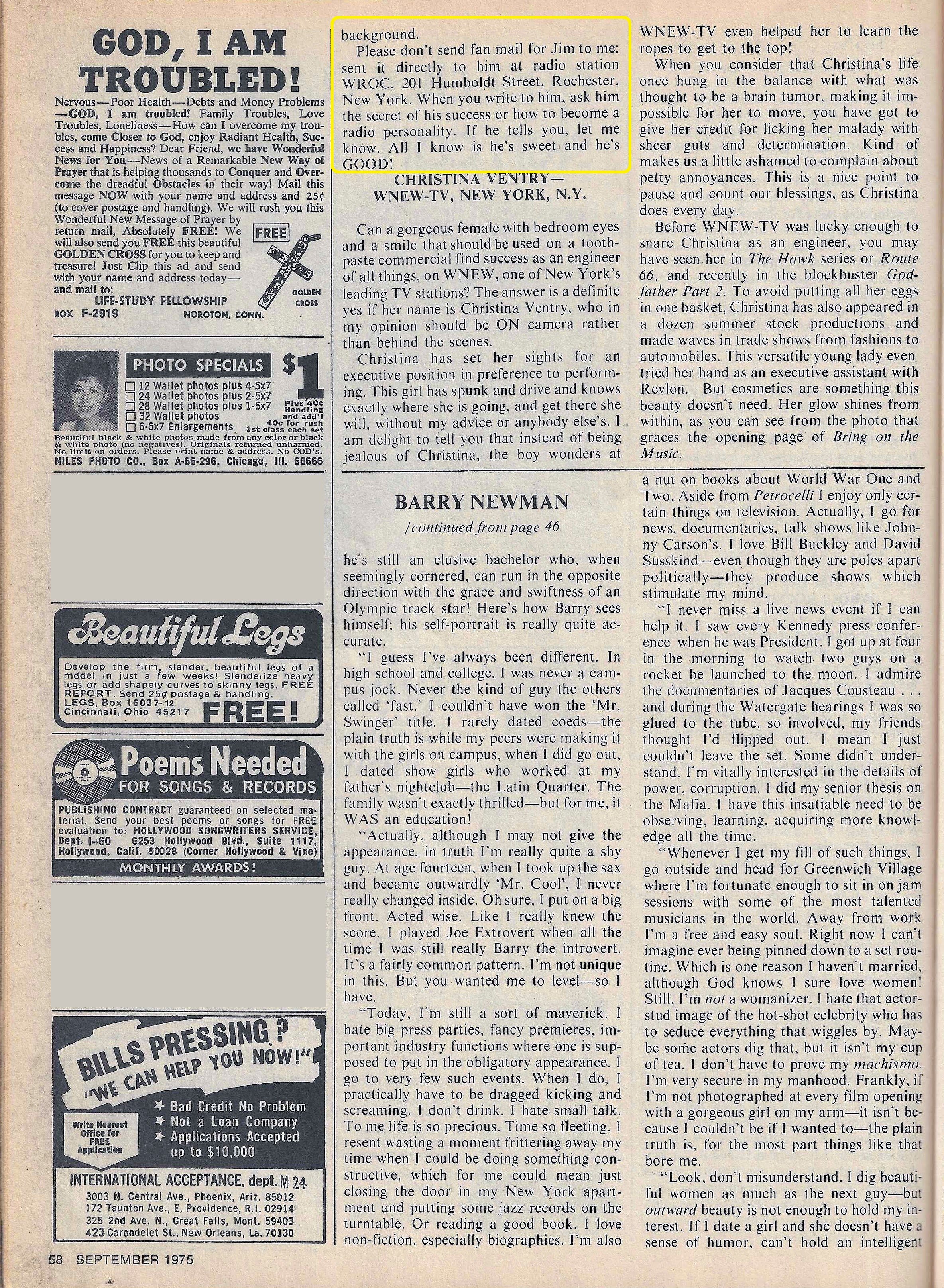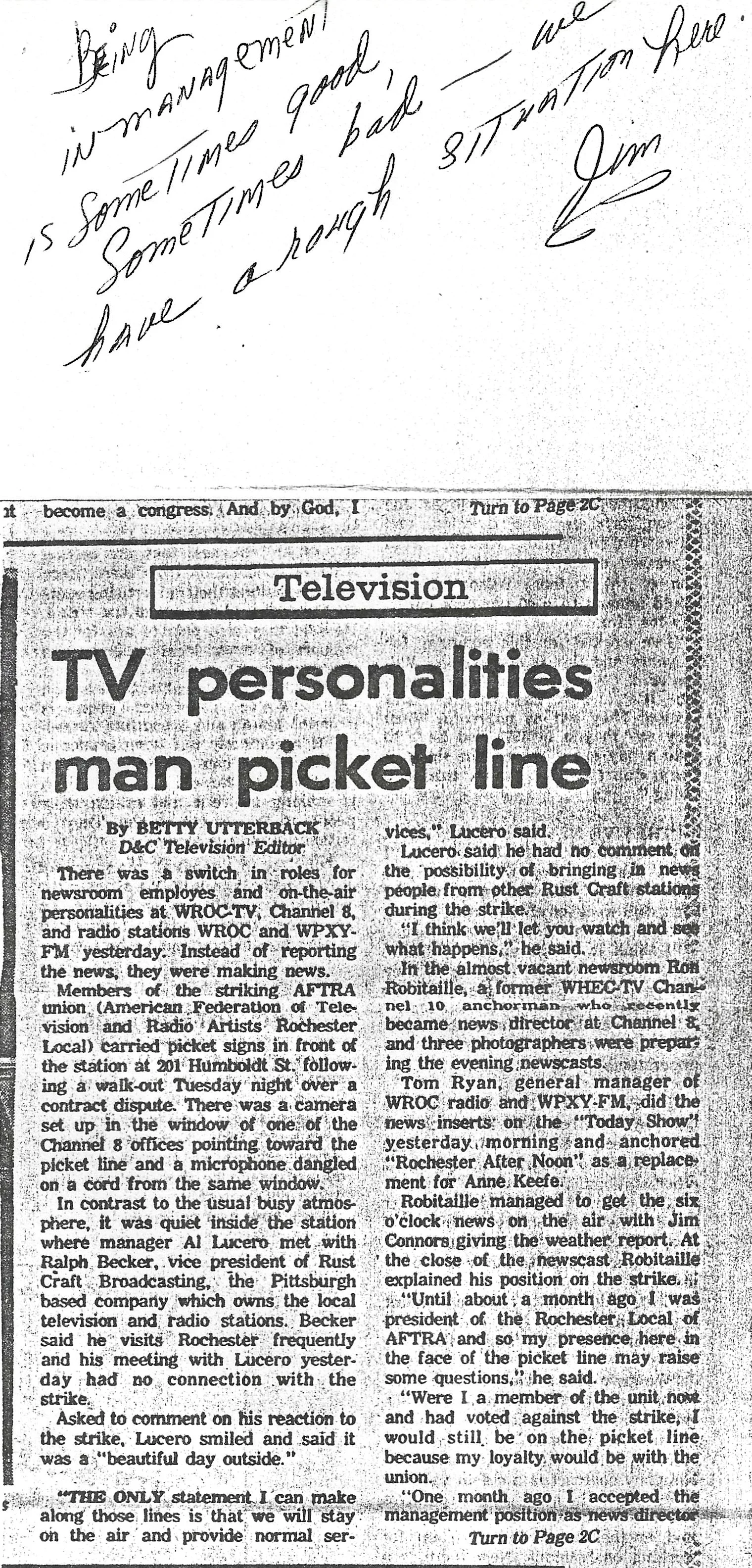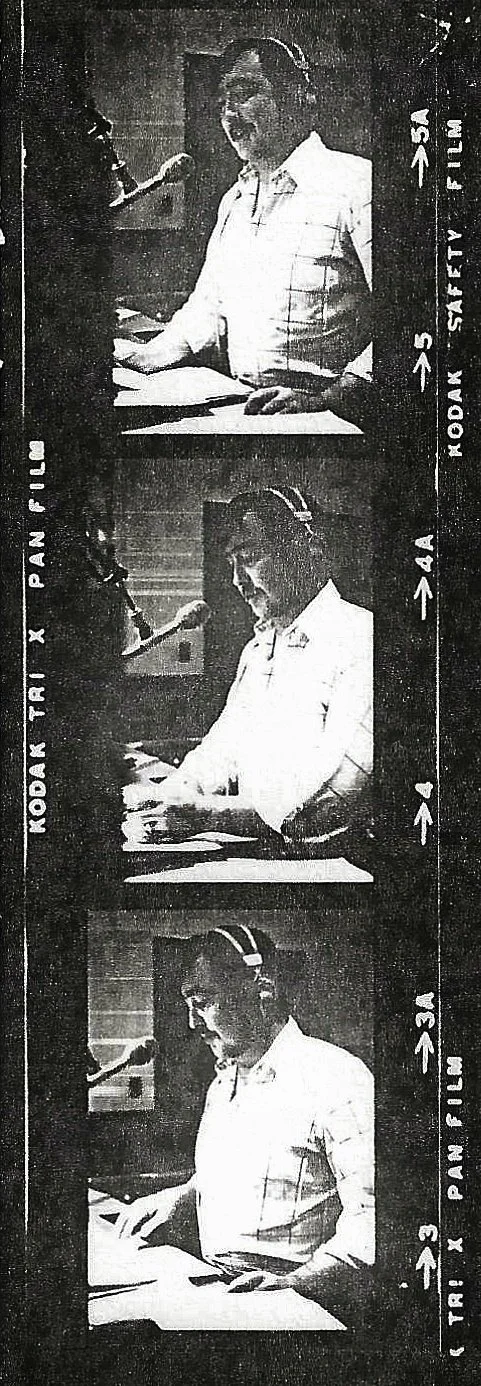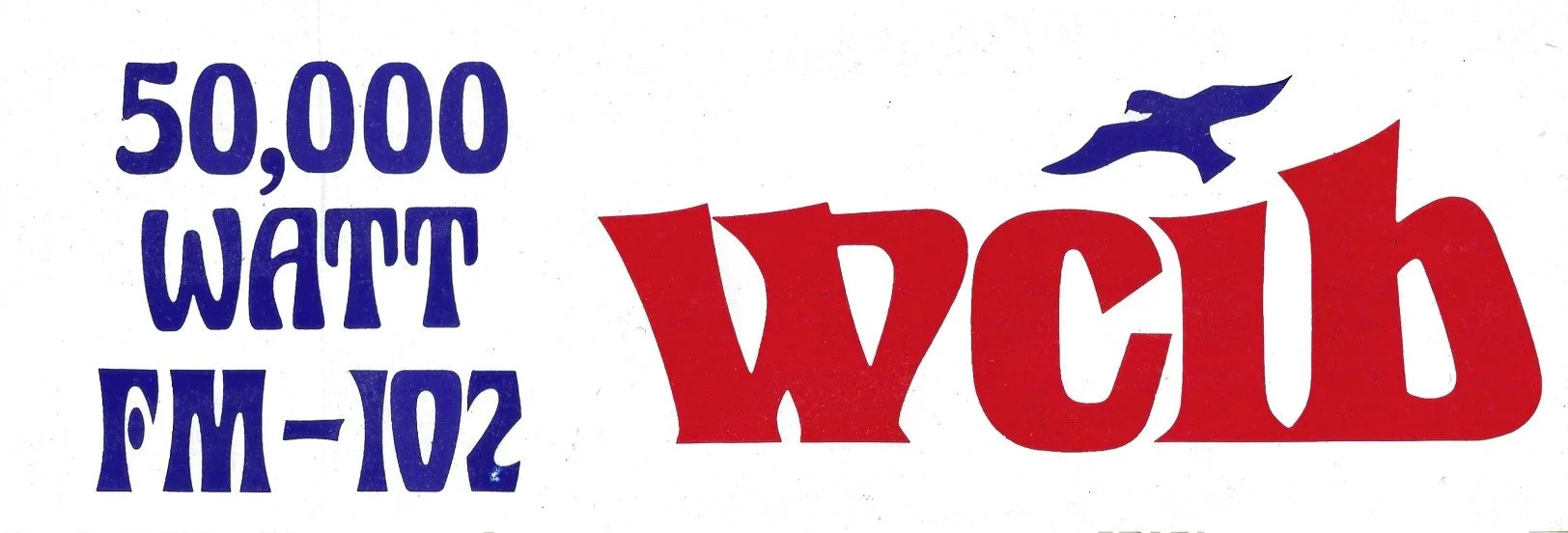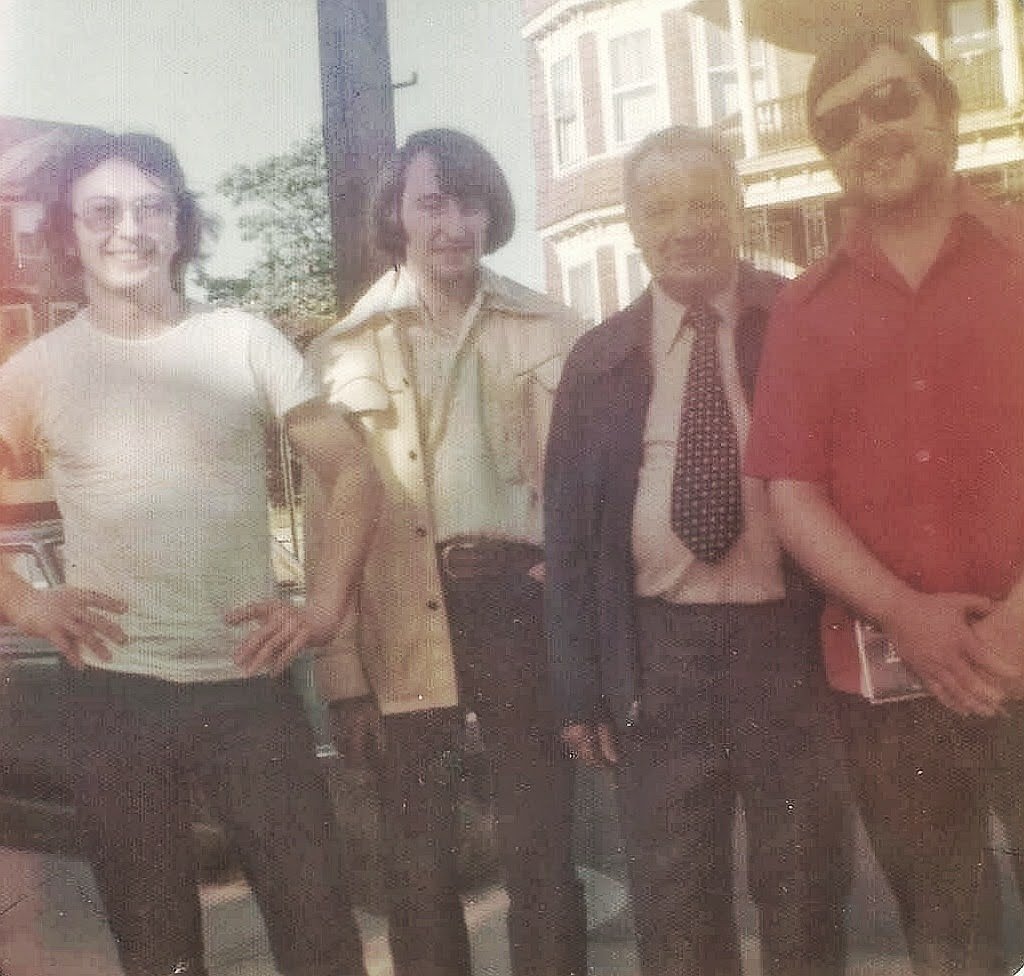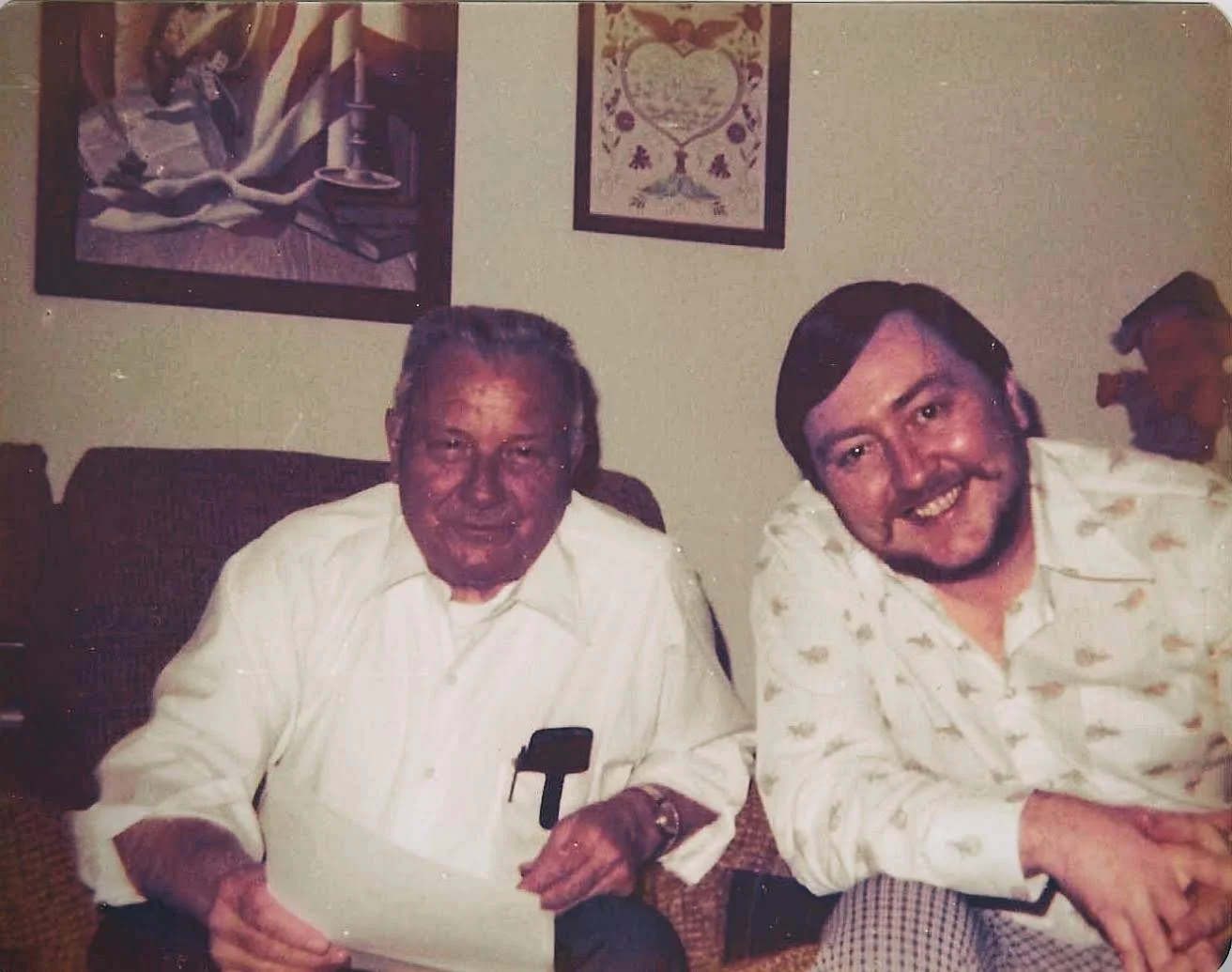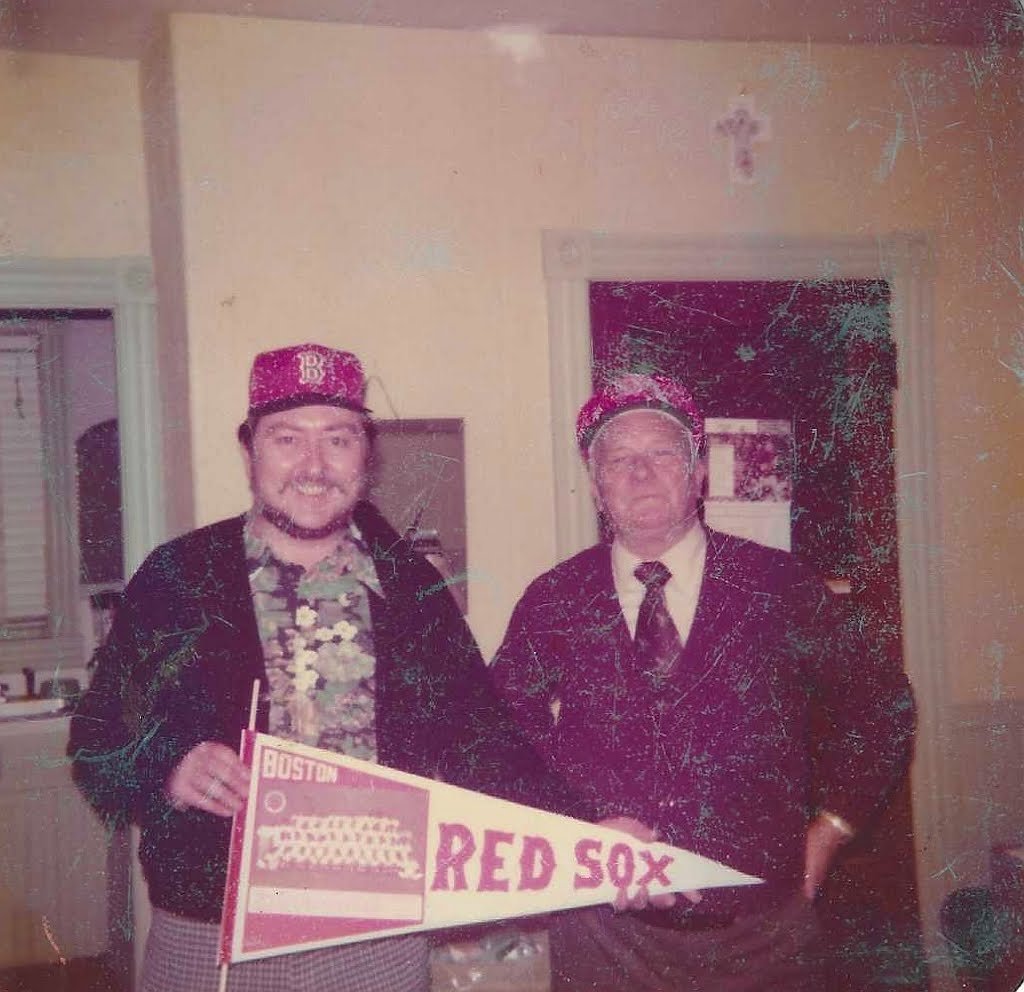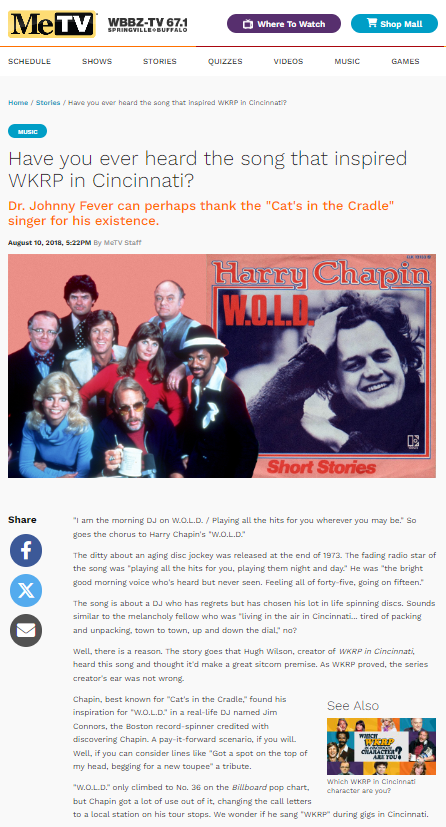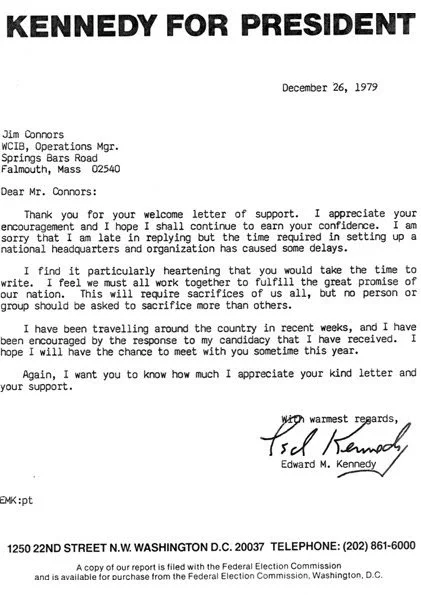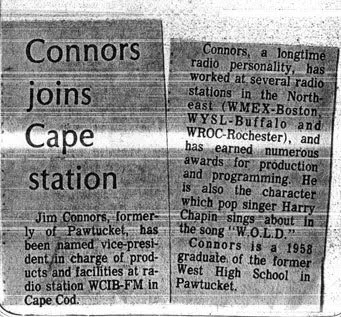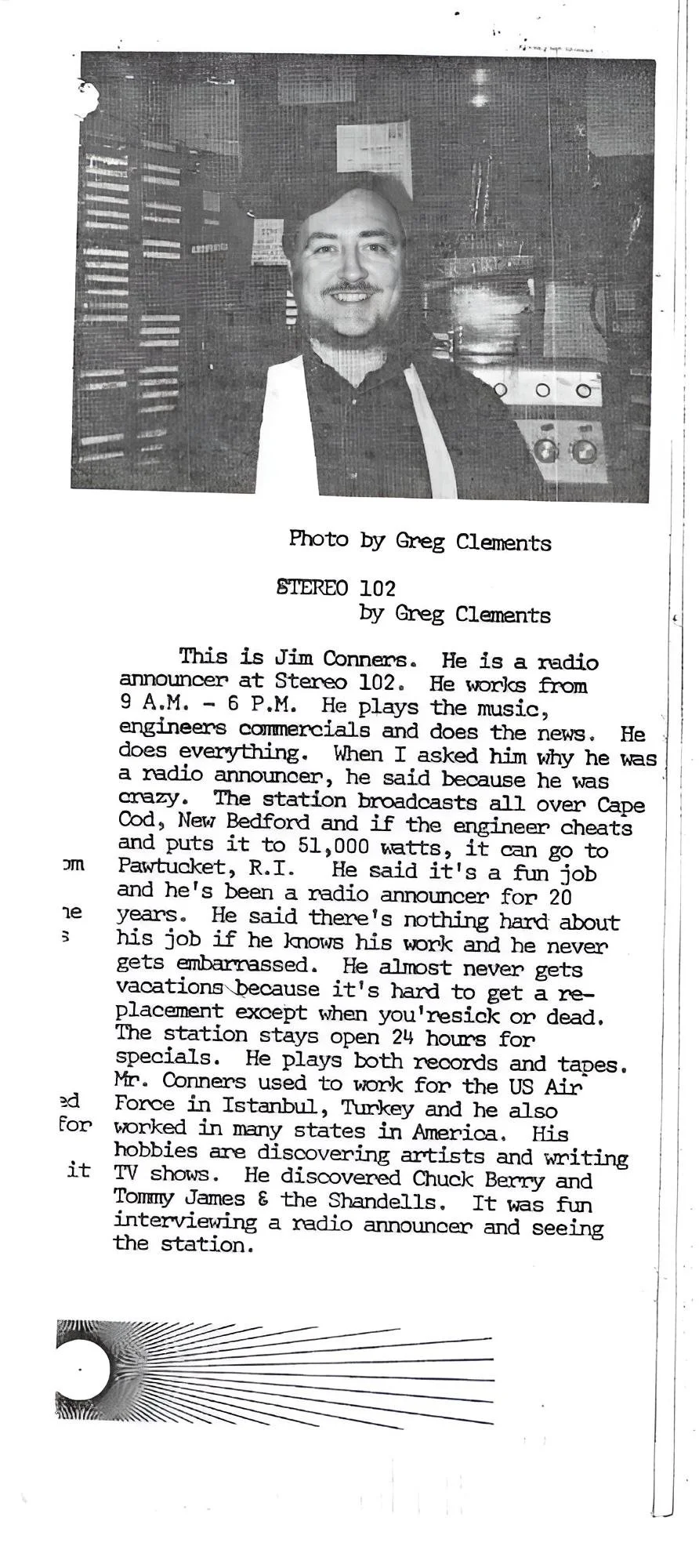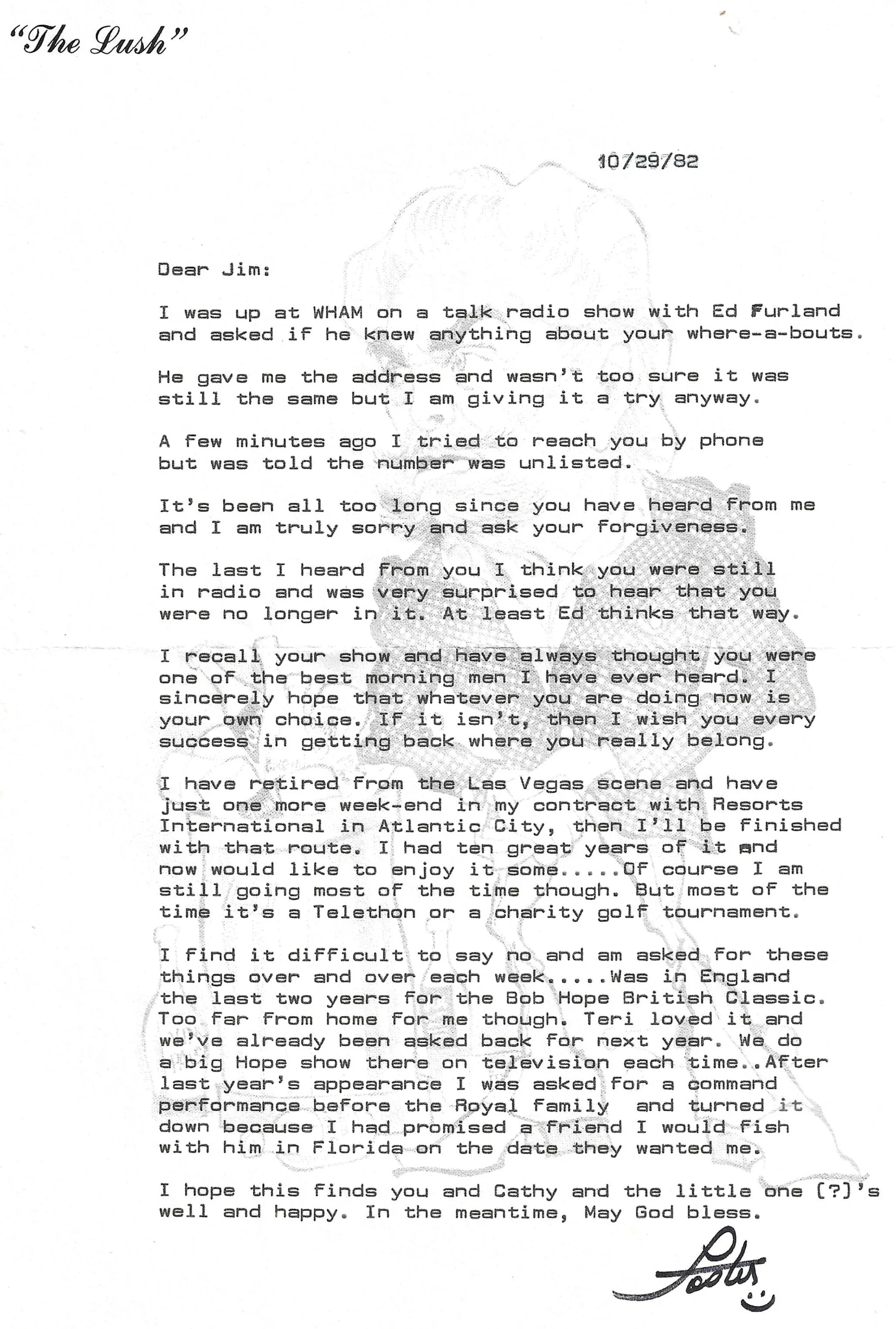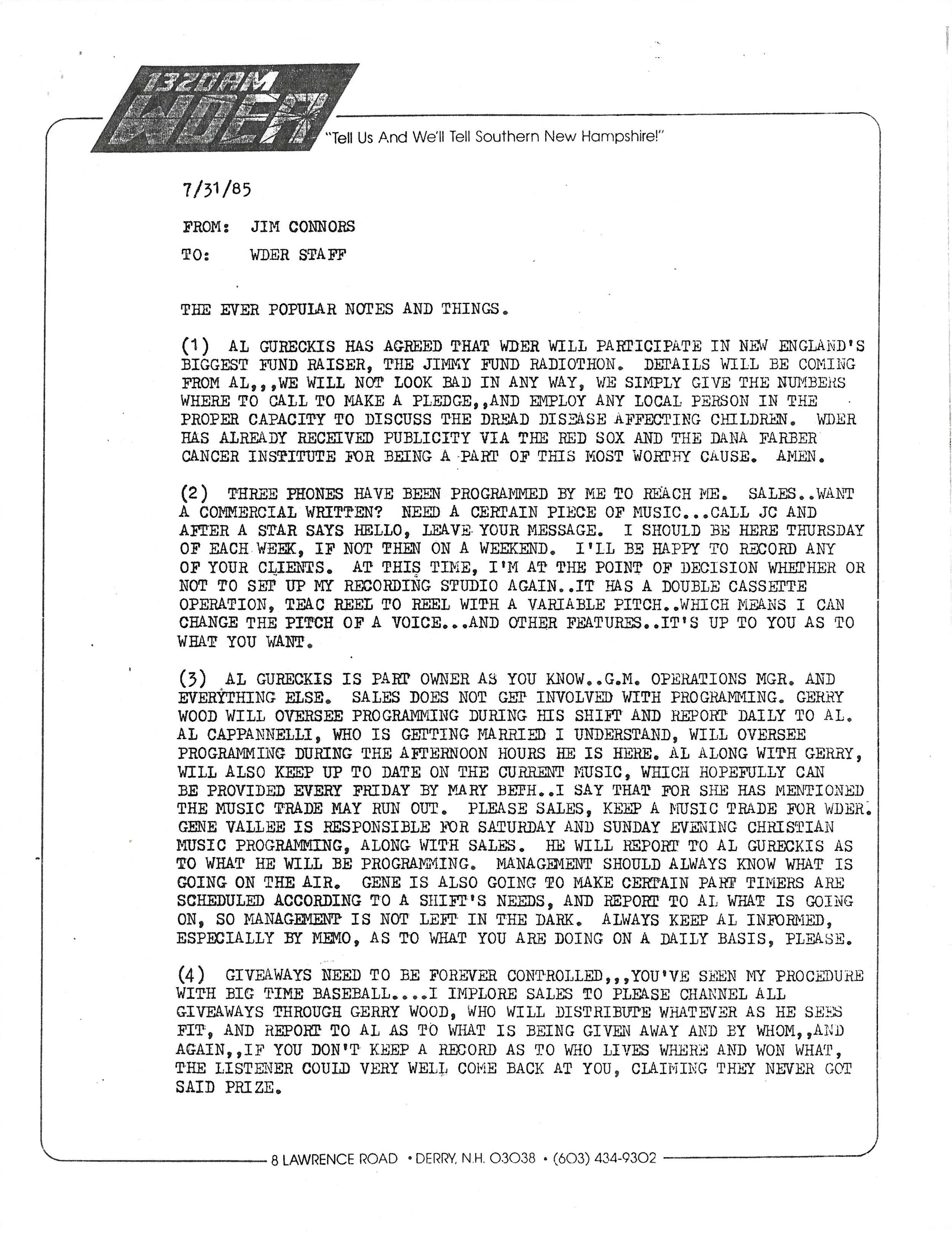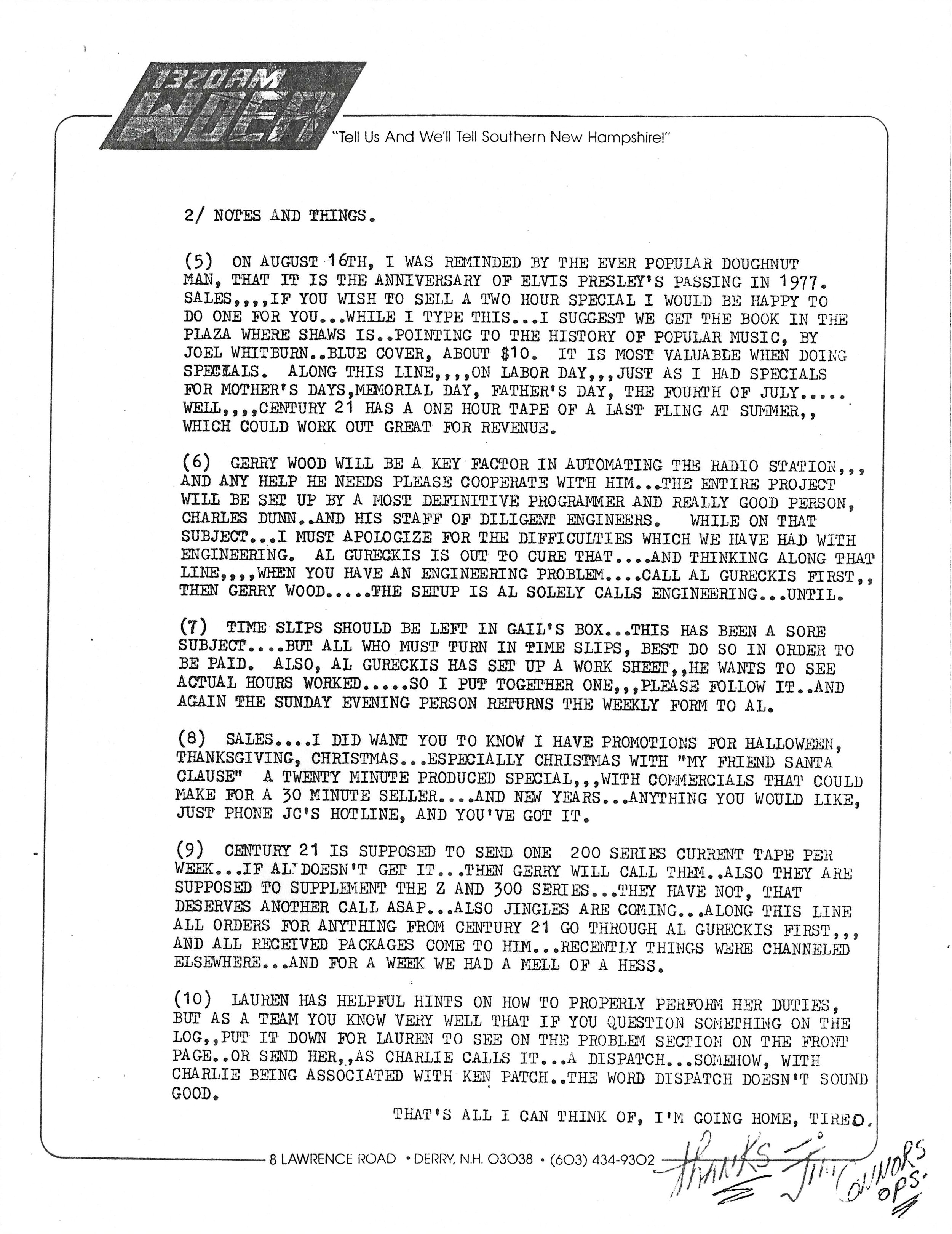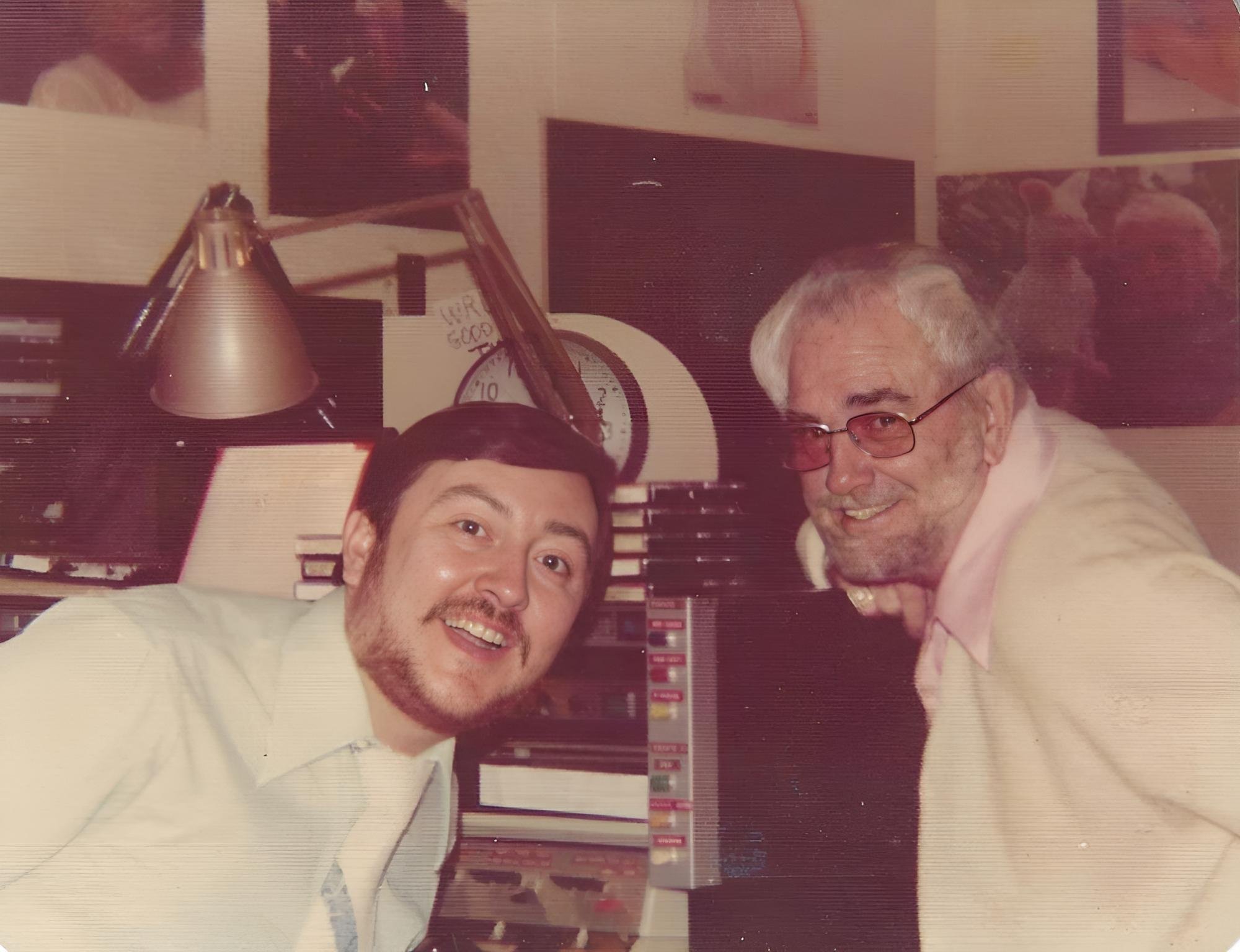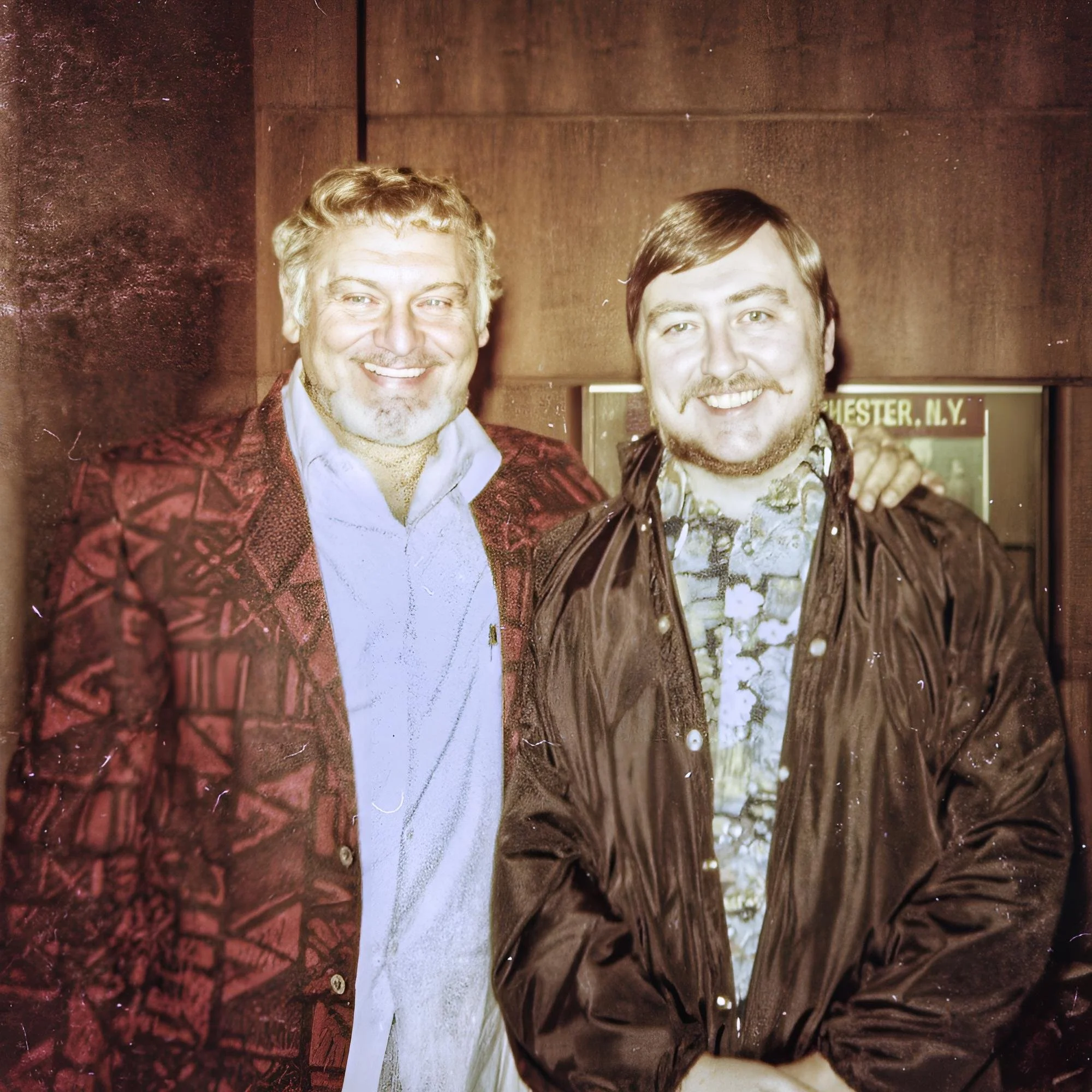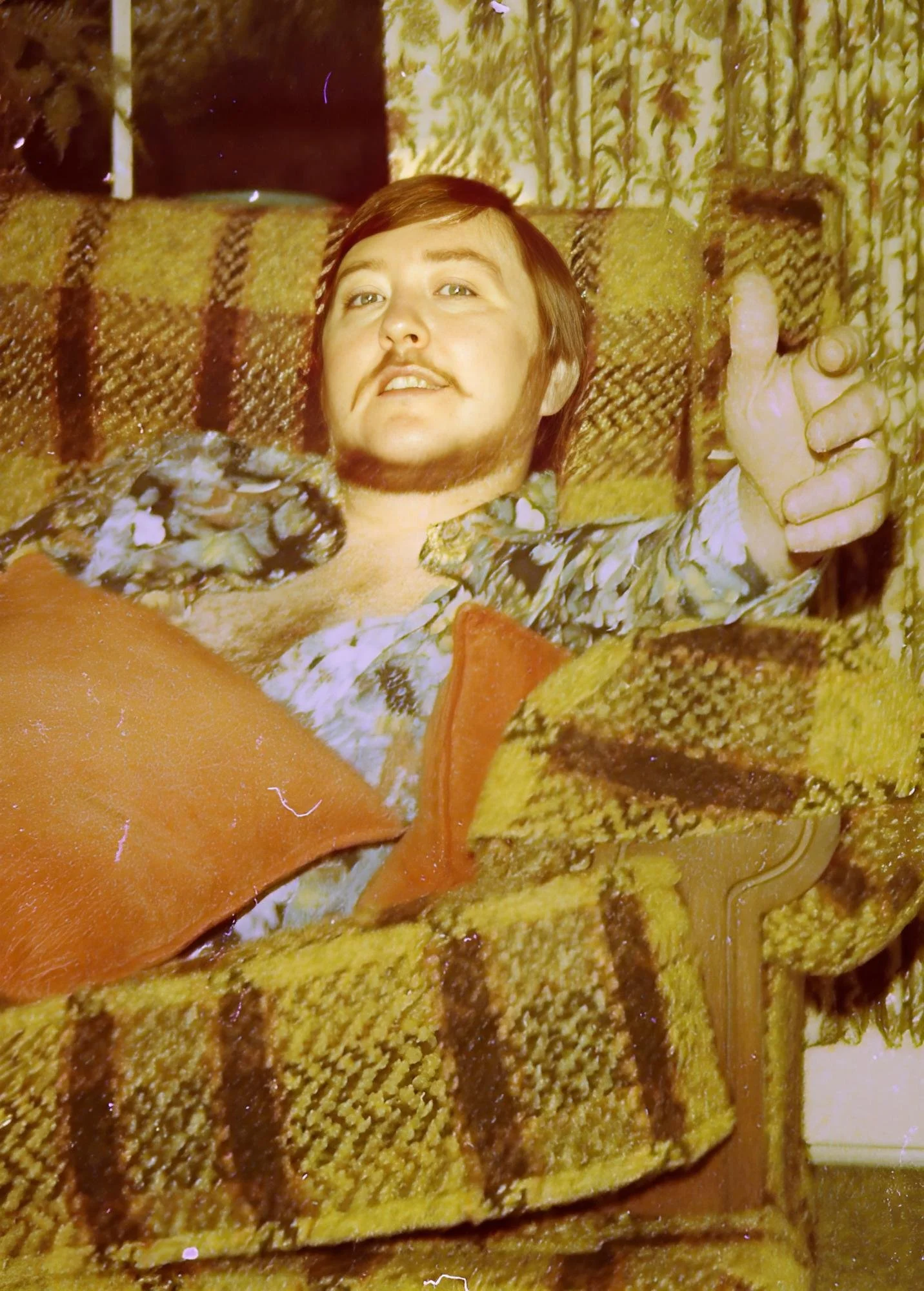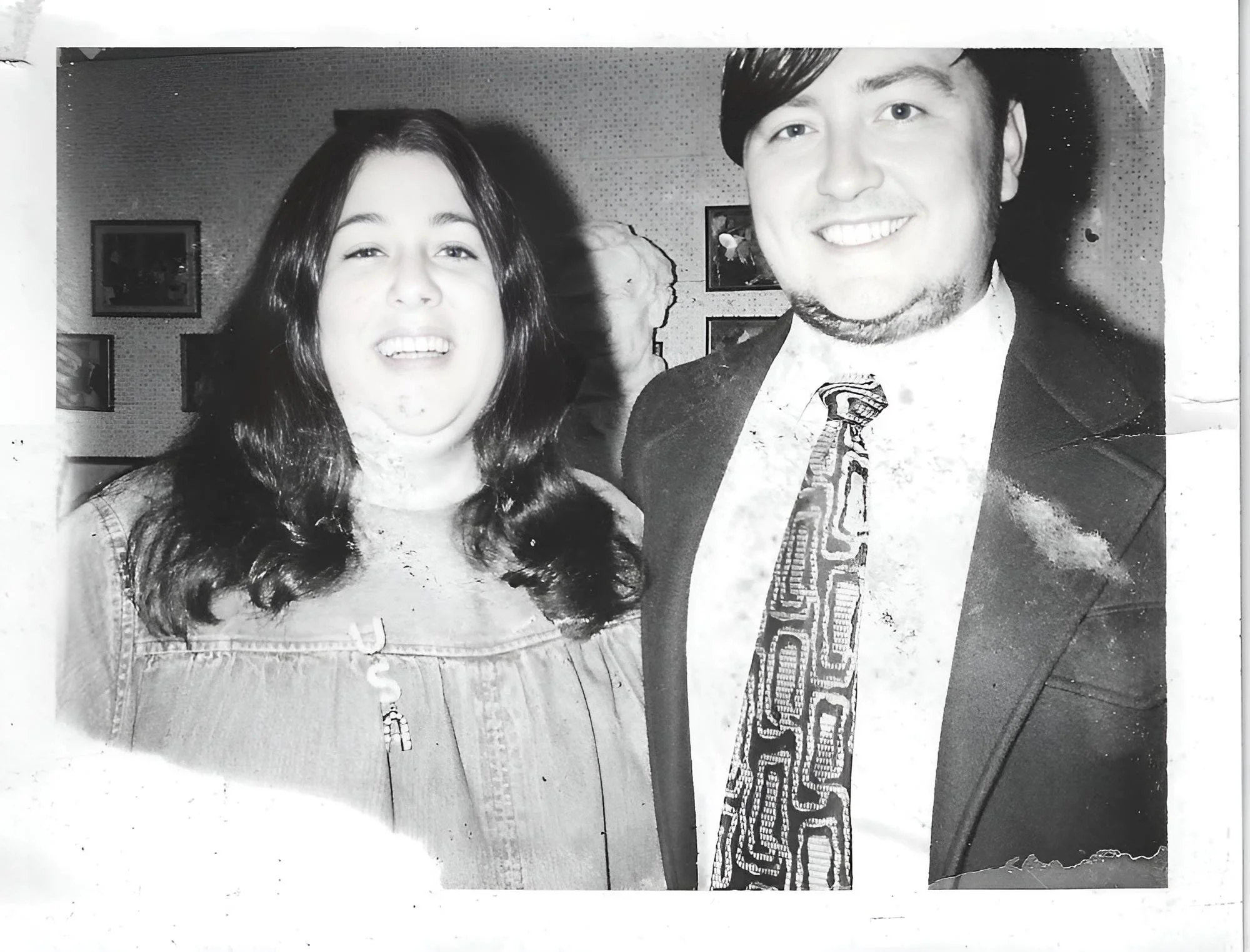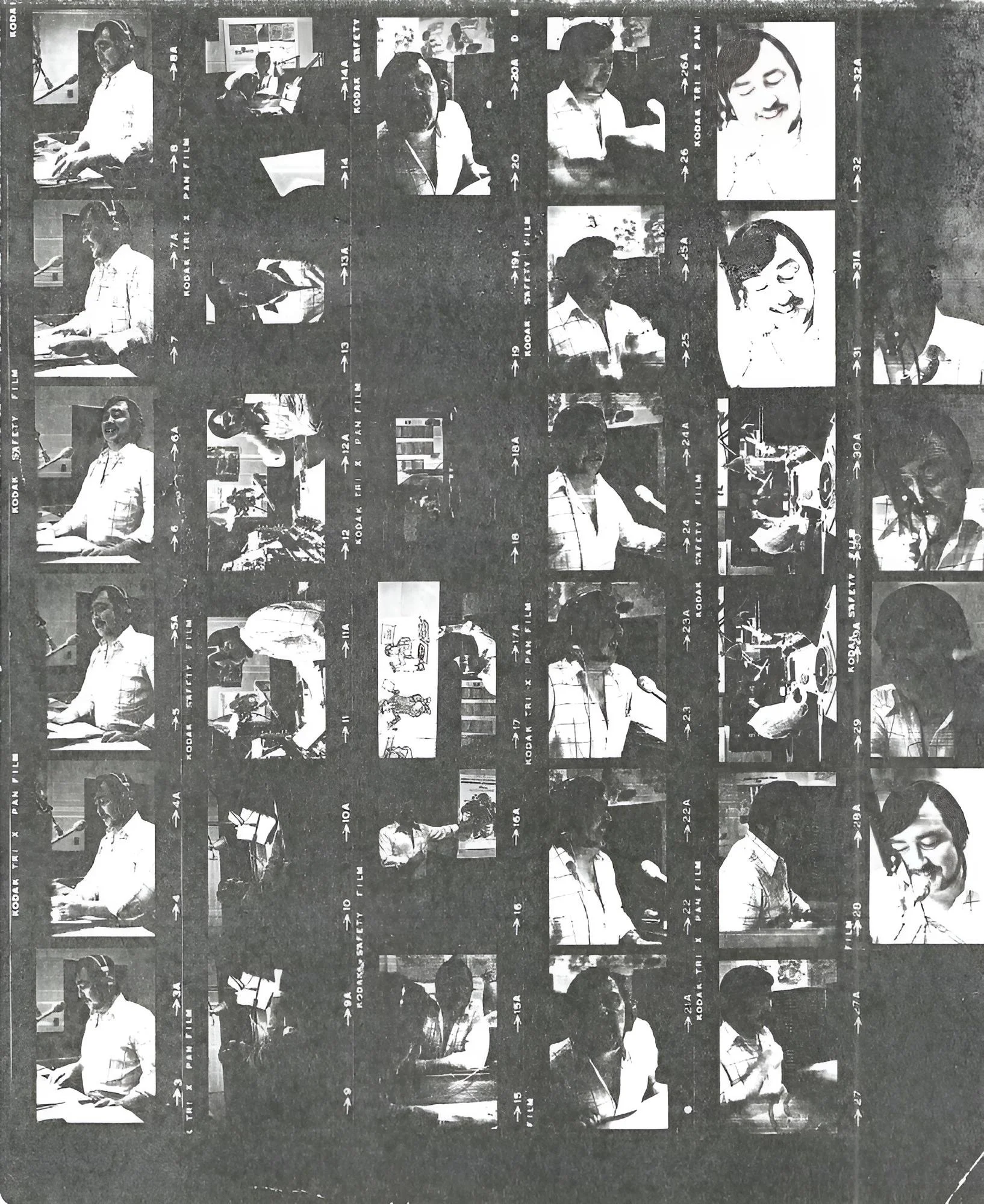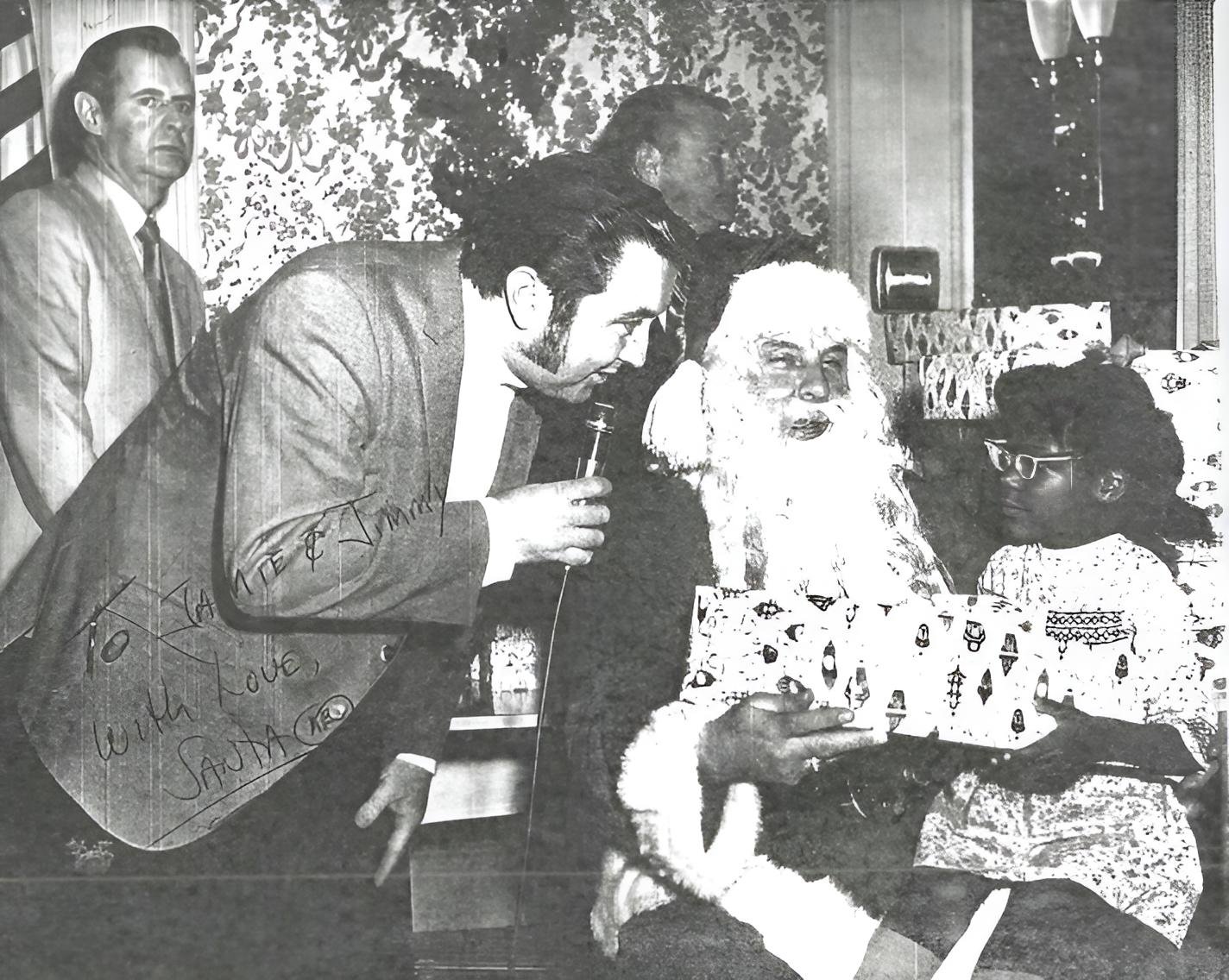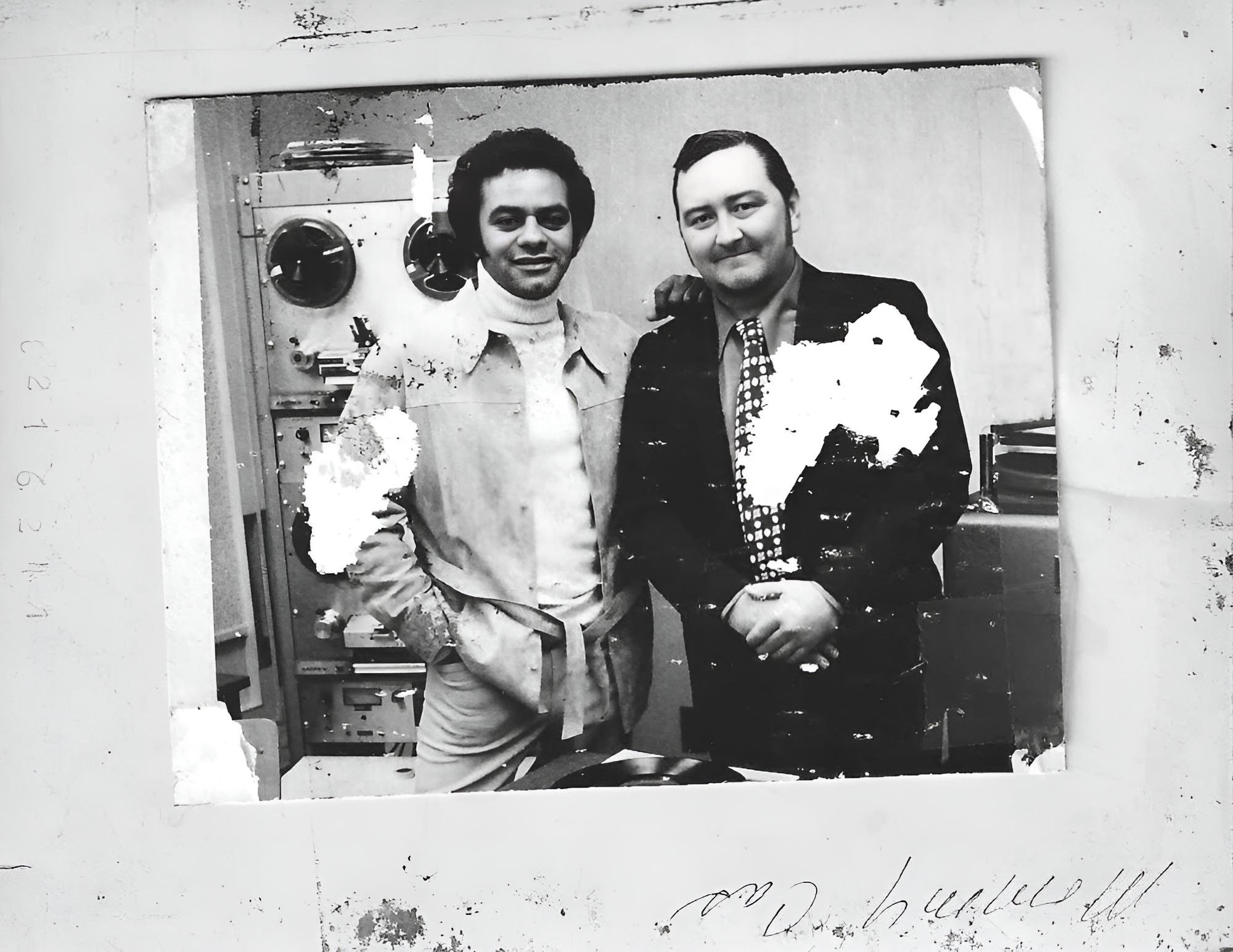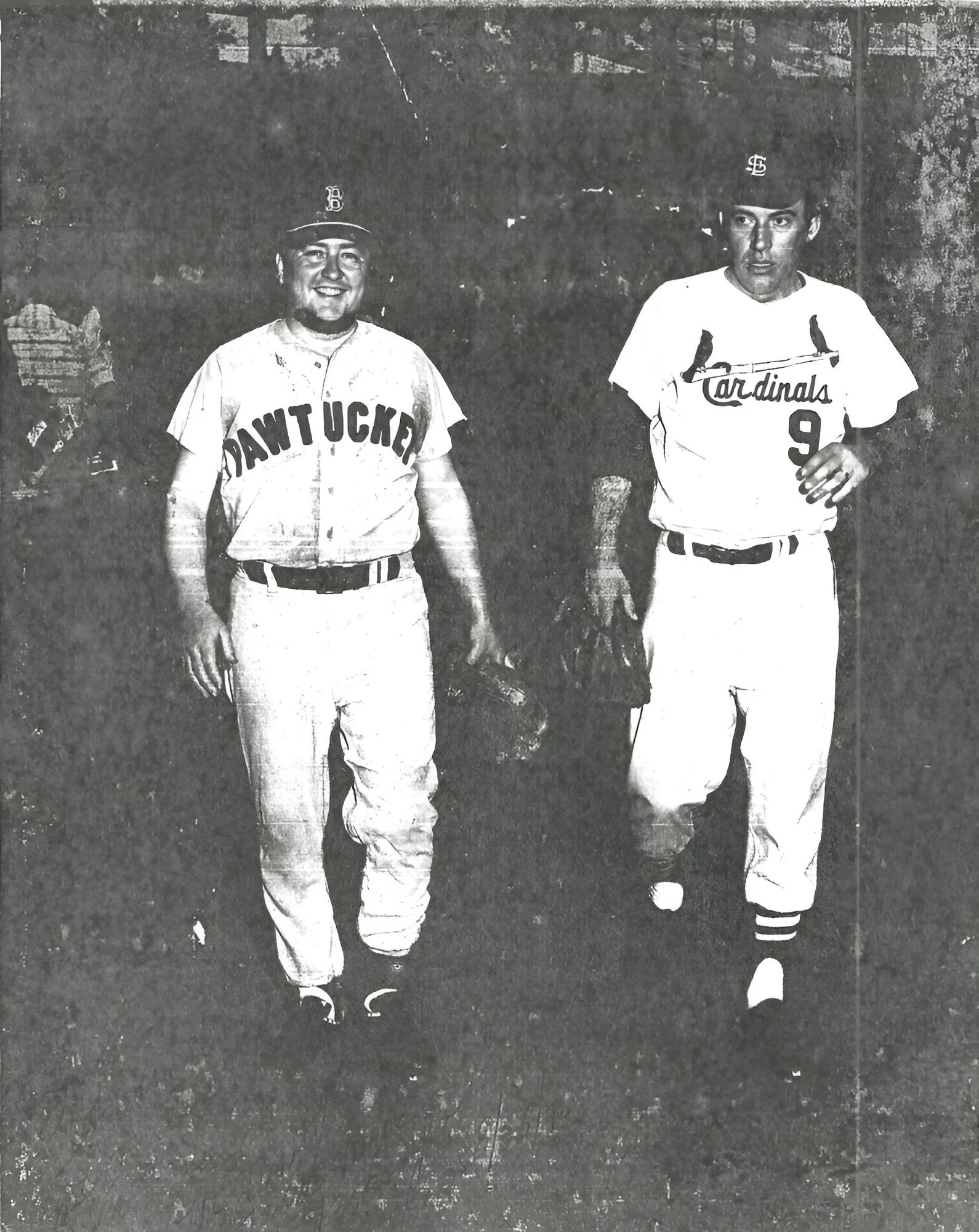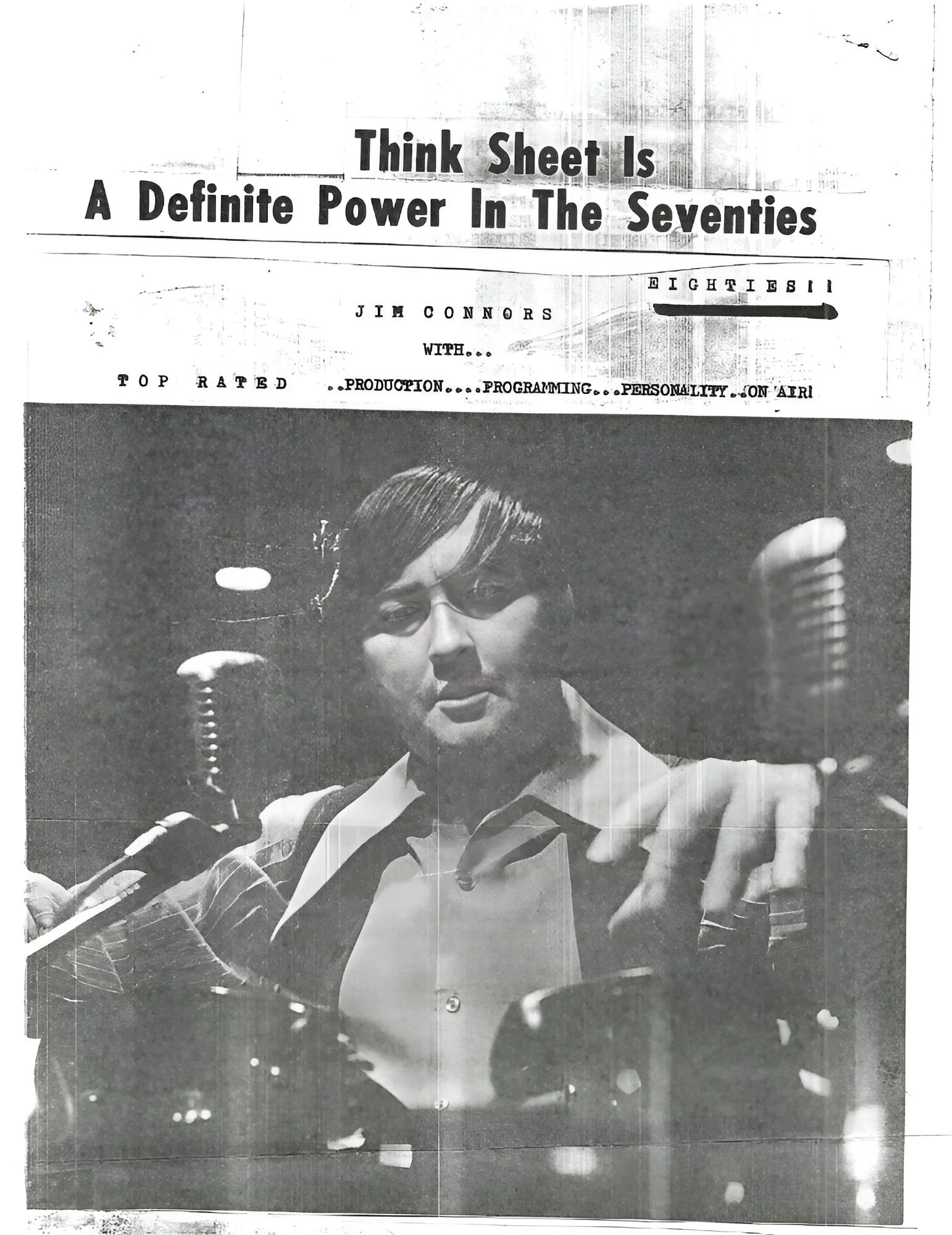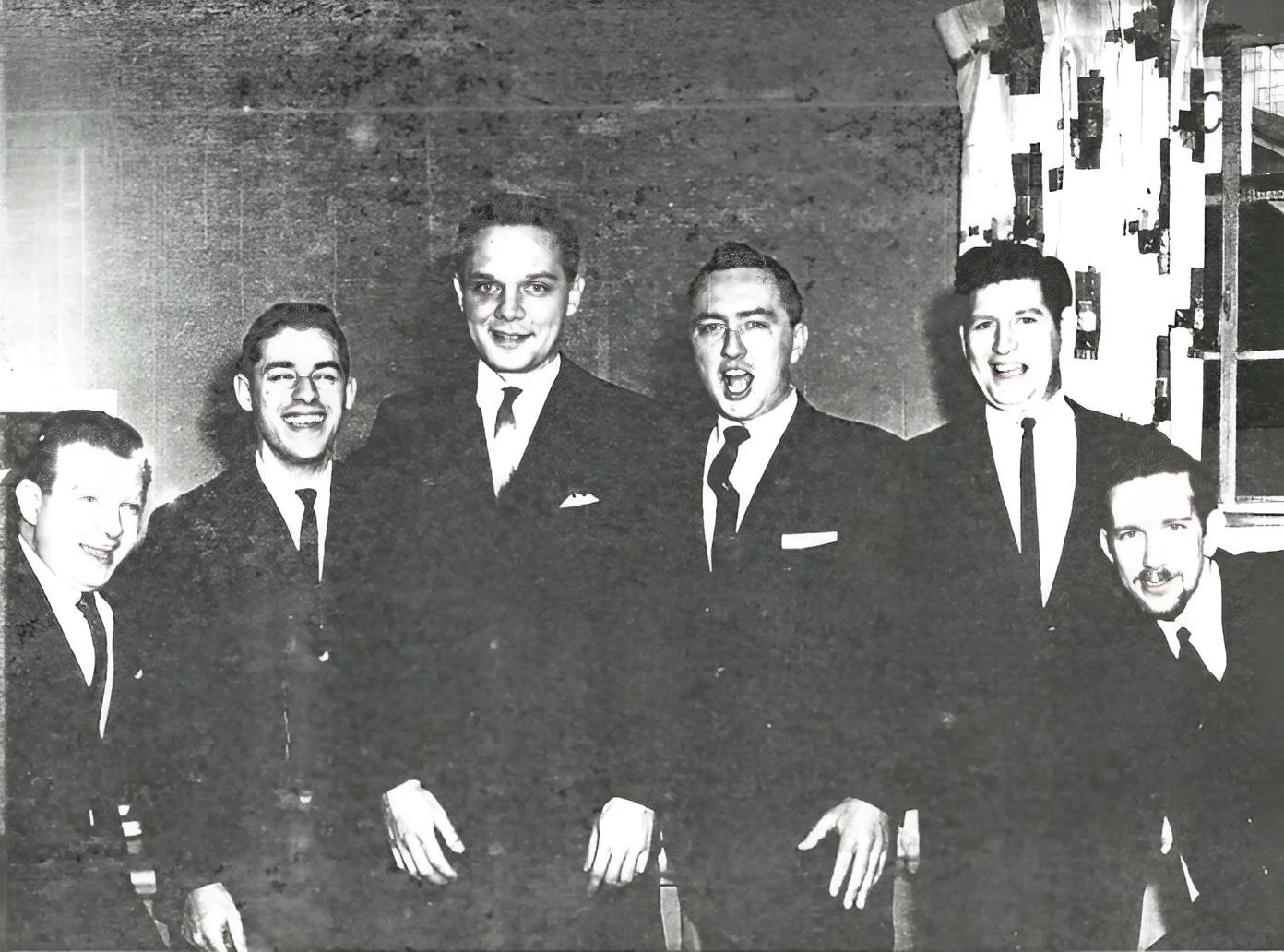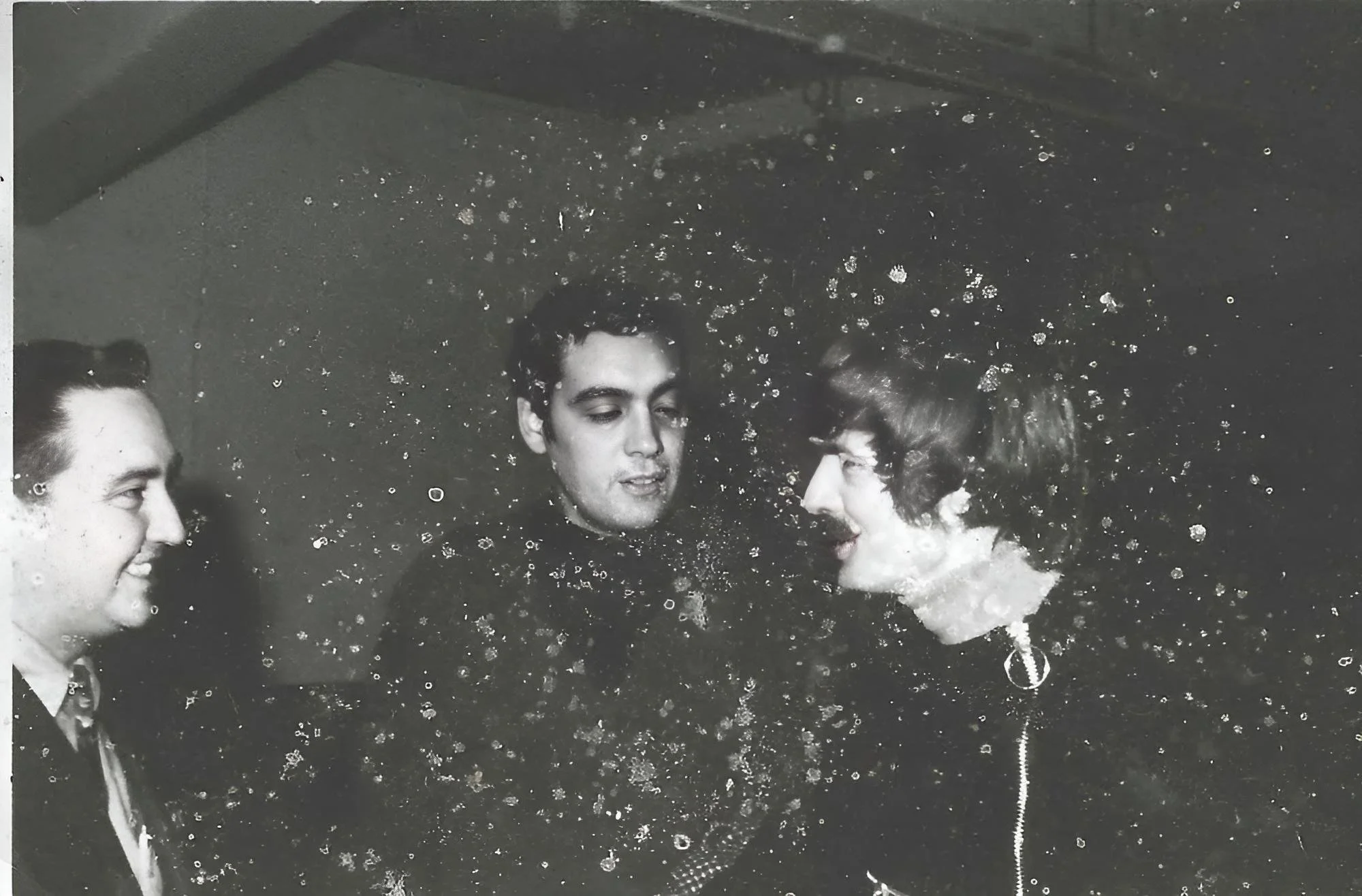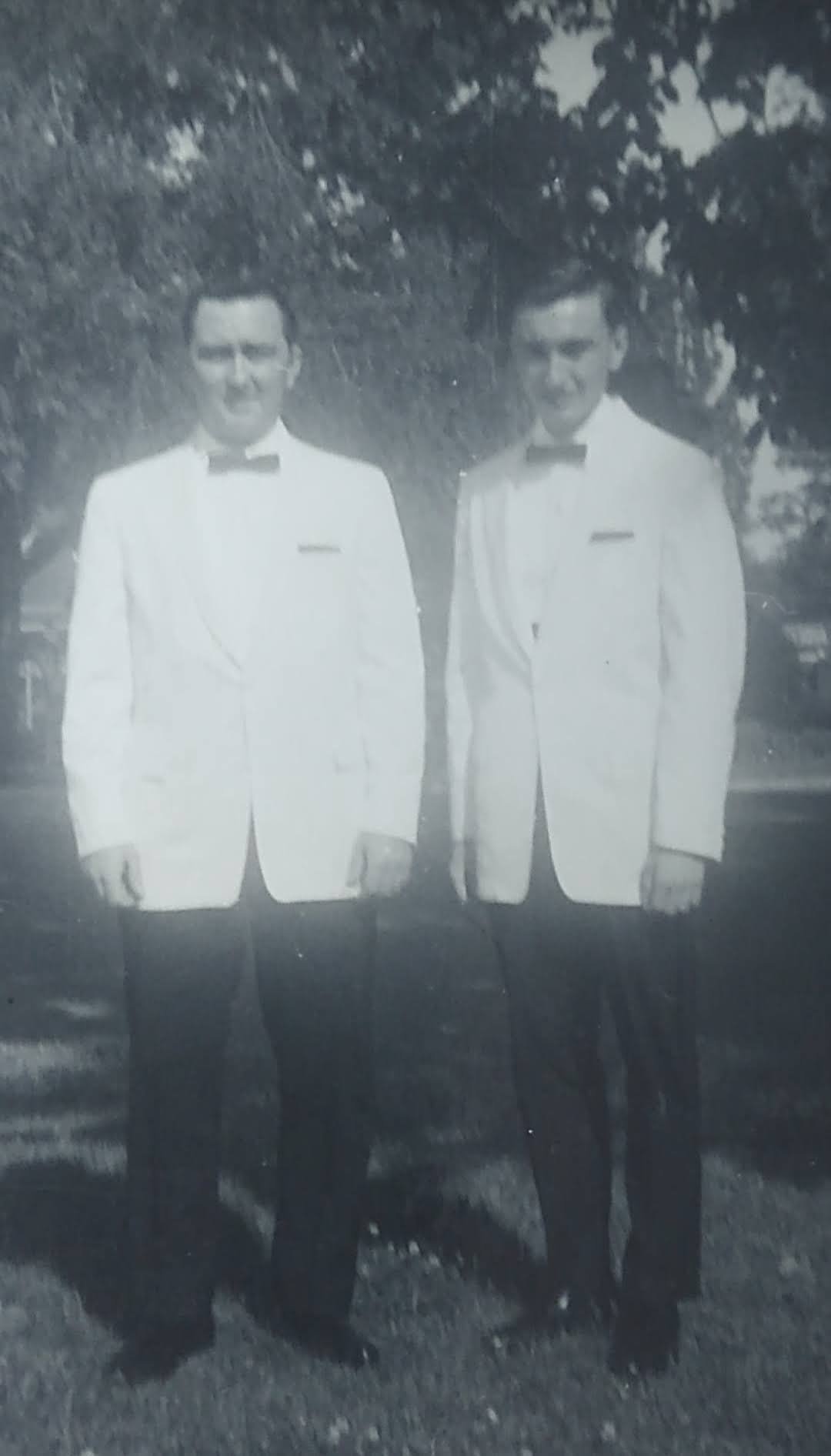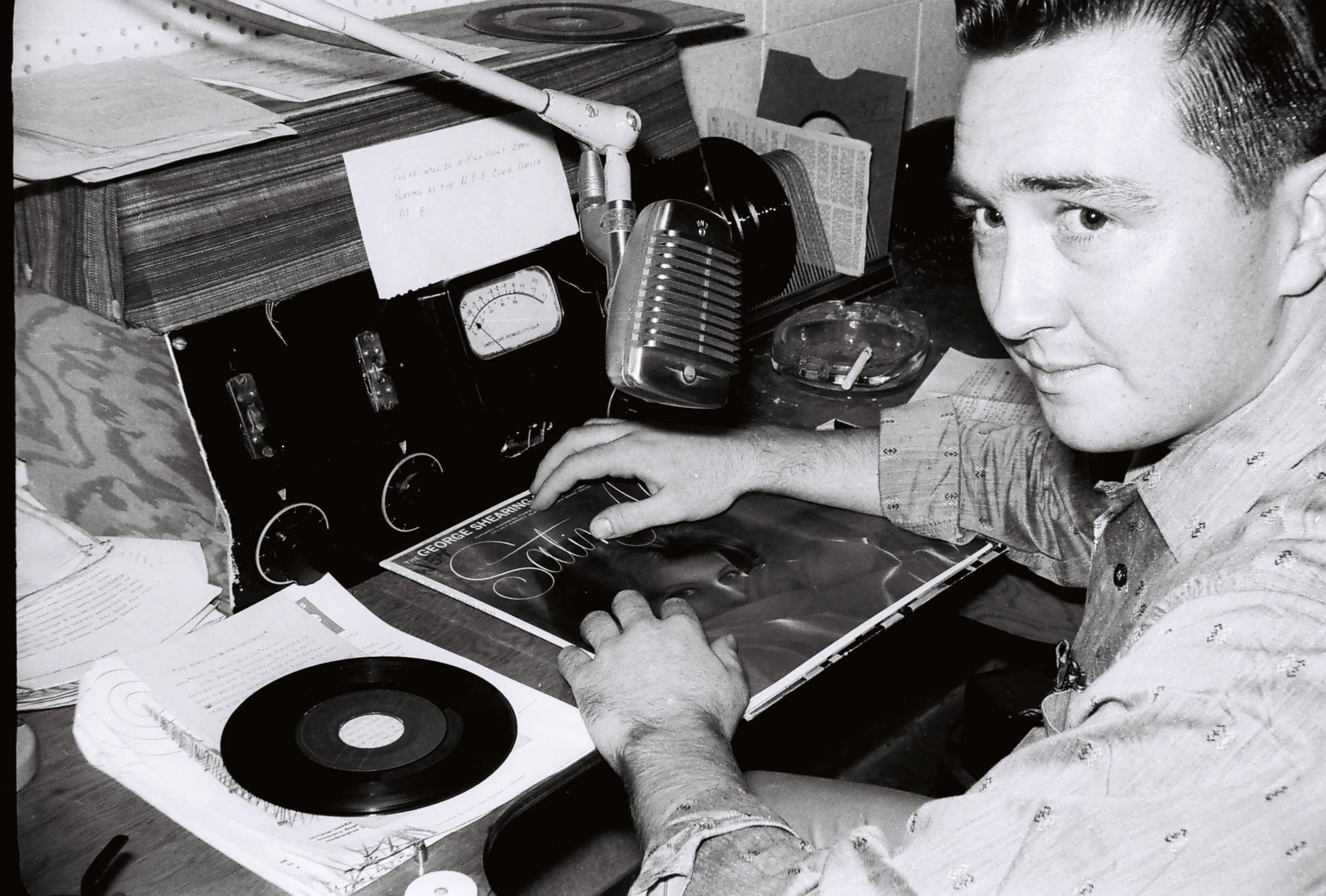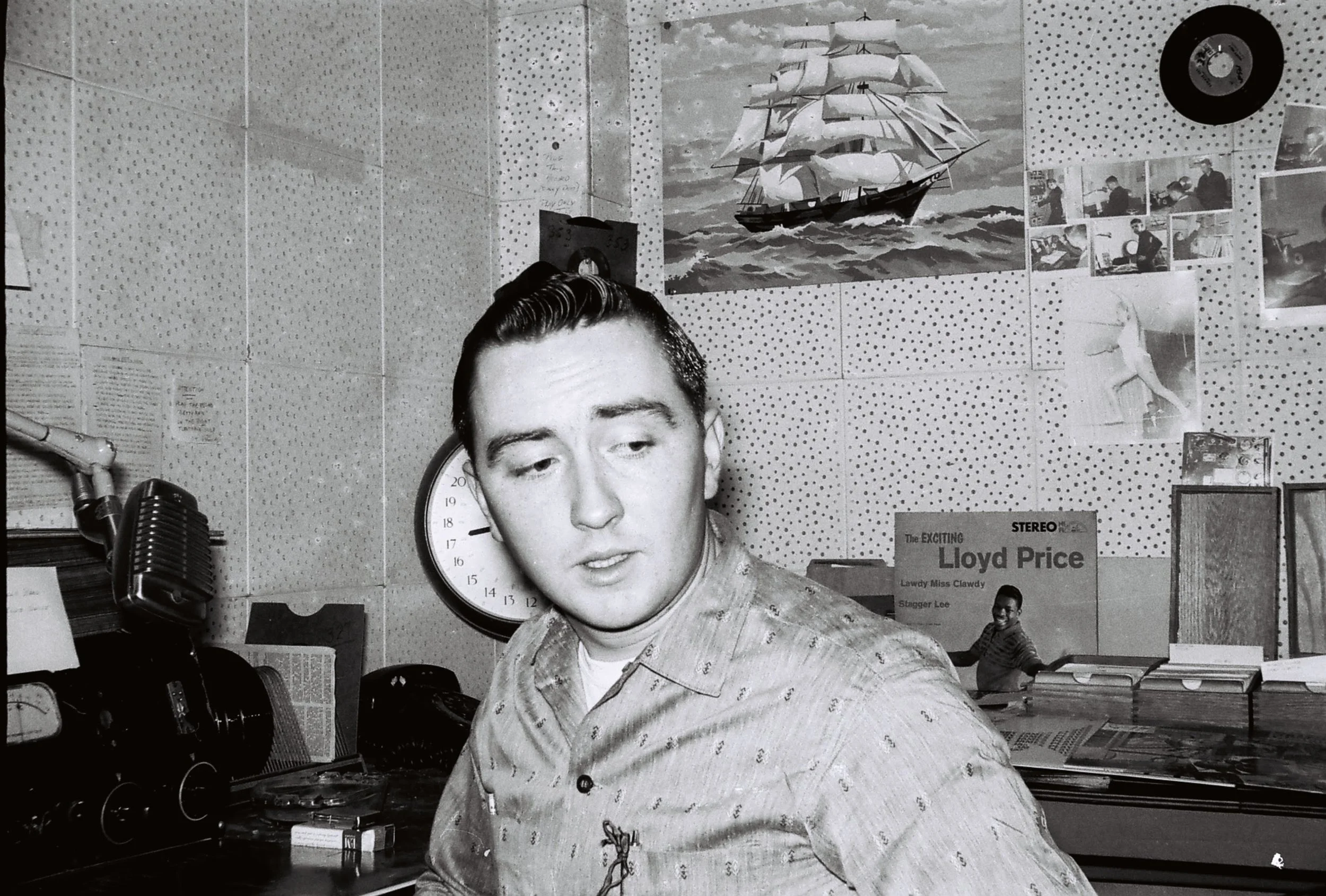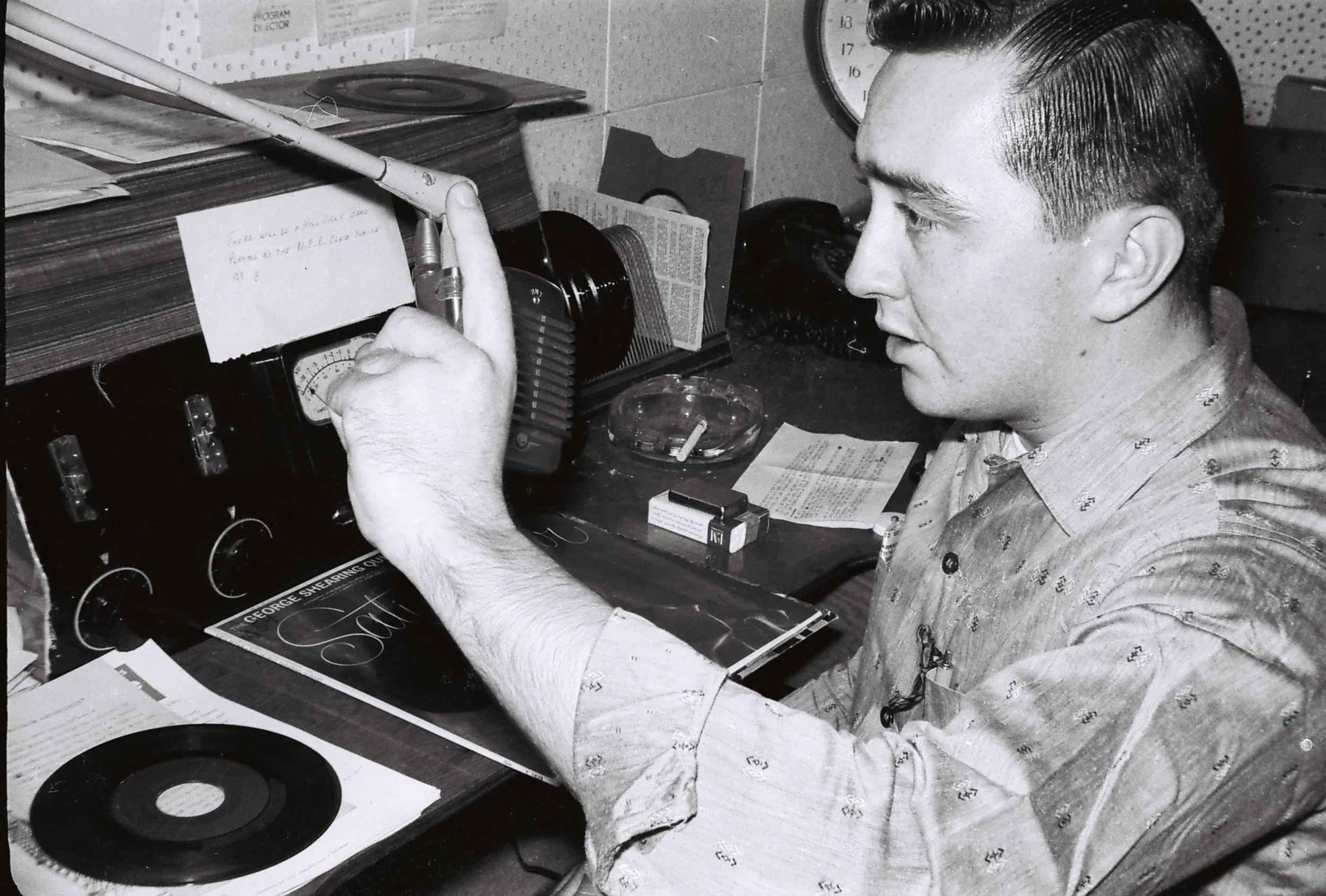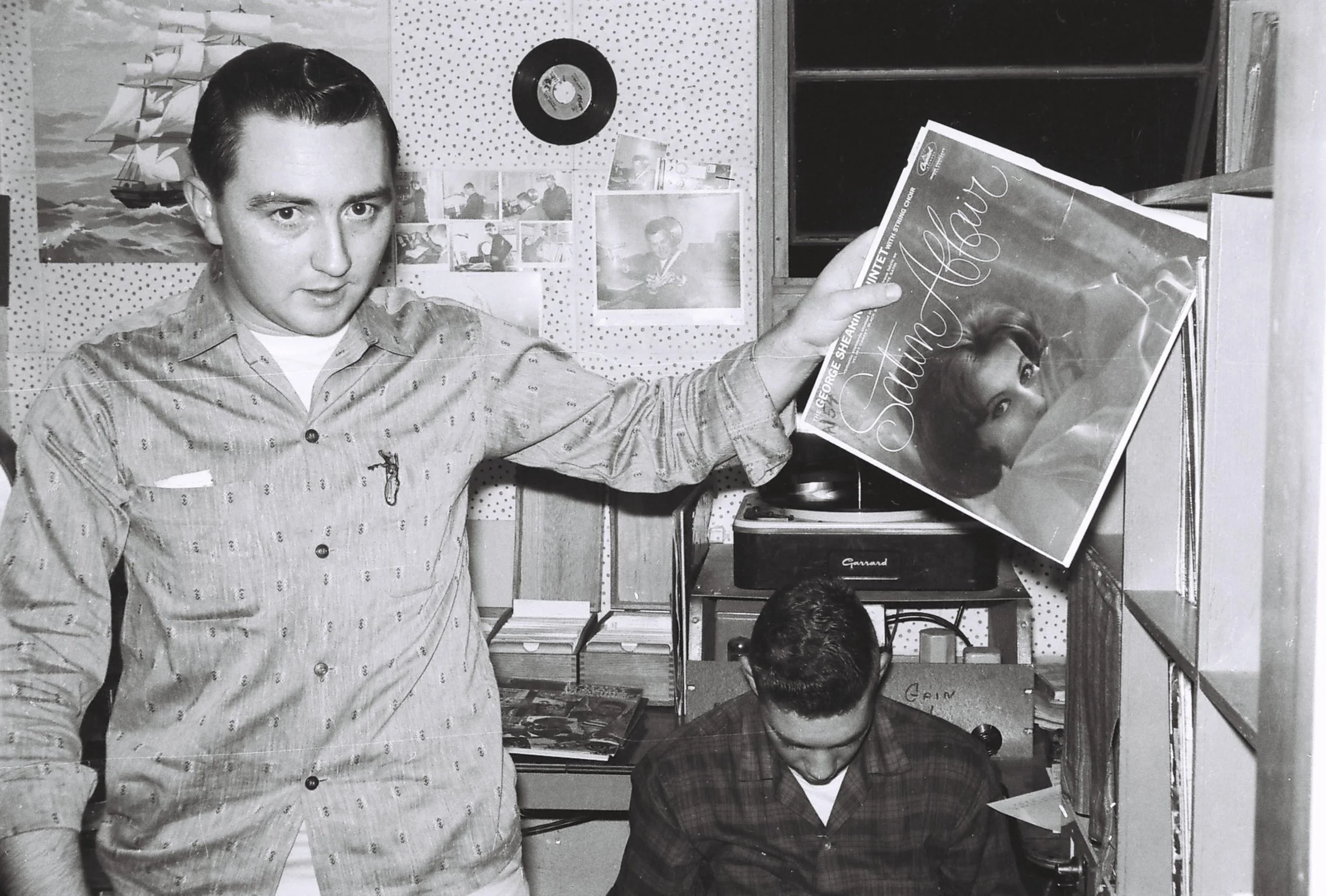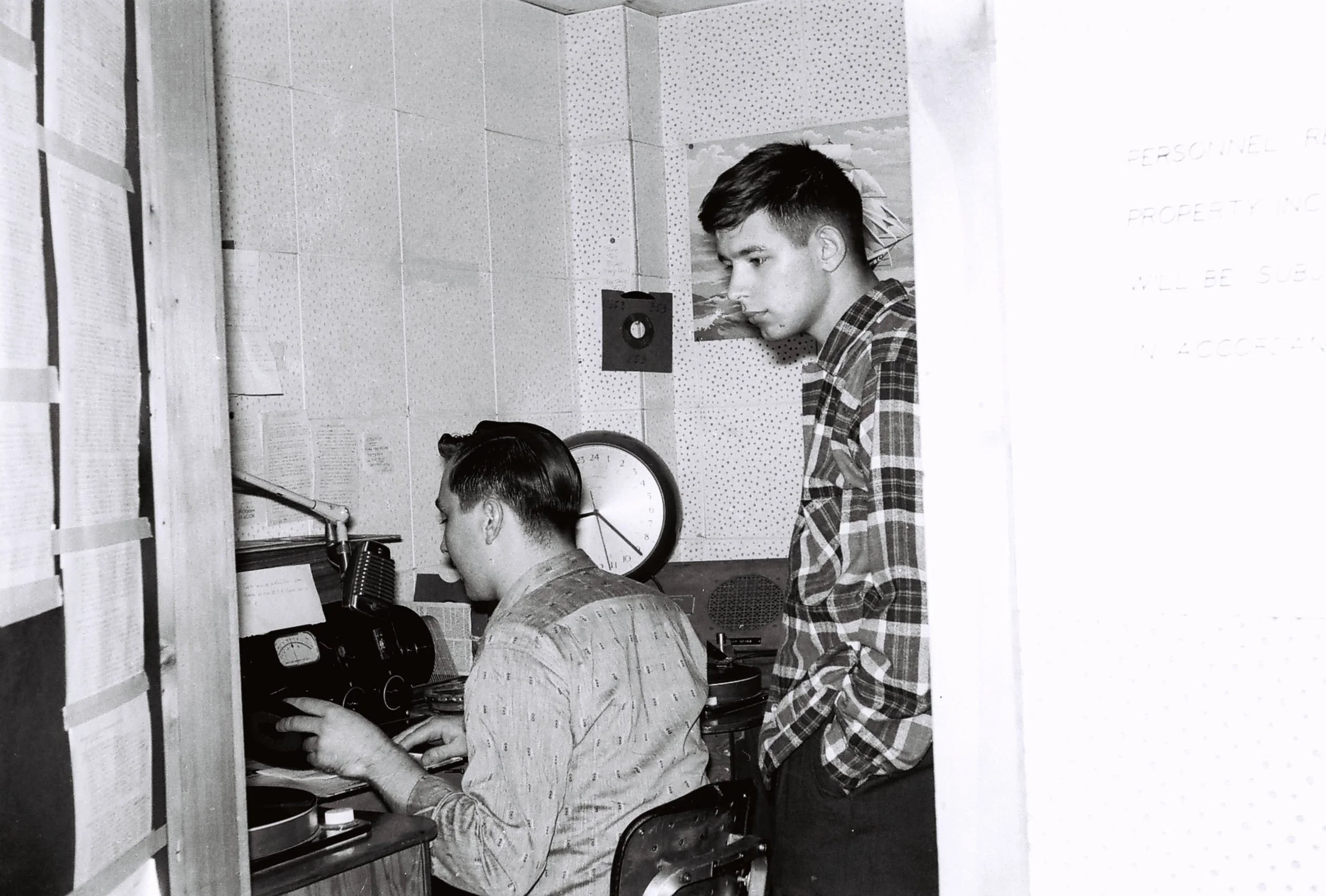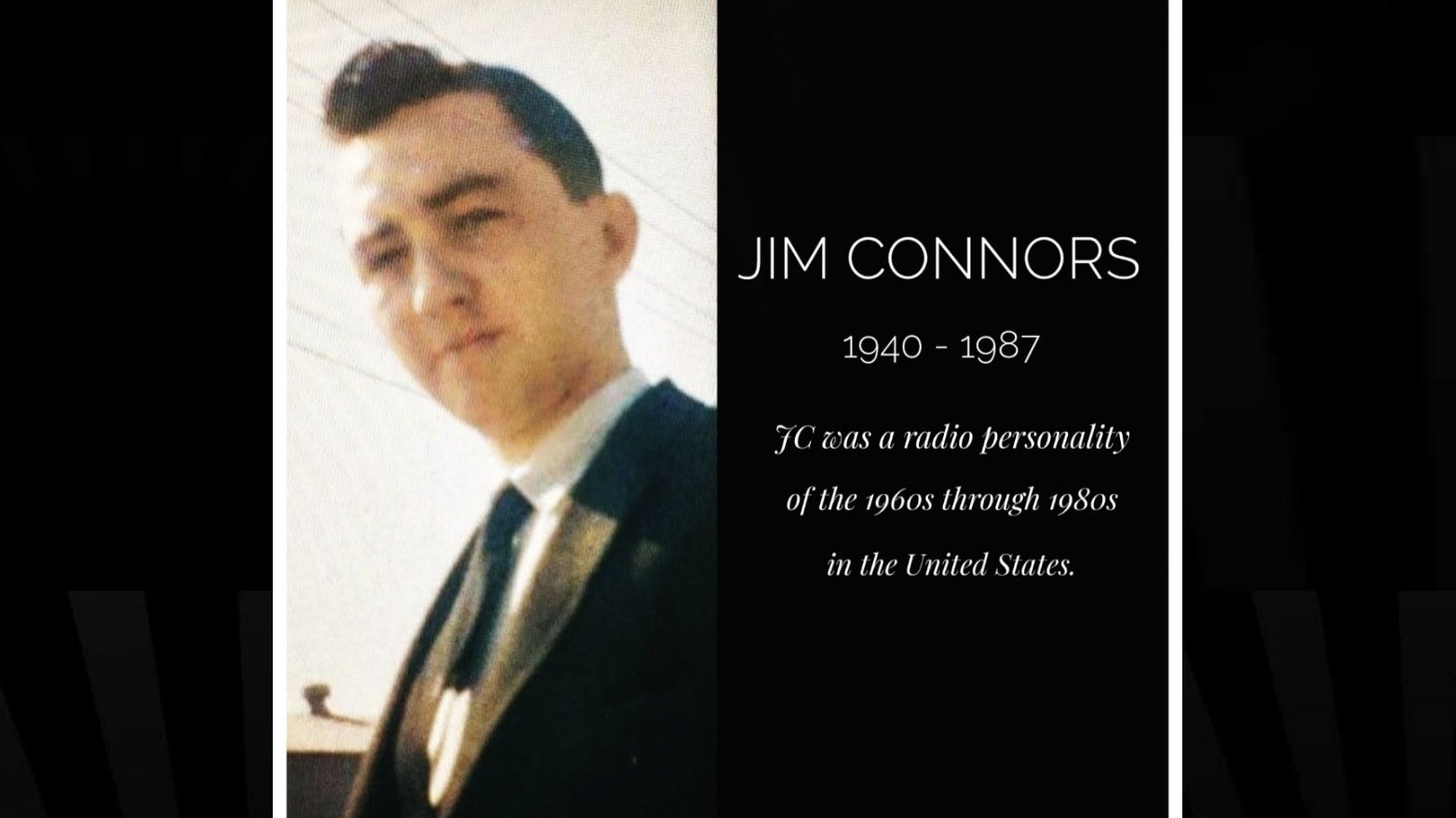
Jim Connors: An Influential Radio Personality in 20th Century Pop Music Culture
JC - USAF Base, Karamusal Turkey
1958: JC Graduates from Pawtucket West High School.
In the late 1950s, Pawtucket, Rhode Island, was a bustling industrial city, underpinned by a strong manufacturing base, particularly noted for its thriving textile mills. This industrial activity significantly boosted the local economy, shaping Pawtucket into a community characterized by a blend of urban energy and suburban comfort. The population was culturally diverse, enriched by substantial groups of French-Canadian, Irish, and Portuguese immigrants, each adding their unique cultural threads to the community.
Pawtucket West High School, established in 1895, was a key educational institution in the city. Graduating from Pawtucket West in 1958 was a significant milestone, marking the culmination of a rigorous education grounded in critical subjects such as English, mathematics, science, and history, designed to prepare students for further education and the workforce.
The social scene for high school students revolved around school events, local hangouts, and community gatherings, with places like Slater Park being popular venues for social interaction. Activities such as dances and sports events were integral to the teenage experience, reflecting the broader American culture of community involvement and youthful engagement.
For JC, high school years were also deeply infused with his passion for baseball. He was an avid player on his school's baseball team, enjoying the competitive spirit and camaraderie of the sport. His enthusiasm for baseball continued into adulthood, supporting both the local Pawtucket Red Sox and the Boston Red Sox. These teams not only fueled his regional pride but also provided a lifelong source of entertainment and loyalty.
The 1950s were a time of economic prosperity in America, a trend that was mirrored in Pawtucket’s expanding suburbs and vigorous local economy. However, the decade was also a period of significant social change, with the civil rights movement gaining momentum and setting the stage for the transformative 1960s.
Graduating from Pawtucket West High School in 1958 meant stepping into an era of opportunity and change. JC, like many of his contemporaries, chose to join the military, enlisting in the Air Force in 1959. This decision marked the start of a significant journey, propelling him from the familiar environment of Pawtucket into the broader context of global affairs during the Cold War era.
1959: JC serves in the United States Air Force
In 1959, enlisting in the Air Force from Pawtucket, Rhode Island, meant undergoing rigorous basic training designed to prepare recruits like JC for the demands of military service. This initial phase included physical conditioning, weapons training, drills, and classroom instruction on military protocols, crucial for building discipline and readiness.
After basic training, JC's journey took him to specialized schools reflecting the Cold War's emphasis on intelligence and security. His first stop was an intensive Russian language program, equipping him with the skills necessary to intercept and interpret Soviet communications—an invaluable asset given the geopolitical tensions of the time. It was here that JC first became part of the United States Air Force Security Service (USAFSS), a secretive branch tasked with monitoring, collecting, and interpreting military voice and electronic signals primarily from Soviet and their satellite Eastern bloc countries.
Following his language training, JC advanced to Radio Intercept School at Goodfellow Air Force Base in San Angelo, Texas. There, he honed his abilities to detect, record, and analyze enemy radio transmissions, a critical component of U.S. intelligence operations. His mission included cryptologic tasks and providing communications security for the Air Force. JC also became acquainted with the TRANSEC (TRANsmission SECurity), later known as COMSEC (COMmunications SECurity) mission. This role involved monitoring and analyzing US military radio and telephone communications to identify practices that could compromise sensitive or classified operations. TRANSEC/COMSEC teams operated in both fixed locations and deployed teams, and their reports were frequently provided directly to field commanders involved in the targeted operations.
JC completed his specialized training and was subsequently assigned to Karamürsel Air Station in Turkey, operating as part of TUSLOG Detachment 3 "Dog" Flight. This strategic placement utilized his skills as a Russian radio intercept specialist, positioning him at the forefront of critical intelligence-gathering efforts near areas of significant Soviet activity.
At Karamürsel, JC's role involved participating in around-the-clock shifts within teams known as Able, Baker, Charlie, and Dog Flights. The demanding nature of this work required unwavering precision and focus as he and his team members intercepted and deciphered Soviet communications, crucial for maintaining security and strategic advantage. During his tenure, JC also learned about the deeper complexities of TRANSEC/COMSEC, appreciating how this mission sometimes served as a cover story for intelligence-gathering operations.
Beyond his intelligence duties, JC's passion for music and his innate ability to connect with people led him to take on the role of program director at the base's radio station. In this capacity, he not only provided entertainment for his fellow servicemembers but also bridged cultural gaps between the U.S. military and the local Turkish community. His efforts in fostering mutual understanding and respect exemplified his dual role as both a military operative and a cultural ambassador.
JC’s service in the Air Force during the Cold War highlights the complex blend of technical expertise, cultural engagement, and steadfast commitment required of service members. His contributions to both intelligence operations and international relations during his time at Karamürsel left a profound impact on both the military community and the broader geopolitical landscape of the era.
Early 1960s: JC serves at TUSLOG Det-3 in Turkey as part of his Air Force service.
During the height of the Cold War, TUSLOG Detachment 3, stationed at Karamürsel Air Station in Turkey, played a pivotal role in providing strategic intelligence that proved crucial during several key confrontations between the United States and the Soviet Union.
JC was deployed to Karamursal, Turkey, on May 19, 1960. At this time, the Cold War tensions were escalating. Located strategically near the Black Sea, TUSLOG Det-3 was instrumental during the early 1960s Black Sea blockade, where the Soviet Union attempted to restrict Western access to the Black Sea. The intelligence gathered by TUSLOG Det-3 offered insights into Soviet naval capabilities and intentions and was promptly relayed to U.S. military and political leaders, aiding in the formulation of responsive strategies.
In early 1961, President John F. Kennedy, recognizing the increasing threat posed by Fidel Castro as a Soviet client working to subvert Latin America, authorized a clandestine invasion of Cuba by a brigade of Cuban exiles. The brigade hit the beach at the Bay of Pigs on April 17, 1961, but the operation collapsed within two days. Kennedy took public responsibility for the mistakes made but remained determined to rid Cuba of Castro. Consequently, in November 1961, Kennedy approved Operation Mongoose, a secret plan aimed at stimulating a rebellion in Cuba that the United States could support.
JC returned to the United States on November 29, 1961, to a duty station at Goodfellow Air Base in San Angelo, Texas. After JC's departure from Turkey, TUSLOG Det-3 continued its critical intelligence work, which was further demonstrated during the Cuban Missile Crisis in October 1962. This crisis was triggered when American reconnaissance discovered Soviet missiles in Cuba capable of striking the U.S. mainland. During this critical period, TUSLOG Det-3’s intercepts of Soviet communications provided real-time, actionable intelligence that informed President Kennedy's decisions throughout the crisis.
The intelligence from TUSLOG Det-3 helped confirm the extent of Soviet missile installations in Cuba, which was crucial for the Kennedy administration during negotiations. This intelligence was a key component in the U.S. decision to establish a naval blockade around Cuba to halt any further Soviet military shipments. The blockade was a significant move, leading to intense negotiations that eventually persuaded the Soviet Union to dismantle the missiles in exchange for a U.S. commitment not to invade Cuba, and a secret agreement to remove U.S. missiles from Turkey.
The effective resolution of the Cuban Missile Crisis, which saw the Soviet missiles withdrawn from Cuba, underscored the importance of timely and accurate intelligence in international diplomacy and military strategy. The efforts of TUSLOG Det-3 during these tense moments of the Cold War exemplify the critical support intelligence units provided in shaping U.S. foreign policy and ensuring national security during one of the most precarious periods in modern history. Through their surveillance and decryption of Soviet communications, the personnel at TUSLOG Det-3 offered indispensable insights that contributed to averting a potential nuclear conflict.
1961-1963: JC returns to the United States and continues his broadcasting career in the Air Force in San Angelo.
After serving at Karamürsel Air Station in Turkey as part of TUSLOG Detachment 3, some airmen, including JC, returned to the United States and were stationed at Goodfellow Air Force Base in San Angelo, Texas. At Goodfellow AFB, these airmen leveraged the skills they honed overseas. They took on responsibilities such as hosting radio shows, selecting music, conducting interviews, and making announcements, all of which kept the base personnel connected and informed.
With the transfer of the base from ATC to the U.S. Air Force Security Service (USAFSS), Goodfellow's mission shifted towards the training of Air Force personnel in advanced cryptologic skills required by the Security Service. The 6940th Air Base Wing administered the base and later, after a name change, provided decryption training. During this time, JC's primary job focused on the decryption of Russian communications, aligning with Goodfellow’s new strategic focus.
Despite the demanding nature of his decryption duties, JC continued to stay heavily involved in the base's radio studio. From late 1961 until he left active duty in July 1963, he was the program director for an 80-man rotation at the radio station. This role allowed him and his fellow airmen to serve as DJs, providing a much-needed mental break from their primary tasks. Their adeptness in handling radio equipment, curating music playlists, and engaging with audiences made them natural fits as radio DJs, significantly contributing to the morale and camaraderie at Goodfellow AFB.
Their background in Karamürsel not only enhanced their broadcasting abilities but also deepened their connection to the music and stories they shared, resonating with both their peers and the broader base community. This dual role provided JC and his fellow airmen with a fulfilling opportunity to continue their passion for radio while also playing a critical role in national security during the Cold War. Through their surveillance and decryption work, they provided the U.S. with essential intelligence on Soviet military operations and strategic intentions, shaping responses to international developments and enhancing counterintelligence efforts to protect U.S. interests.
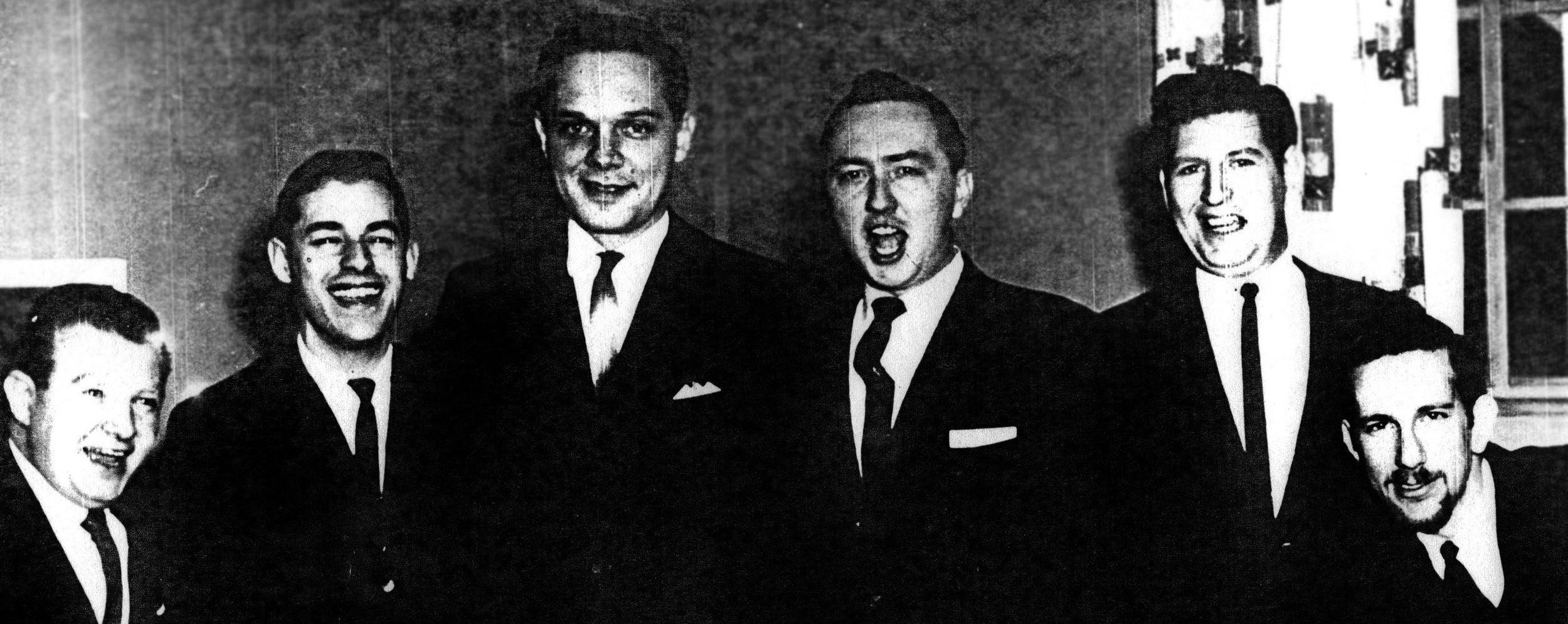
WJET
JC's Civilian Radio Debut:
WJET in Erie, PA
1965: JC begins his civilian broadcasting career, joining WJET in Erie, Pennsylvania.
After completing his service with the USAFSS on July 5th, 1963, Jim Connors (JC) took some time to relax in sunny Florida, enjoying a well-deserved break from his disciplined military life. When he felt recharged, JC sought new adventures and found a perfect fit at WJET in Erie, Pennsylvania. His transition from a "Goodfellow" DJ at his previous base to a "Jet" DJ at WJET was seamless, fitting well within the "Good Guys" team—a title he quickly embodied as he became a key member.
Starting with the lunchtime show, JC's magnetic personality and engaging broadcasting style resonated with audiences, soon earning him higher ratings than even the station's morning drive crew. Under JC's influence, WJET transformed into a local powerhouse, known for its dynamic broadcasting and deep community ties. The "Good Guys" team, known for their energy and enthusiasm, played the latest hits, shared engaging stories, and interacted live with listeners, fostering a strong sense of community and camaraderie. Their commitment to entertainment and information solidified WJET’s reputation as a premier radio destination in Erie.
The station's success was also driven by strategic decisions at the management level. Myron Jones, the founder and owner, not only built and wired the WJET building but WJET held a dominant position in Erie, initially broadcasting as a daytimer on 1570 AM with a 250-watt signal. After switching to 1400 AM, despite still operating at low power, the station remained unbeatable, with all competitors striving but failing to match its influence. Remarkably, Myron was only in his mid to late 20s when he gave JC the opportunity to join what would become a legendary team at WJET, a decision that aligned perfectly with the professional goals of both men.
JC's military background and his prior DJ experience enriched his role at WJET. He excelled not only on air but also behind the scenes, writing engaging content that enhanced the station's programming. His ability to connect with the audience and his flair for creating compelling radio made him a beloved figure in Erie's radio scene and a pivotal part of WJET's enduring legacy.
Throughout his tenure, JC's dedication to his craft and his genuine connection with listeners made him a pivotal figure at WJET. His efforts extended beyond the studio as he actively participated in community events, supported local businesses, and engaged with listeners on various topics of interest, further deepening his impact on the community he served.
1967: Tommy James and the Shondells achieve a gold record under JC's tenure at WJET.
In 1967, Jim Connors (JC) at WJET played a crucial role in amplifying the success of Tommy James and the Shondells, propelling their music to new heights. Under his leadership, WJET didn't just play their music; it championed it, making strategic programming decisions that highlighted the band's catchy tunes and vibrant sound. This dedication not only boosted the band's profile in Erie, Pennsylvania, but also extended their reach into North Eastern Ohio, North Eastern Pennsylvania, and southern Ontario, Canada, significantly widening their audience.
JC's adept promotional efforts and on-air endorsements greatly contributed to the popularity of tracks like "I Think We're Alone Now" and "Mony Mony," helping Tommy James and the Shondells achieve a gold record. His influence was pivotal in solidifying the band's popularity and securing their place in the musical zeitgeist of the era. For his substantial contributions to their success, JC himself was honored with a gold record, a testament to his skill as a broadcaster and his impact on the music industry.
1969: JC plays a pivotal role in the success of Blodwyn Pig's debut album, "Ahead Rings Out," through his strategic promotion and tireless advocacy.
In 1969, while at WJET, Jim Connors (JC) played a crucial role in the success of Blodwyn Pig's debut album, "Ahead Rings Out." His strategic promotion and enthusiastic advocacy on-air and within the local music community captivated listeners with the album’s innovative blend of jazz, blues, and rock elements. This distinctive sound, marked by Mick Abrahams’ gritty guitar work and the unusual addition of wind instruments like saxophone and flute, added a unique textural complexity to the rock music landscape.
"Ahead Rings Out" stood out for its musical and lyrical depth, featuring tracks such as "Dear Jill" and "See My Way," which showcased the band’s versatile approach to songwriting. The lyrics delved into personal and introspective themes, resonating with the era's countercultural movements and the audience's hunger for authenticity and deeper artistic expression.
JC's passionate support was instrumental in generating significant buzz around the album, driving its critical acclaim and commercial success in the United States. This not only highlighted the pivotal role of radio DJs like JC in shaping musical trends but also underscored their ability to spotlight emerging talent, propelling them into the mainstream during the vibrant late 1960s music scene. His efforts helped establish Blodwyn Pig as a significant presence in the progressive rock and blues-rock scenes.
For his significant contributions to the album's success, JC was awarded a gold record, cementing his legacy as a key influencer in the music industry. The cultural impact of "Ahead Rings Out" during the tumultuous late 1960s was profound; it captured the eclectic spirit of the time and remains a celebrated example of the fusion genre that defined the end of the 1960s, holding a special place in the annals of rock history.
A very special Thank You to John Gallagher of Erie, PA for his continued support and sharing of these surveys!
In the late 1960s, as Program Directors across the country exchanged insights and discovered new trends, the airwaves buzzed with innovation. During this dynamic time, media groups significantly influenced the music industry.
WLS, known for its trendsetting role, was a key player where JC built lasting relationships with esteemed PDs like John Rook, Bill Price, and Tommy Edwards. These connections provided JC with deep insights into the music scene, enabling him to exchange strategies and ideas that kept his station, WJET, at the forefront of the industry.
Networking among peers was crucial, going beyond social interactions to become a strategic necessity. By maintaining close ties with major label representatives, JC ensured WJET continuously received the latest music, keeping the station’s programming fresh and exciting.
Through their collaborative efforts, camaraderie, and shared passion for music, JC and his peers crafted a musical landscape that resonated on the airwaves, influencing generations and leaving a lasting impact on the industry.
Please visit the “We Rocked Erie in the 20th Century!” Facebook group for more discussion about this iconic era in US Radio history.
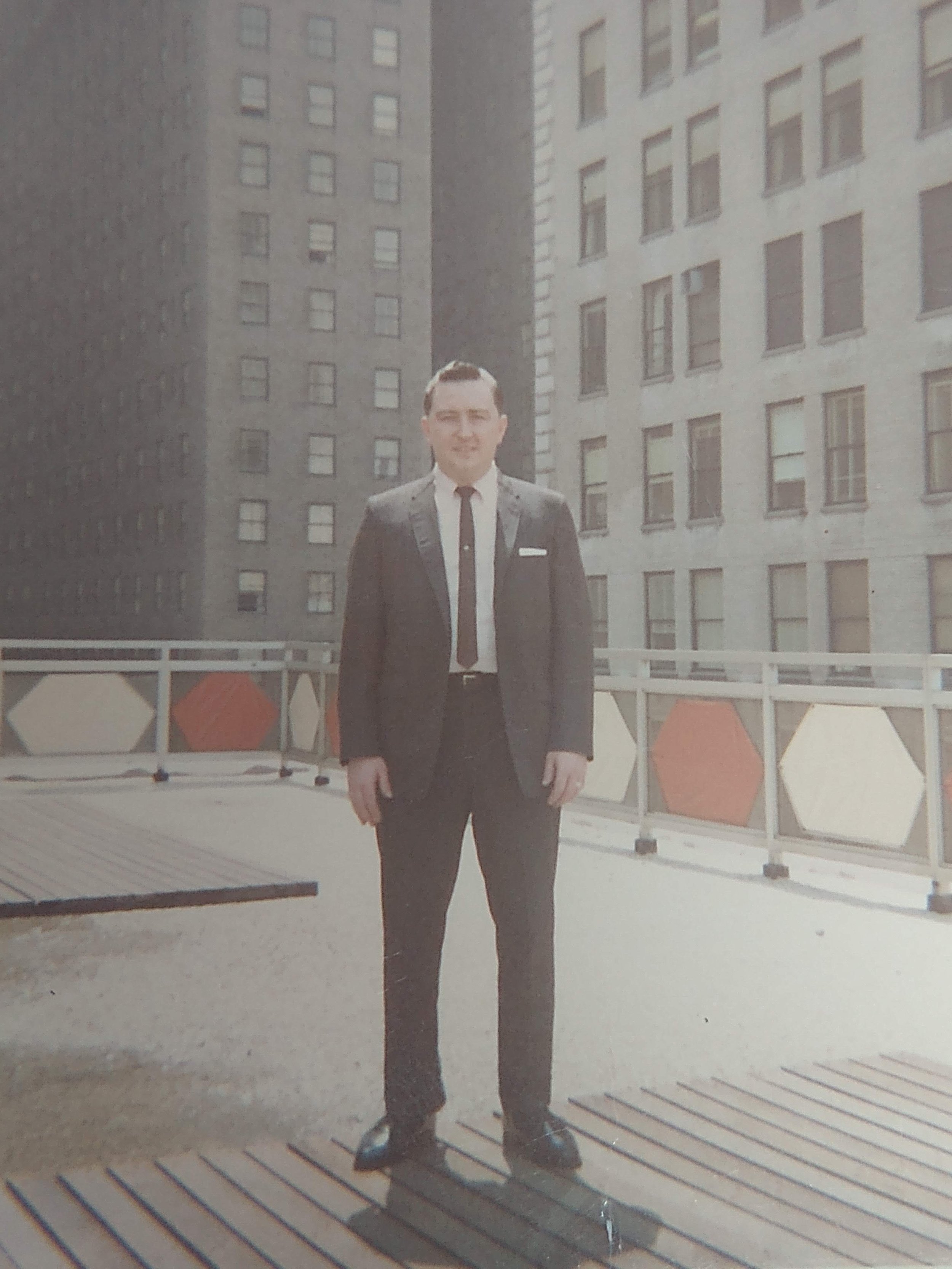
WMEX - BOSTON - 1971
From WJET to WMEX: JC's Major League Call-Up
1971: JC joins WMEX in Boston, Massachusetts, as Program Director and on-air talent.
In 1971, JC joined WMEX in Boston, Massachusetts, as Program Director and on-air talent, stepping into a role that placed him at the heart of the city's dynamic cultural and broadcasting landscape. By 1971, the position of morning drive-time DJ had become not only prestigious but also intensely competitive due to the prime morning slot from 6:00 AM to 10:00 AM. This period, crucial for capturing the largest audience of the day—commuters starting their routines—was where JC excelled, engaging Boston's diverse audience with a compelling mix of content, upbeat music, and timely updates on news, weather, and traffic.
During this era, AM radio was at the zenith of its influence, serving as the primary medium for broadcasting music, news, and entertainment. As a radio DJ, JC wielded considerable influence within the music industry and broader societal realms. His role involved not just spinning records but acting as a community voice, providing essential companionship and information that resonated well beyond the airwaves. His exceptional talent in identifying and promoting emerging artists significantly enhanced his stature within the industry.
However, changes were on the horizon with new ownership at WMEX in late 1971, altering the station's landscape. Despite these shifts, JC’s impact continued to grow as he earned accolades for promoting major hits like Chuck Berry's "My Ding-a-Ling," Mouth and MacNeal's "How Do You Do," Wayne Newton's "Daddy Don't You Walk So Fast," Joe Simon's "Power of Love," and Clint Holmes's "Playground in My Mind." Additionally, Harry Chapin’s songs "WOLD" and "Taxi," as well as Jim Croce’s poignant "Time in a Bottle," became significant markers in JC’s career, each shaping the era’s musical soundtrack and deepening his legacy.
With the evolution of the music scene and the rise of FM radio’s superior sound quality, WMEX transitioned to an easy listening format in 1975, marking the end of its era as a Top 40 powerhouse. This pivotal moment underscored a significant chapter in Boston’s radio history, highlighting JC's lasting impact on the industry and his listeners. His innate ability to connect with the audience through authentic storytelling played a key role in transforming WMEX into a legendary station during a transformative era in music and radio broadcasting.
JC's passion for nurturing new talent continued to define his career. He was honored with thirteen Gold Records for his promotional successes, underscoring his unmatched talent-spotting abilities and commitment to the broadcasting craft. His influence extended nationally as he attended the National Association of Broadcasters (NAB) convention in 1972, networking with industry leaders and exchanging valuable insights that enriched both his career and those of his peers across the country.
Throughout his tenure, JC’s profound influence on the music industry was marked by his pivotal role in launching numerous artists' careers, leaving a legacy that continues through the music he championed and the artists he propelled to fame.
1971: JC meets Harry Chapin outside Boston while promoting and working a live concert for WMEX
Jim Connors first encountered Harry Chapin during a memorable weekend in Boston, where Chapin, opening for Carly Simon, performed at Symphony Hall. This initial meeting was marked by deep and extensive conversations between Connors and Chapin, more so than with any other individual that weekend. Despite the significance of their discussions, both men drifted apart, not revisiting the encounter for about a year and a half.
During this period of reflection, Chapin was struck by the profound parallels between the life of a performer and that of a disc jockey. Both careers, he realized, shared a transient nature—not just in the literal movement from one venue to another, but also in the ephemeral nature of their public engagements. The impact on personal life was significant, with both professions demanding a high level of personal sacrifice and often relegating the less glamorous aspects of the business to the background.
Chapin was particularly moved by the ironic challenges faced by artists in a youth-dominated industry, especially as they aged. He observed that while the primary audience for pop music might be teenagers, the artists themselves, including radio personalities like Cousin Brucey on WABC, were often a decade or more older than their listeners. This gap highlighted a cultural and generational disconnect that Chapin found both fascinating and disconcerting.
These insights inspired Chapin to write "WOLD," a song that distilled his Boston experience and his observations about the music industry into a poignant narrative. In "WOLD," Chapin explored the life of a middle-aged disc jockey who grapples with the realities of his fading career, his diminishing relevance in the eyes of a younger audience, and the personal costs of his professional choices. The song emerged not only as a personal reflection but also as a commentary on the broader challenges facing those in the entertainment industry as they navigate the complexities of age, identity, and cultural change.
Through "WOLD," Chapin captured the essence of his discussions with Connors, weaving the personal and professional into a narrative that resonated with many in their field. This song, enriched by the context of their meeting and the subsequent reflections on their professions, underscored the emotional and existential themes that are often omnipresent yet unspoken in the lives of those who entertain and inform us.
1971: JC plays a pivotal role in introducing Mouth and MacNeal to American audiences, promoting their hit "How Do You Do" to success in the US market.
During his tenure at WMEX in Boston, JC played a pivotal role in promoting "How Do You Do," the breakout hit by the Dutch pop duo Mouth & MacNeal. The duo, consisting of Willem Duyn ("Big Mouth") and Maggie MacNeal, gained international acclaim, particularly with their participation in the 1974 Eurovision Song Contest with the song "I See a Star." While they did not win Eurovision, the exposure significantly boosted their profile.
Released in 1972, "How Do You Do" quickly became Mouth & MacNeal's signature song, climbing to number one in several countries, including the Netherlands, Belgium, and Switzerland. The song's catchy melody and upbeat lyrics made it a favorite among audiences, capturing the spirit of the early 1970s pop music scene.
At WMEX, JC recognized the potential of "How Do You Do" to resonate with American listeners. As program director and on-air talent, he had a significant platform to introduce new music to a wide audience. JC leveraged this position to ensure "How Do You Do" received substantial airplay, contributing to its rise on the charts.
Beyond just spinning the record, JC used his industry connections to amplify the song's reach. He engaged with music executives, advocating for "How Do You Do" and helping to create a buzz that extended far beyond Boston. His efforts were instrumental in pushing the song to the top of the charts, where it enjoyed considerable success.
In recognition of his influential role in the song's success, JC was awarded a gold record. His strategic promotion and networking not only elevated "How Do You Do" to a chart-topping hit but also cemented its place in the pantheon of classic pop songs, showcasing JC's profound impact on the music industry and his ability to guide songs to commercial triumph.
1972: JC's advocacy helps propel Chuck Berry's "My Ding-a-ling" to the top of the charts.
During JC's formative years, Chuck Berry was not just a musician to him but an idol. JC held a profound appreciation for Berry's music, deeply influenced by his pioneering contributions to rock and roll and timeless hits like "Johnny B. Goode" and "Roll Over Beethoven." Berry's distinctive guitar riffs and vibrant rhythms resonated with JC, shaping his musical tastes and ambitions in radio broadcasting.
When JC was at WMEX in Boston, Massachusetts, he had the thrilling opportunity to promote Chuck Berry's music, particularly the song "My Ding-a-Ling." This chance aligned perfectly with his personal passions, and JC's genuine enthusiasm for Berry's work was key to the song's exceptional success. His promotional efforts helped propel "My Ding-a-Ling" to top the charts, reflecting JC's significant impact as a DJ.
The promotion and distribution of "My Ding-a-Ling" were also vigorously supported by Berry's record label, Chess Records. At the helm during this time was Marshall Chess, the vice president of the label and the son of its co-founder, Leonard Chess. Marshall's deep industry knowledge and connections greatly enhanced the song's reach and popularity.
JC's unwavering dedication to Chuck Berry's music, combined with the strategic backing of Chess Records and the support of Marshall Chess, created the perfect conditions for "My Ding-a-Ling" to become a chart-topping hit. This collaboration showcased the powerful synergy between artists, DJs, and record labels in sculpting the musical landscape of the early 1970s.
In recognition of his pivotal role in the song's success, JC was awarded a gold record. Despite this career highlight and an attractive offer from Chess Records to relocate to England and continue working for the label, JC chose to decline. His decision to stay in the United States was driven by a desire to remain close to his family, emphasizing his dedication to balancing both his professional achievements and personal commitments.
1972: JC promotes Chi Coltrane's "Thunder and Lightning" to chart success.
JC was captivated by Chi Coltrane's dynamic presence and powerful voice, prompting him to champion her music not only on the airwaves of WMEX but also through extensive coverage in print media. His advocacy played a crucial role in boosting Coltrane's career, particularly with her standout track "Thunder and Lightning."
At WMEX, JC's acute sense for musical talent led him to discover and fall in love with Chi Coltrane's unique mix of funk and soul. "Thunder and Lightning" particularly stood out to him for its vibrant energy and Coltrane’s compelling vocal delivery. Sensing its potential to resonate widely, JC set his sights on elevating the song to the top of the charts.
Through carefully curated programming and relentless promotion, JC leveraged his prominent platform to amplify "Thunder and Lightning." His passionate endorsements and enthusiastic engagement with the song sparked considerable buzz, attracting attention from listeners across Boston and further afield. JC's promotional efforts extended beyond radio; he actively networked with music industry executives and insiders, advocating for the song's inclusion on other influential radio stations and securing positive coverage in music publications.
JC's unwavering support and strategic promotional activities significantly contributed to the song's ascent up the charts, earning "Thunder and Lightning" widespread acclaim and solidifying Chi Coltrane’s reputation in the music scene. His efforts underscored the powerful role that dedicated radio DJs can play in guiding the trajectory of emerging artists and elevating their music to mainstream success.
"Thunder and Lightning" made a notable impact on the Billboard charts, climbing steadily due to JC's relentless promotion and the strategic backing of Columbia Records. The record label provided substantial support in terms of marketing, airplay, and distribution, ensuring the song reached a broad audience. Their expertise in navigating the music industry, combined with JC's local influence and promotional acumen, were instrumental in driving the song to the top of the charts.
For his significant role in the song's success, JC was awarded a gold record, a testament to his influence and the impact of his promotional strategies. This accolade not only recognized his contributions to the song's achievement but also highlighted his ability to significantly shape musical trends and artist careers through his platform.
The collaborative efforts between Chi Coltrane, JC at WMEX, and Columbia Records exemplified a cohesive and strategic approach to music promotion in the competitive landscape of the 1970s. Together, they utilized the power of both radio and industry partnerships to propel "Thunder and Lightning" to chart-topping success, cementing Coltrane’s status as a formidable talent in the music industry.
1972: Wayne Newton's rendition of "Daddy Don't You Walk So Fast" achieves commercial success with JC's promotion.
In 1972, Wayne Newton's poignant single "Daddy Don't You Walk So Fast" captured the hearts of listeners nationwide, a sentiment deeply felt by JC, a prominent DJ at WMEX in Boston, Massachusetts. JC, experiencing personal resonance with the song due to his own familial situation—being separated from his daughter in Erie, Pennsylvania, and his estranged wife—recognized the emotional depth of Newton's performance and saw the potential for it to connect broadly with his audience.
The song tells a touching story of a father's desperate attempt to keep his family together as his young daughter pleads with him not to leave. Delivered with emotional intensity by Newton, the song's narrative of separation and familial bonds is both urgent and sincere, mirroring JC's personal life challenges.
JC leveraged his position at WMEX to give "Daddy Don't You Walk So Fast" extensive airplay, sharing its poignant themes and his personal connection to the song with listeners. His enthusiastic on-air endorsements and the relatable story of the song struck a chord with a wide audience, generating significant buzz.
To further amplify the song's reach, JC collaborated closely with Capitol Records, utilizing their combined marketing and distribution efforts to ensure extensive airplay across various stations and markets. This strategic promotion helped propel the song up the Billboard charts, where it ultimately peaked at number four on the Billboard Hot 100, solidifying its status as a major hit. For this, JC was awarded a gold record.
The commercial success of "Daddy Don't You Walk So Fast," bolstered by JC's heartfelt promotion, underscored the powerful role of radio DJs in shaping music trends and connecting deeply with listeners through shared human experiences. JC's ability to share his personal story through the song's promotion not only highlighted his influence but also deepened the impact of the song's message, resonating with those facing similar familial challenges.
1972: JC promotes Joe Simon's "Power of Love" to the top of the R&B charts.
In 1972, JC's passion for R&B music reached new heights with his enthusiastic promotion of Joe Simon's "Power of Love," a soulful ballad that captured the hearts of listeners across the country. As a DJ with a deep appreciation for the genre, JC recognized the song's potent blend of emotive lyrics and rich melodies that explored the transformative and redemptive power of love.
Released by Spring Records, "Power of Love" showcased Joe Simon's smooth vocals and emotive delivery, making it a standout track. The song delves into the theme of love as a powerful force that transcends hardships and brings profound joy and meaning to life. Its heartfelt message resonated deeply, allowing listeners to connect with its universal themes of love and resilience.
JC's strategic airplay and relentless promotion were instrumental in elevating the track up the R&B charts, where it ultimately achieved the coveted gold status. His efforts not only highlighted the song's appeal but also underscored the broader emotional and cultural resonance of the R&B genre.
R&B music, celebrated for its authentic expression of human emotions through soul-stirring melodies and poignant lyrics, resonates deeply with listeners from diverse backgrounds. It articulates experiences of love, heartache, triumph, and resilience, making it a powerful medium for storytelling and emotional connection.
The gold status of "Power of Love" in 1972 marked a significant milestone for Joe Simon and the R&B genre, signaling commercial success and cultural validation. This achievement illustrated the genre's growing influence in shaping popular culture and its capacity to bridge racial and cultural divides, thus garnering mainstream recognition.
For JC, Joe Simon's success with "Power of Love" was a testament to the enduring appeal and impact of R&B music. JC was awarded a gold record. This all culminated in a reaffirmed his belief in the genre's power to connect people through shared experiences and emotions, strengthening his commitment to championing R&B music on the airwaves and beyond.
1973: JC becomes involved with Clint Holmes's "Playground in my Mind," further expanding his influence.
In 1973, Clint Holmes captivated audiences worldwide with his hit single "Playground in My Mind." Released under the Epic Records label, known for its eclectic mix of artists and groundbreaking releases, the song beautifully captured the whimsy of childhood innocence and imagination.
JC, a prominent DJ in 1973, was instrumental in elevating "Playground in My Mind" to gold record status. He maximized the song's exposure by ensuring it was a staple in the rotation on WMEX and other key radio stations, dedicating significant airtime to its play. His genuine enthusiasm for the song, coupled with personal stories about its impact, sparked widespread interest and excitement among listeners.
To further engage his audience, JC hosted interactive contests and encouraged listeners to provide feedback and share their own connections to the song, enhancing its resonance and building a community around its joyful message.
JC also amplified the song’s reach through live events, creating opportunities for fans to experience "Playground in My Mind" in a vibrant, communal setting. Leveraging his extensive network within the music industry, he successfully secured endorsements and favorable reviews from record executives and music critics, further boosting the song's profile.
Thanks to JC’s relentless promotion, strategic insight, and passionate advocacy, "Playground in My Mind" not only achieved gold record status but also secured its enduring legacy in the annals of music history. JC earned a Gold Record for this great collaborative work in helping Clint breakthrough to new found success.
1973: Harry Chapin releases "W*O*L*D," inspired by JC's experiences.
In 1973, after establishing a close bond with Harry Chapin, JC unexpectedly found himself in the spotlight when Chapin released "W.O.L.D," a poignant ballad that drew heavily from JC's life experiences and the broader challenges faced by radio DJs. This song poignantly captured the transient and often taxing nature of their careers, as well as the personal sacrifices that came with them.
"W.O.L.D" resonated deeply with listeners, striking a chord with those familiar with the juggling act of professional ambitions and family responsibilities. The lyrics "Feeling all of 45, going on 15," masterfully encapsulated the perpetual youthfulness required by the job, juxtaposed against the real weight of aging and personal responsibilities, highlighting the unique emotional challenges faced by DJs.
For JC, hearing "W.O.L.D" was a profound moment of recognition and validation. The song mirrored his and his colleagues' experiences, offering a reflective look at the highs and lows of their chosen careers. As the song climbed the charts and reached gold status, JC became celebrated as the muse behind Chapin's heartfelt homage to the life of radio DJs.
The song's title, "W.O.L.D," cleverly played on the call letters typical of radio stations, symbolizing the universal yet isolated world of radio broadcasting. Its emotive lyrics and compelling melody offered listeners a window into the tumultuous, nomadic lifestyle of DJs, constantly adapting to the shifting dynamics of the music industry.
As "W.O.L.D" turned into a cultural sensation, JC contemplated the dual nature of his success. While proud to have inspired such a resonant and enduring work, he also faced the realities of the hardships inherent in his profession. The song's success was bittersweet, highlighting both the glamour and the hidden struggles of the broadcasting world.
In recognition of his profound impact and as a testament to the authenticity he brought to Chapin's narrative, JC was awarded a gold record for the single. This accolade not only celebrated the song's commercial success but also acknowledged JC's significant role in shaping its emotional depth and relatability.
1973: JC's received gold for Harry Chapin's "Taxi".
In 1973, JC's deep connection with Harry Chapin influenced the creation of "Taxi," a standout track from Chapin's album that resonated deeply with listeners. The song narrates the story of a taxi driver, once an aspiring pilot, who encounters his former lover as a passenger. The woman, who had dreams of becoming an actress, is now affluent and lives in a different world. As they travel through the city, the driver reflects on their past love, their diverged paths, and the life choices that led them to their current circumstances. This reunion is bittersweet, filled with nostalgia and the realization of lost dreams.
The track "Taxi" was released under Elektra Records, a label known for its diverse roster of artists and a keen ear for potential hits. Chapin’s ability to weave complex stories into song lyrics made "Taxi" a compelling narrative that captured the hearts of many, leading to significant commercial success. The album reached gold status, partly due to JC’s promotional efforts, who recognized the song’s potential and championed it on his radio shows.
JC’s advocacy was not just about airplay; it was about sharing a story he felt connected to personally, which translated into a broader audience appeal. His role went beyond playing the track; he discussed its themes, engaged listeners with its narrative depth, and helped them appreciate the artistry behind Chapin’s lyrics. This deeper engagement helped cement "Taxi’s" success and contributed to the album achieving gold record status.
For JC, the success of "Taxi" highlighted the power of radio as a medium not just for music but for storytelling that resonates on a personal level. It also underscored his role in shaping how music was perceived and appreciated, proving that a DJ’s influence could extend far beyond the airwaves into shaping an artist’s career trajectory and legacy.
1973: Jim Croce's "Time in a Bottle" becomes a poignant part of JC's life.
In 1973, following the release of Jim Croce's evocative song "Time in a Bottle," its ascent to the top of the charts was propelled by a poignant surge in popularity after Croce's untimely death. Released under ABC Records, the song became a profound reflection on the fleeting nature of life, resonating deeply with listeners and reaching number one on the Billboard Hot 100.
"Time in a Bottle" is written as a wistful musing on the desire to capture precious moments and preserve them forever. Croce's lyrics—crafted with a gentle, introspective tone—speak to the universal longing to hold onto the moments we cherish, especially in the face of life's inevitable progressions and endings. The song gained an added layer of meaning following Croce's tragic passing, transforming it into an almost prophetic message about cherishing every moment.
For Jim Connors (JC), the song's message struck a particularly resonant chord, aligning poignantly with his own life experiences and reflections on the passage of time and the significance of personal connections. His promotion of Croce's music at WMEX was instrumental in amplifying its reach and impact, marking a significant achievement in his broadcasting career.
In recognition of the song achieving gold status and as a tribute to Croce's legacy, JC was awarded a uniquely crafted memorial plaque instead of a traditional gold record. This award was designed as a glass-etched plaque set against a sleek black background, symbolizing the concept of "time in a bottle." The design did not feature an actual gold record but stood as one of the most artistic and time-honored mementos given in thanks for helping the song reach gold record status. This elegant plaque served as a profound acknowledgment of both Croce's artistic contribution and JC's role in bringing this timeless song to a broader audience.
The tribute beautifully encapsulated the essence of "Time in a Bottle," serving as a lasting symbol of Croce's enduring musical legacy and JC's pivotal role in his posthumous acclaim. It remains a poignant reminder of the power of music to encapsulate deep human emotions and the inexorable march of time.
1973: JC and Foster Brooks become friends, staying in touch for years to come, sharing jokes, industry news, and rejoicing through in-person visits.
In 1973, JC and Foster Brooks cultivated a friendship that would span decades, marked by shared laughter and mutual respect. Their relationship was more than just a casual acquaintance; it blossomed into a deep and enduring friendship that provided both comfort and joy amidst the demands of their high-profile careers.
Both men, celebrated in their respective fields, found in each other a kindred spirit with whom they could share not only jokes but also the unique challenges of the entertainment industry. Their camaraderie was fueled by a genuine affection and an appreciation for each other’s talents and personalities.
Foster and JC maintained their bond through regular correspondence and cherished face-to-face meetings. Despite the inevitable gaps created by their busy schedules, their friendship endured, characterized by an easy rapport and the ability to pick up conversations as if no time had passed.
The cornerstone of their relationship was a shared sense of humor. It was not uncommon for them to exchange jokes or recount amusing industry anecdotes that helped lighten the burdens of their professional lives. This humor was a vital thread that connected them, offering a release from the pressures they faced.
As the years progressed, the friendship between JC and Foster Brooks exemplified how deep connections can transcend the changing landscapes of life and career. Their relationship was a steady source of stability and joy, underscoring the power of friendship to enrich and sustain life’s journey, proving that true companionship endures, providing strength and solace through all of life’s seasons.

WYSL Buffalo
Jim Connors & Harry Chapin discuss WOLD and TAXI
1974: WYSL
Jim Connors' (JC) move to WYSL in Buffalo represented a critical juncture in both his professional and personal life, particularly in the aftermath of Harry Chapin's song "W.O.L.D," which cast a spotlight on the often-unseen struggles of radio personalities. This song, inspired partly by JC's experiences, delved into the transient nature of radio careers and their impact on personal lives, resonating deeply with JC as he faced his own familial challenges.
JC's decision to join WYSL was propelled by his need to be closer to his family in Erie, where his children resided. The release of "W.O.L.D" coincided with a period of intensified personal scrutiny and media attention, which sometimes led to public misunderstandings and portrayed his family life in a less favorable light. This scrutiny exacerbated the strain on his relationships, leading to the eventual dissolution of his marriage. Amidst these personal trials, JC sought to stabilize his life and forge a closer connection with his children, making his move to Buffalo not just a career choice but a heartfelt attempt to rebuild his family connections.
WYSL, under the guidance of Larry Levitt, offered JC not only a professional platform but also the support needed during this tumultuous period. Levitt's understanding and JC's new role in a morning drive slot allowed him to reinvent his approach to broadcasting, balancing professional demands with his efforts to mend and maintain ties with his family. The strategic location of Buffalo, significantly closer to Erie than his previous postings, enabled more frequent visits to his children and provided a semblance of the stability he sorely needed, and WYSL could capitalize off JC’s National attention.
The station's success in climbing to the top of the market rankings, frequently surpassing the long-established WKBW, was a direct testament to JC's enduring talent and adaptability. His deep industry connections continued to enrich WYSL's programming, making it a pivotal player in the region and allowing JC to remain a prominent figure in the radio industry. Many celebrities stopped through Buffalo for special interviews, concerts, and to catch up on time passed. JC’s morning show not only captivated listeners with innovative content and engaging style but also served as a platform for JC to channel his personal experiences into his broadcasts, adding depth and authenticity that resonated with his audience.
JC's story during this era is a poignant example of how professional success can be deeply intertwined with personal challenges. His journey through the highs and lows of the broadcasting world, mirrored by his efforts to navigate significant personal hurdles, highlights the resilience required to maintain one's career and personal life in the public eye. Through his time at WYSL, JC not only rebuilt his professional stature but also laid the groundwork for healing and reconnecting with his family, illustrating the profound impact of personal resolve and professional dedication in overcoming life's obstacles.
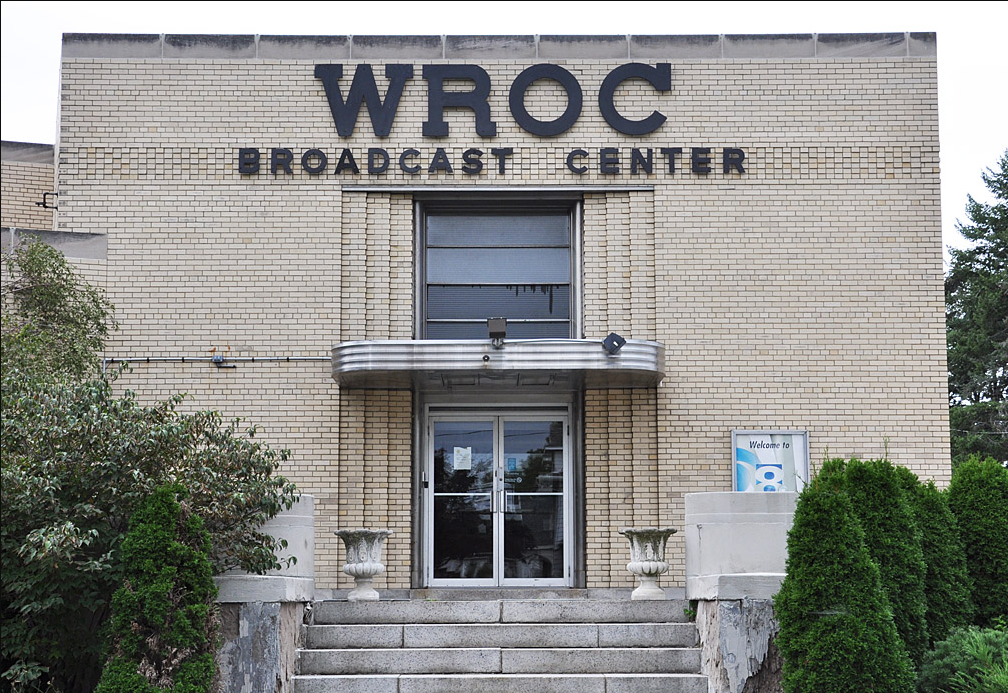
1975: WROC
In 1975, JC embarked on a new chapter at WROC in Rochester, NY, alongside his second wife, embracing a return to his New England roots as they eagerly anticipated the arrival of their first child. The move to WROC was strategic, positioning JC closer to his family in New England and presenting an opportunity for him to leverage his extensive broadcasting experience in a new market. This transition was seen as a stepping stone, potentially preparing him for future executive roles within the industry.
However, JC's arrival at WROC coincided with a labor dispute that soon engulfed the station. The conflict stemmed from proposed pay cuts and deteriorating working conditions, which sparked significant unrest among the staff. As a seasoned professional, JC was thrust into a role that required not only his broadcasting skills but also his ability to manage a tense and rapidly evolving situation. He took on executive responsibilities, applying his diplomatic skills and industry knowledge to navigate the station through these challenges while striving to maintain operational continuity and morale among the staff.
Despite the internal strife, JC's commitment to broadcasting excellence never wavered. He remained dedicated to upholding the station's integrity and commitment to its audience, even as the labor dispute threatened to disrupt daily operations. His leadership during this period demonstrated his resilience and deep understanding of the broadcasting landscape.
Amidst this tumultuous backdrop, WROC had the opportunity to interview Al Wallack, a promising young talent in the industry. JC immediately recognized Wallack's potential and was keen to bring him aboard. However, the unsettled circumstances at the station during the labor dispute made it an inopportune time to integrate a new personality into the team. Consequently, Wallack's engagement with WROC did not materialize at that time, though his career would later flourish, marking him as a significant figure in the broadcasting world.
During the labor dispute, JC not only took on executive responsibilities but also stepped into additional on-air roles to help maintain the station's programming. Amidst the turmoil and staff shortages caused by the strike, he began doing weather segments on television. This move was part of a broader effort to keep the station operational and provide continuous service to the audience despite the challenging circumstances.
JC's foray into television broadcasting, particularly handling the weather reports, showcased his versatility and willingness to go beyond his usual duties to support the station. His involvement in TV broadcasting was a temporary measure to fill the gaps left by striking staff and to ensure that the station continued to deliver news and important updates to its viewers.
This period highlighted JC's adaptability and his commitment to the broadcasting profession, reinforcing his role as a pivotal team member at WROC. His willingness to step into different roles as needed underscored his dedication not only to his craft but also to the station's success and stability during a critical time. JC's time at WROC, marked by personal milestones and professional challenges, underscored his adaptability and leadership under pressure. It also highlighted the broader issues facing the broadcasting industry during the 1970s, from economic pressures to the crucial role of fair labor practices in maintaining a quality workforce. Through it all, JC's influence and actions at WROC left a lasting mark on the station and its community, reinforcing his legacy as a pivotal figure in the evolution of radio broadcasting.

WCIB - 1977
1977: JC moves to WCIB - Stereo 102 - as the new Operations Manager & on air talent.
In 1977, JC found a new beginning at WCIB in Falmouth, Massachusetts, amidst significant personal and professional changes, including ongoing labor disputes at his previous station and major family developments. His move was partly motivated by a desire to be closer to his aging father and family in New England, especially with a new baby on the way.
Falmouth in the late 1970s captured the essence of New England charm. The town's maritime spirit was embodied by landmarks like the Nobska Lighthouse, which offered sweeping views across Vineyard Sound. The daily ferries, like the Island Queen, bustled with tourists and locals alike, making the short, scenic journey to Martha's Vineyard.
On Martha’s Vineyard, the atmosphere was a blend of historic allure and natural beauty. The island’s small towns buzzed with the activity of summer visitors browsing through quaint shops and dining at local eateries. Ice cream parlors, often with views of the harbor or the serene ocean, were favorite stops for families enjoying the warm summer days.
Whale watching tours were a major draw, with visitors eager to catch a glimpse of majestic whales breaching off the coast. The sounds of the sea and the relaxed pace of island life provided a stark contrast to the bustling cities many visitors came from.
This serene environment proved conducive for JC not only to advance his career but also to reconnect with his family roots. His father, Jim Connors, a widower deeply rooted in a large, devoutly Catholic family, and his brothers, Brian and Greg, would often visit, maintaining strong family ties. Together, they managed the Think Sheet, an industry tip sheet that JC published, providing insights and news to fellow DJs. This project not only helped JC stay connected with the broadcasting world but also kept him linked with his family, supporting both his professional and personal life.
JC's move to WCIB marked a period of reconnection and new beginnings, as he navigated the complexities of managing a major radio station while fostering deeper family relationships.
1977: JC's father passes away.
The loss of JC's father in February 1977 marked a profound turning point for him and his family. As he was transitioning to a new job and welcoming a new chapter in his life with the arrival of his grandson, the grief of not having his father share in these moments was deeply felt. This loss not only ended a personal dream of having his family reunited on Cape Cod but also led to the cessation of the Think Sheet, a family-operated industry tip sheet that JC, his father, and brothers had run together. The Think Sheet had been more than just a source of income; it was a bond that kept the family connected through their shared passion for the music industry. The discontinuation of this publication symbolized the end of an era for JC and underscored the emotional impact of his father's absence during a pivotal time in his life.
1977: JC makes the acquaintance of Edward M. (Ted) Kennedy, and the two men stay in touch personally and professionally for a period of time on the Cape.
Following his father's funeral, JC returned to Cape Cod, determined to channel his grief into a renewed focus on his professional responsibilities at WCIB. His commitment to the station was evident, and under his leadership, the ratings began to climb significantly. JC's innovative promotional strategies played a key role in this success. He forged strong relationships with local television counterparts, collaborating on large-scale promotional events that captured the community's attention.
One particularly successful collaboration involved organizing themed movie nights that combined the resources of both radio and television. JC's station sponsored 3D glasses, which were distributed at local grocery stores and other venues, while the television station committed to broadcasting classic 3D movies like "Creature from the Black Lagoon." These events not only boosted the profiles of both the TV and radio stations but also kept WCIB's radio ratings high due to the continuous promotional buzz.
During this time, JC's influence and community involvement led him to cross paths with Edward "Ted" Kennedy, the prominent Massachusetts senator. The interaction between JC and Kennedy developed over time, leading to JC and his wife being invited to several social gatherings at the Kennedy estate on Martha’s Vineyard. These events further integrated JC into the fabric of the local community and highlighted his growing stature within it.
Later that year, the personal joy of JC and Cathy culminated in the birth of their first child, cementing their ties to Cape Cod as their home. This period marked both a professional and personal renaissance for JC, as he navigated the challenges and opportunities of life on the Cape, enriching his family's life and leaving a lasting impact on the local media landscape.
1978: WOLD & WKRP
The relationship between Harry Chapin, his song "WOLD," Jim Connors, and the TV show "WKRP in Cincinnati" reflects the intricate ways in which real life and creative expression can intertwine.
Harry Chapin, celebrated for his evocative storytelling through music, released the song "WOLD" in 1973, as part of his album "Short Stories." The lyrics delve into the life of an aging radio disc jockey, offering a poignant reflection on his professional struggles and personal regrets. This character study paints a vivid picture of the bittersweet reality faced by many in the broadcasting industry.
The inspiration for "WOLD" came directly from Jim Connors, a real-life radio DJ whose career at WMEX in Boston intersected with Chapin's own artistic journey. Connors, a friend and mentor to Chapin, embodied the highs and lows of the radio world, influencing the detailed and authentic depiction in the song. His professional experiences and personal anecdotes provided Chapin with a rich tapestry of material that added depth and realism to the lyrics.
"WKRP in Cincinnati," a popular television sitcom created by Hugh Wilson and aired from 1978 to 1982, although not directly connected to Chapin, shares thematic elements with "WOLD." The show, centered around the quirky staff and operations of a fictional radio station, captures the unique culture and challenges of radio broadcasting. It is said that Wilson, inspired by the radio industry's dynamics—much like those Chapin explored in "WOLD"—crafted a series that resonated with both humor and truth about the lives of radio personnel.
Together, these elements—the song "WOLD," the real-life figure Jim Connors, and the fictional world of "WKRP in Cincinnati"—create a narrative that highlights the profound impact of the radio industry on American culture. They depict the life behind the microphone with authenticity and emotional depth, showcasing the enduring connection between personal experiences and broader cultural expressions.
1980: VP of Operations at WCIB-FM, Birth of his youngest daughter, Voice Over for Big Wheels, Marx Toys, Molson Golden, and more.
In 1980, JC took on the dual role of Vice President of Operations and Morning Drive Host at WCIB "Stereo 102" in Falmouth, Cape Cod, Massachusetts. As Vice President, he meticulously managed programming, personnel, and marketing strategies to ensure the station thrived. He worked closely with the program directors to shape on-air content, maintain high standards, and align the station's branding with the audience's expectations. In addition to guiding WCIB's programming, JC supervised advertising sales and partnerships, cultivating strong relationships with advertisers to generate consistent revenue streams. His leadership extended to fostering community engagement through local outreach, helping WCIB establish a positive reputation and listener loyalty across Cape Cod.
Adept in technological management, JC ensured the station was technically reliable and adhered to Federal Communications Commission (FCC) regulations, making sure broadcasting quality was top-notch. Despite the demands of his strategic role, he continued to shine as the morning DJ, captivating listeners during their commute with engaging commentary and music. His tenure at WCIB wasn't just marked by professional success but also personal joy, particularly with the birth of his daughter that year. He cherished family moments and frequently visited his brothers in Rhode Island, balancing his high-level responsibilities with moments of deep familial connection.
In the 1970s and 1980s, JC built enduring partnerships that left a significant mark on the broadcasting landscape. One of the most influential collaborations was with Ben Arrigo of Glenn Productions and Promotions in New York (157 West 57th St. NY, NY). Arrigo, who worked on a variety of musical projects with artists like Robert Merrill, Sal Salvador, & Gladys Shelley, also played a pivotal role in JC's career. Together, they orchestrated promotional opportunities that significantly boosted JC's visibility, securing his voice as the trusted representative for brands like Marx Toys and Molson Golden. These long-standing relationships showcased JC's versatility and talent, reinforcing his legacy in the industry and demonstrating his ability to connect with diverse audiences.
Arrigo's versatile background in music production helped inform these strategies, ensuring that the promotions aligned with JC's distinctive style and resonated effectively. This successful partnership enabled JC to solidify his influence within broadcasting and advertising, helping him cultivate a distinctive on-air presence that left a lasting legacy in the industry.
This balance of professional achievements and family commitments underscored a harmonious chapter in JC’s life, as he adeptly managed his responsibilities at WCIB while remaining an active and present figure in his family’s lives.

WBSM - New Bedford
1982 to 1983: A Switch to WBSM in New Bedford.
In June 1983, Larry Justice acquired WCIB-FM on Cape Cod, where he introduced a full-service adult contemporary format and took over as the morning show host, significantly shaping the station's community presence and programming. Leading up to this sale, Jim Connors was strategically hired by George Gray, the owner of WBSM, who had previously admired JC's work at WMEX. Recognizing the likelihood that the incoming station owner would overhaul WCIB's staff, and knowing JC couldn't afford to purchase the station himself, Gray capitalized on the situation by bringing JC to WBSM in New Bedford.
During this period of transition, JC began to face the effects of unfavorable rumors spreading through the industry. Stories were circulating that he had exited the radio business due to the looming change in ownership at WCIB, leading some to question his professional standing. Even Foster Brooks, a close friend, reached out to JC to ensure everything was alright and to offer his support. Despite the gossip, JC remained steadfast at WBSM, where his multifaceted talents in broadcasting continued to shine, solidifying his position in the industry and demonstrating his resilience amidst change.
At WBSM, JC embarked on another notable chapter in his radio career, assuming the Morning Drive Host role opposite Larry's new show at WCIB. He handled various responsibilities, including radio production, broadcast operations, copywriting, and commercial production, highlighting his versatile skill set. Working closely with George Gray, JC's presence enriched WBSM's broadcasting landscape while showcasing his adaptability and leadership in the evolving radio industry

Providence
1985
During this transitional period, JC remained dedicated to his craft, channeling his energy into his role as the Morning Drive host at WKRI in West Warwick, Rhode Island. Under Richard Villanova's guidance, he infused the airwaves with his trademark charm and dynamic presence, captivating listeners with engaging content.
JC's impact extended beyond the studio. He was recognized as one of Rhode Island's favorite personalities in a search conducted by WJAR Channel 10 for their PM Magazine program, securing a spot in the top twenty, underscoring his continued popularity and appeal.
After his brief yet successful stint at WKRI, JC took on a remote contract role at WDER 1320AM in Manchester-Nashua. In addition, he maintained a professional connection with Ken Patch, the former owner of WCIB, through Patch, Dunn, and Associates. In this role, JC helped radio stations establish and achieve their sales goals. He focused specifically on production, programming, and copywriting while infusing each recording with the unique personality and flair that had defined his on-air career. His work provided strategic direction and practical advice to improve both the creative and business aspects of station operations, leveraging his expertise to shape engaging programming and impactful commercials.
JC was a versatile voice in radio and commercials. He collaborated with industry stalwarts like Bill Douglas in Rochester, NY, lending his distinctive voice to numerous Kodak commercials and fire safety campaigns. These projects solidified JC's reputation as a trusted, adaptable voice talent.
Beyond commercials, JC worked with Jane Day and the Campbell Sports Network, recording tracks for Boston Red Sox coverage on WPLM and providing his voice to commercial spots and roll-ins. This highlighted his ability to engage audiences across diverse broadcasting projects.
By late 1985, JC felt a calling to begin a new chapter. He packed his belongings and left New England, departing from his brother's home in East Providence and traveling through Buffalo and Erie, where he shared meaningful moments with his children before heading south to settle in Sarasota, Florida. At 46, he was ready to start afresh.
In Florida, JC found work with WPSB and WMLO FM, brought on by Bob Weeks to focus on AM growth initiatives. He continued recording commercials and making appearances on local spots, but despite his efforts, he couldn't quite replicate the same success he'd known in the Northeast. Nevertheless, JC remained resilient and determined, continuing to pursue his passion in an evolving industry.
Tragically, JC's time in Florida was cut short.
On February 24, 1987, while traveling to Rhode Island to meet his newborn niece for the first time, he was involved in a fatal car crash on I-95 in Emporia, Virginia.
At the time of his untimely passing, JC left behind a legacy in broadcasting and was survived by his four children, a testament to his lasting impact on both the industry and the lives he touched.

1. Shelley, G. (1975, September). Bring on the Music. *TV Radio Talk*, (55856-0), 12, 58.
2. Deeb, G. (1974, February 22). 'WOLD' tells disk jockey's station in life. *Chicago Tribune*, Section 2.
3. Crowther, H. (1974, February 15). Connors Was The Model For 'WOLD'. The Buffalo News, p. 34, Section III. Retrieved from https://buffalonews.newspapers.com/image/871850521/?match=1&terms=Jim%20Connors
https://buffalonews.newspapers.com/image/871739599/?match=1&terms=Jim%20Connors
4. Utterback, B. TV Personalities Man Picket Line. *Rochester Democrat & Chronicle (D&C)*
5. Clements, G. Stereo 102.
6. Kennedy, E. M. United States Senator.
7. Simpson, K. (2017, October 3). Early 70s Radio - WMEX (Boston) Top 40. *Early 70s Radio*. Retrieved from https://www.early70sradio.com/2017/10/wmex-boston-top-40-circa-1957-1975.html?m=1
8. Recorded Historical Audio Interview - Jim Connors & Harry Chapin. (n.d.). Retrieved from https://youtu.be/SkqkoAyxVcI
9. MeTV Staff. (2018, August 10). Have you ever heard the song that inspired WKRP in Cincinnati? *MeTV*. Retrieved from https://www.metv.com/stories/have-you-ever-heard-the-song-that-inspired-wkrp-in-cincinnati
10. The story of W.O.L.D. (2018, February 7). *RadioInfo*. Retrieved from https://radioinfo.com.au/news/story-wold/
11. Pandora. (2020, November 25). This Day in Music History. Retrieved from https://community.pandora.com/t5/Community-Chat/This-Day-In-The-History-Of-Music/td-p/37076/page/6
12. WKNR. This Day In History. Retrieved from https://keener13.org/?p=27742
13. 7 inches of 70s pop. (2012, November 6). My Ding-A-Ling by Chuck Berry. Retrieved from https://70spop.wordpress.com/2012/11/06/my-ding-a-ling-by-chuck-berry-chess-1972/
14. Cash Box. (1972, July 15). Without a doubt, Chi Coltrane deserves the attention of every top programmer in the country. *Cash Box*. Retrieved from https://worldradiohistory.com/Archive-All-Music/Cash-Box/70s/1972/Cash-Box-1972-07-15.pdf
15. USAF Tuslog, Kas60. (n.d.). Jumpin Jimmy Connors. Retrieved from https://www.kas60-61.org/newpers.htm
16. How Do You Do? The Story of Mouth and MacNeal. (2016, September). *GoRetro*. Retrieved from https://www.goretro.com/2016/09/how-do-you-do-story-of-mouth-and-macneal.html?m=1
17. The Quintana Show. (n.d.). This DJ got HOW MANY gold records?! Retrieved from https://www.tiktok.com/t/ZT8PSKXqy/
18. Songfacts. (n.d.). Mouth and MacNeal - 'How Do You Do?' Retrieved from https://www.songfacts.com/facts/mouth-macneal/how-do-you-do
19. Connors, J. (1974, March 30). WYSL-AM, 1400, Jim Connors, Buffalo, New York. Retrieved from https://www.youtube.com/watch?v=nNevbb6xJkE
20. United States Air Force Security Service. (n.d.). In Wikipedia. Retrieved from https://en.m.wikipedia.org/wiki/United_States_Air_Force_Security_Service
21. Andrews, S. (n.d.). The USAF Security Service in the Cold War Era, 1948-1991. Retrieved from http://ifel-yale.com/docs_usafss/AFD-091130-022.pdf
22. National Security Agency. (n.d.). Center for Cryptologic History. Retrieved from https://www.nsa.gov/about/cryptologic-heritage/center-cryptologic-history/
23. Twenty-Fifth Air Force. (n.d.). USAFSS Declassified History. Retrieved from https://web.archive.org/web/20181120095352/https://www.25af.af.mil/Portals/100/Documents/AFD-150310-024.pdf
24. Karamursal Air Station. (n.d.). In Memorium. Retrieved from https://www.kas60-61.org/memorium%20new.htm
25. Karamursal Air Station. (n.d.). New Personnel. Retrieved from https://www.kas60-61.org/newpers.htm
26. Merhaba-USMilitary. (n.d.). 1FROCKT. Retrieved from https://www.merhaba-usmilitary.com/1FROCKTindex.html
27. Strong as an Ox and Nearly as Smart. (2007, December). Karamürsel Air Station, Turkey, 1964. Retrieved from https://strongasanoxandnearlyassmart.blogspot.com/2007/12/karamrsel-air-station-turkey-1964.html?m=1
28. Rock Radio Scrapbook. (n.d.). Heaven - Seventeenth Avenue. Retrieved from https://rockradioscrapbook.ca/heavenc.html
29. Taylor, M. (n.d.). Myron: His Little Station That Did. Retrieved from https://marlintaylor.com/radio/myron-his-little-station-that-did/
30. Taylor, M. (n.d.). WJET's coverage area. Retrieved from https://marlintaylor.com/site/wp-content/uploads/2019/10/WJET_billboard_article.jpg
31. Radio Ink. (2017, August 21). Greatest Top 40 Stations Of All Time. Retrieved from https://radioink.com/2017/08/21/greatest-top-40-stations-time/
32. Early 70s Radio. (2017, October). WMEX (Boston) Top 40. Retrieved from https://www.early70sradio.com/2017/10/wmex-boston-top-40-circa-1957-1975.html?m=1
33. Arrigo, B. (n.d.). Ben Arrigo on Discogs. Retrieved from https://www.discogs.com/artist/1563169-Ben-Arrigo?superFilter=Credits
34. Shelley, G. (n.d.). Gladys Shelley on Discogs. Retrieved from https://www.discogs.com/artist/739141-Gladys-Shelley
35. George Gray. (1985, February 1). Radio & Records, p. 40. Retrieved from https://www.worldradiohistory.com/Archive-All-Music/Archive-RandR/1980s/1985/RR-1985-02-01.pdf
36. Classic Bands. (n.d.). Harry Chapin. Retrieved from https://www.classicbands.com/chapin.html
37. IMDb. (n.d.). WKRP in Cincinnati Trivia. Retrieved from https://m.imdb.com/title/tt0077097/trivia/?item=tr0792310
38. Walker Homeschool Blog. (2017, February 15). Harry Chapin and "Could You Put Your Light On, Please?" Retrieved from https://walkerhomeschoolblog.wordpress.com/2017/02/15/harry-chapin-and-could-you-put-your-light-on-please/
39. Rock Radio Scrapbook. (n.d.). WMEX January 1972 Lineup. Retrieved from https://rockradioscrapbook.ca/radwmex.html
40. Ham, R. (2022, March 4). How One Of Music's Most Influential Artists Got Their Only No. 1 Hit. UPROXX. Retrieved from https://uproxx.com/indie/chuck-berry-no-1-hit-my-ding-a-ling/
41. Jim Connors - Music Director & AM Drive Host, Early to mid 1970's aka:JC. (n.d.). Retrieved from https://en-academic.com/dic.nsf/enwiki/8675629
42. "My Ding-a-Ling." (2013, September). Boston radio station WMEX disc jockey Jim Connors was credited with a gold record for discovering the song and pushing it to #1 over the airwaves and amongst his peers in the United States. Retrieved from https://usa-hit-parade.blogspot.com/2013/09/1972-usa-hit-parade.html?m=1


